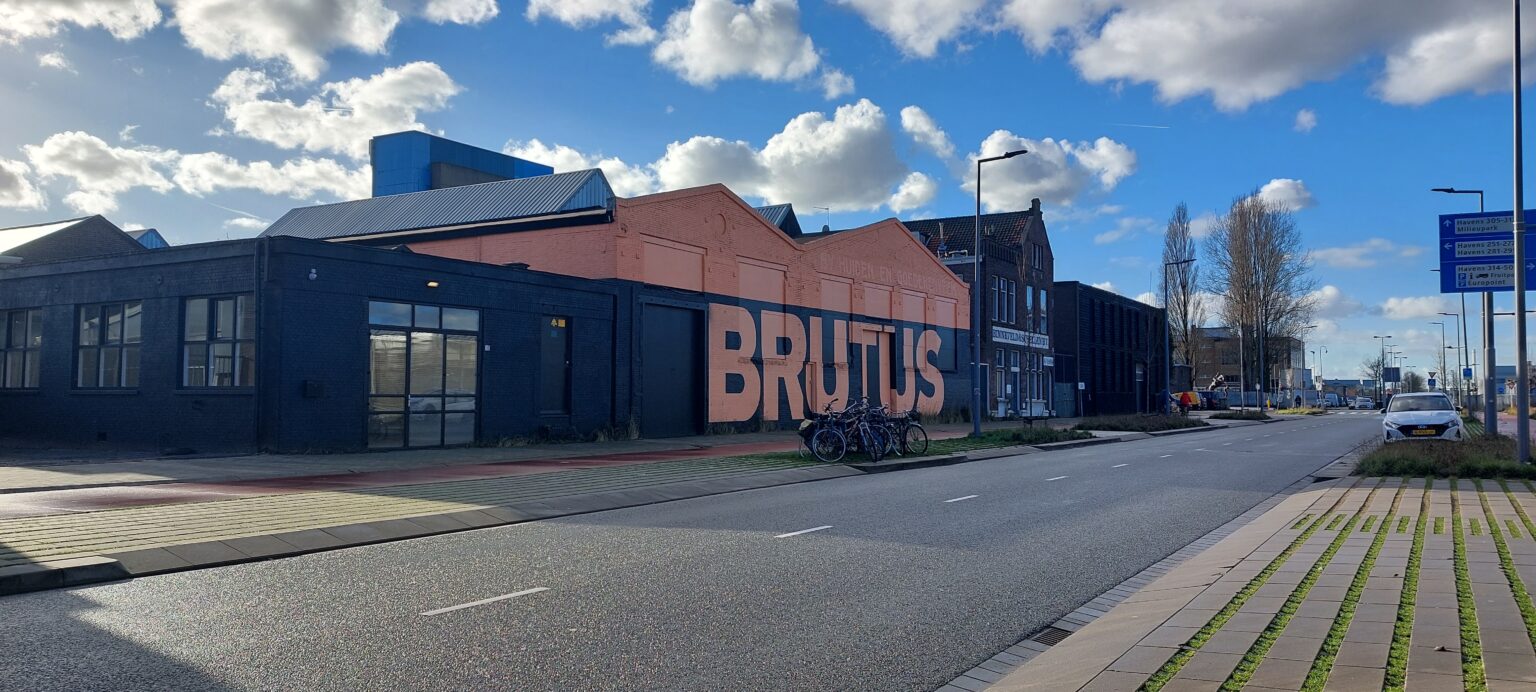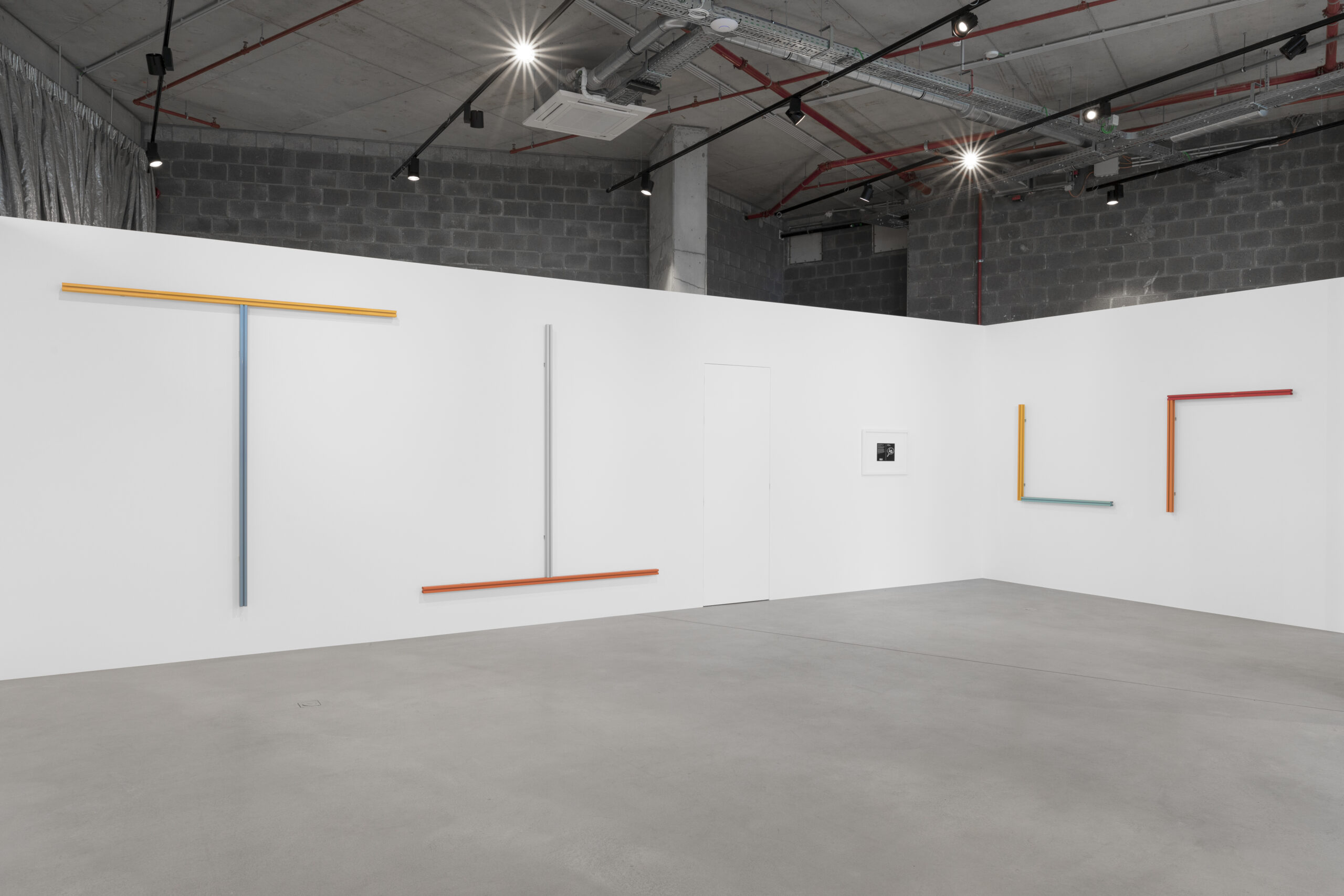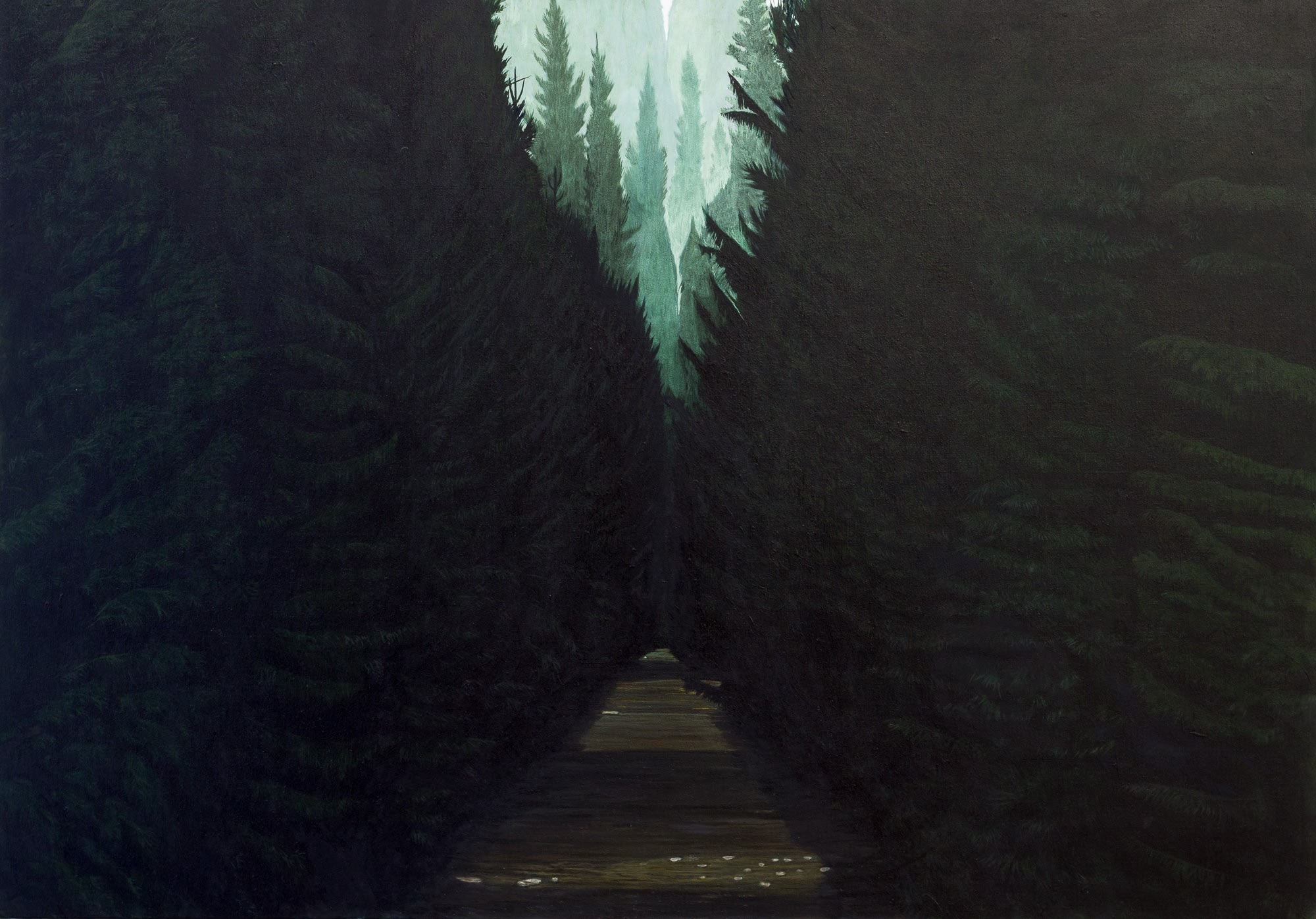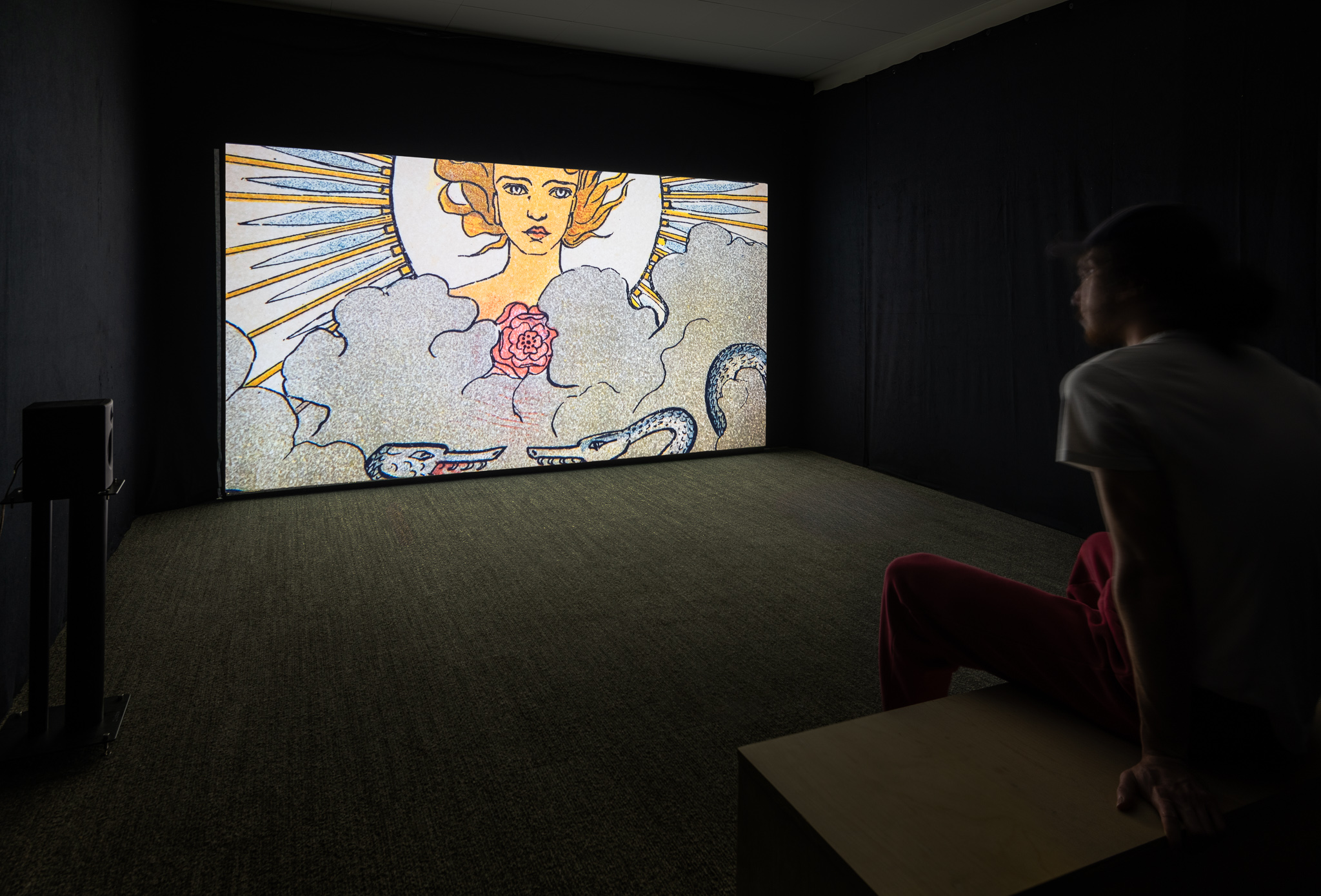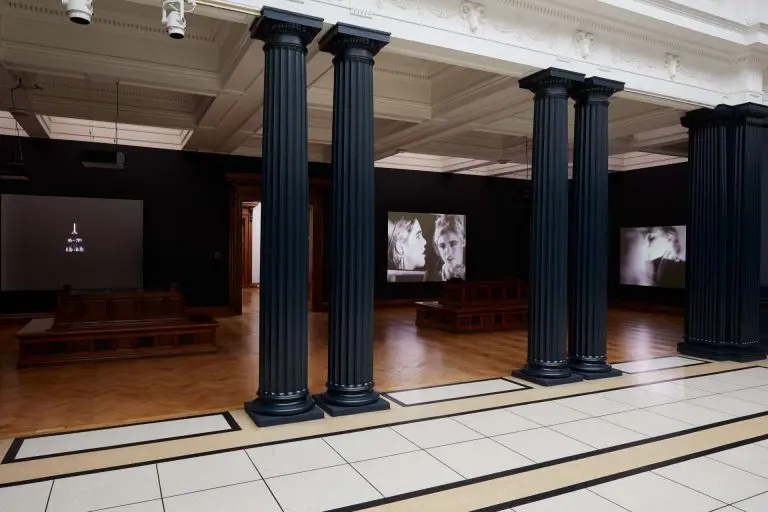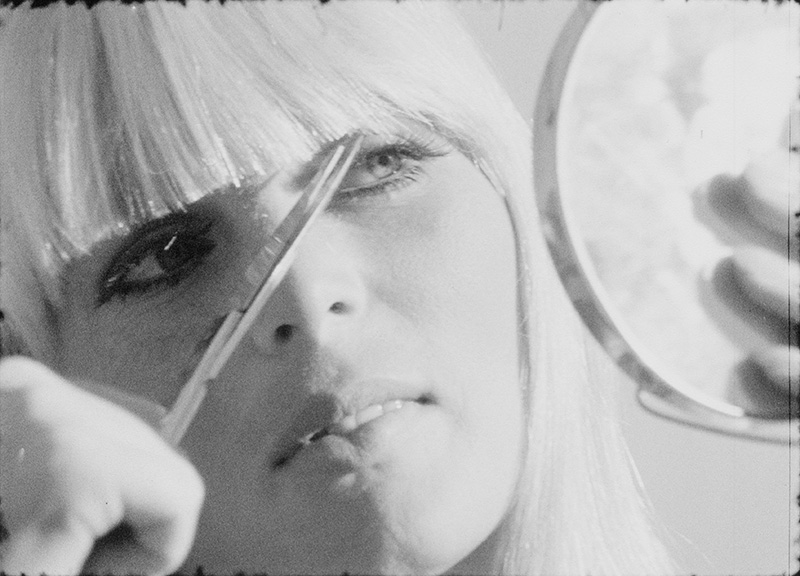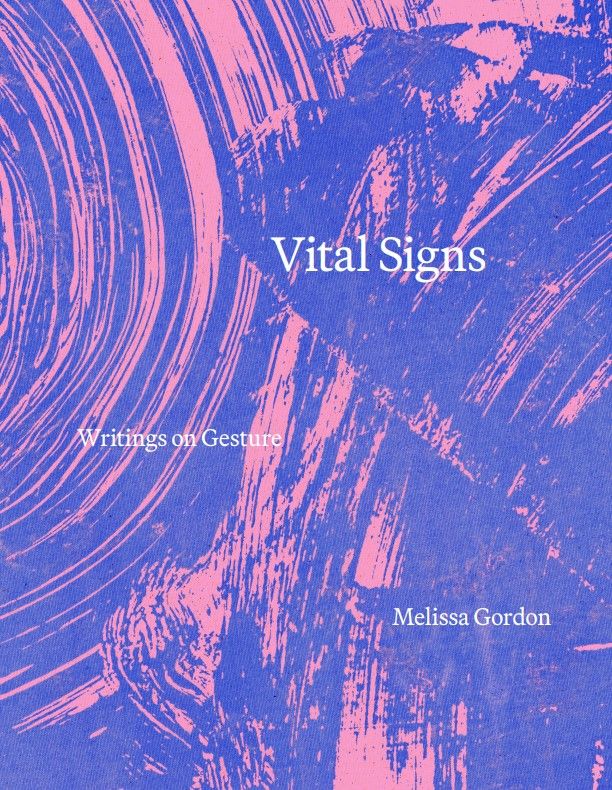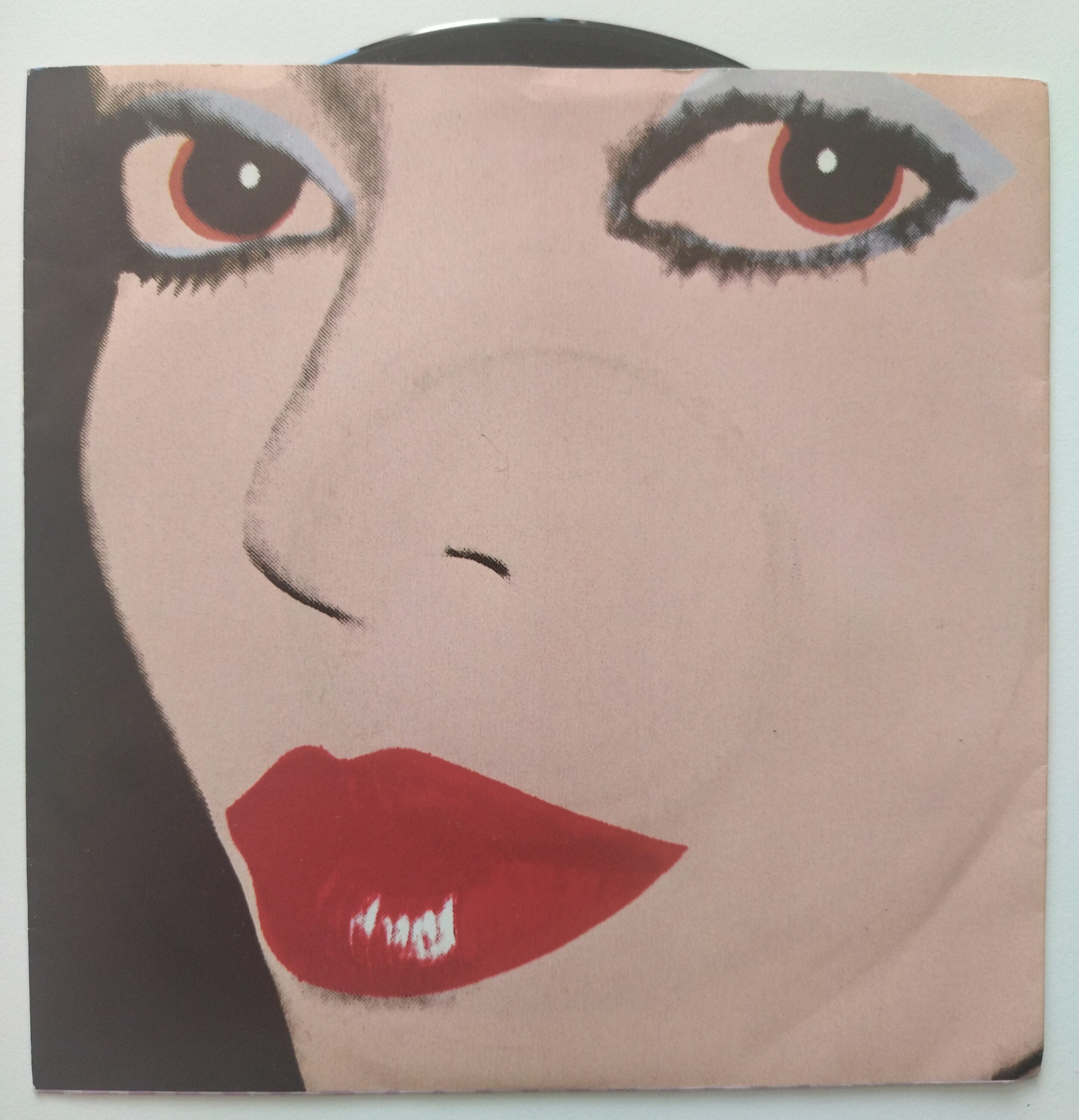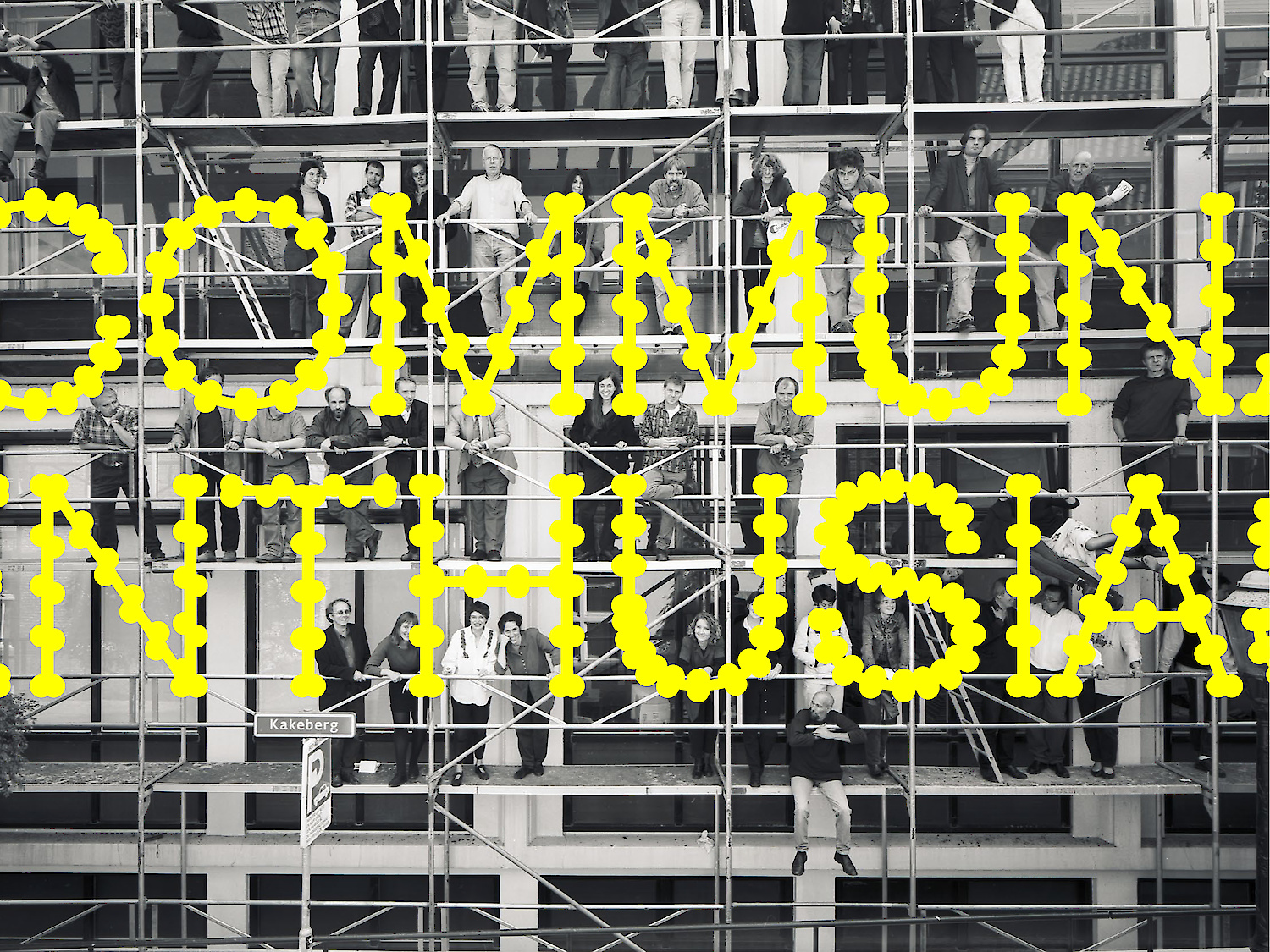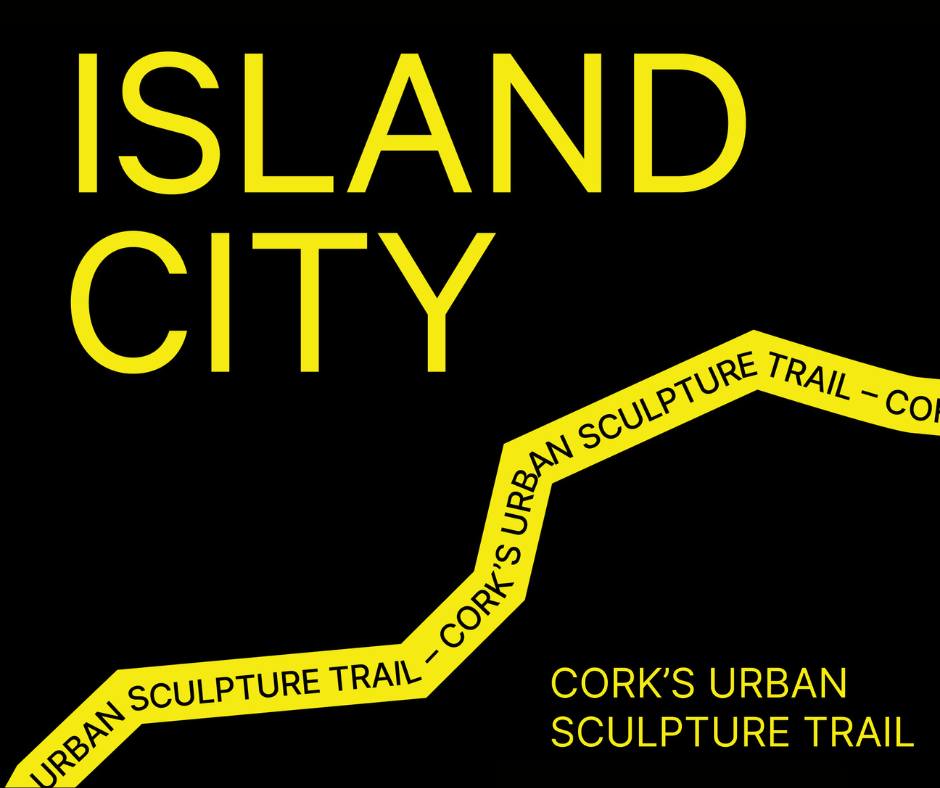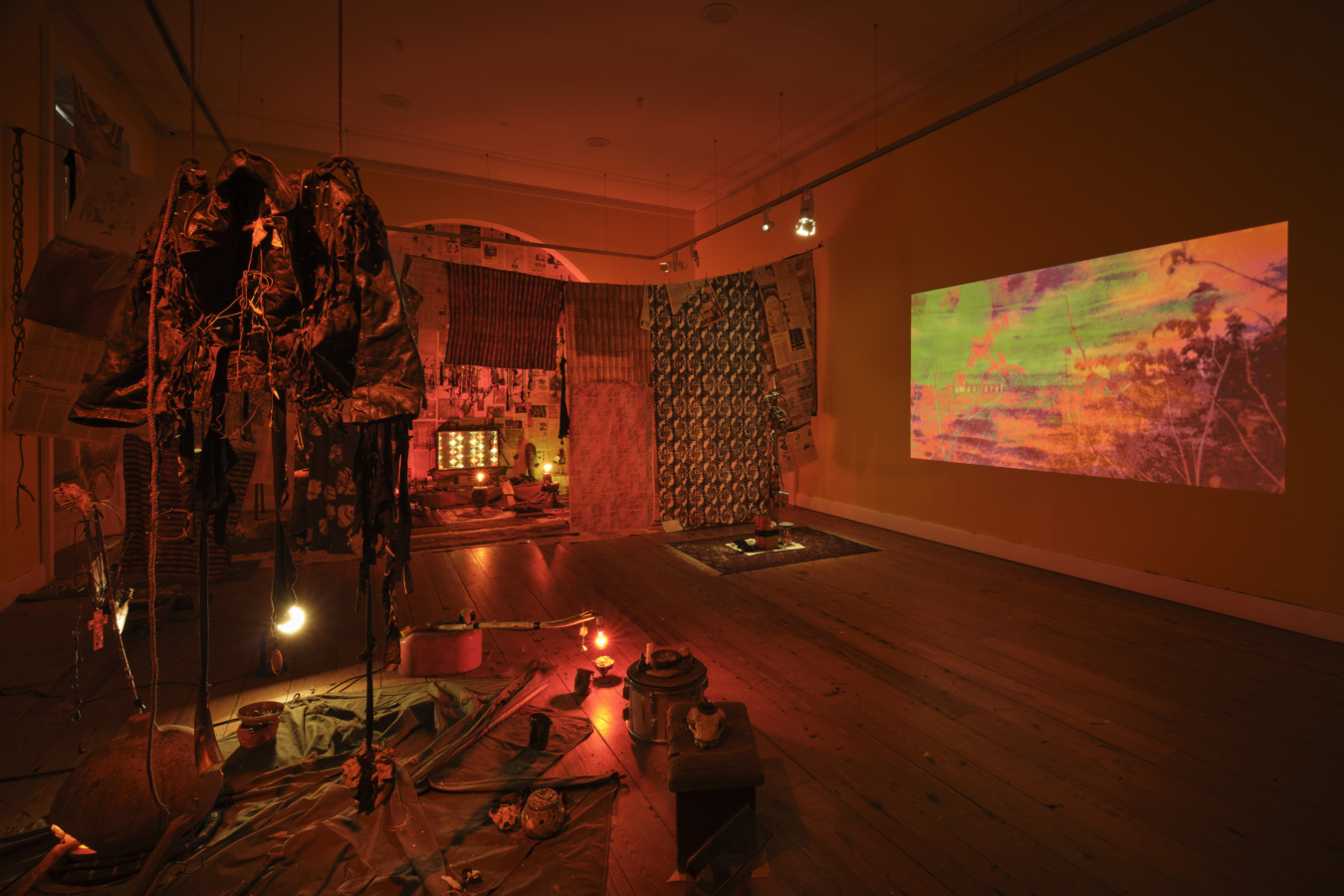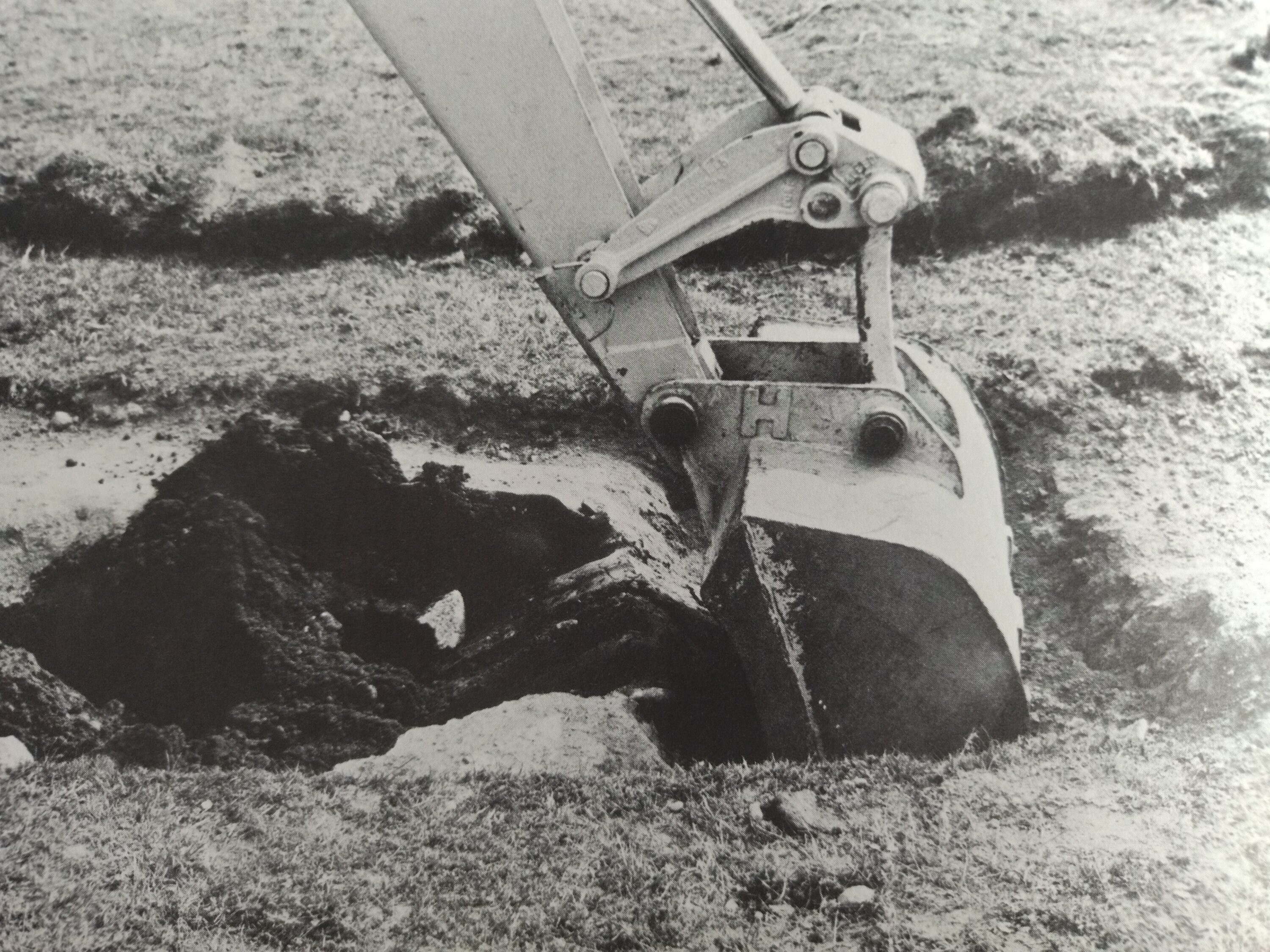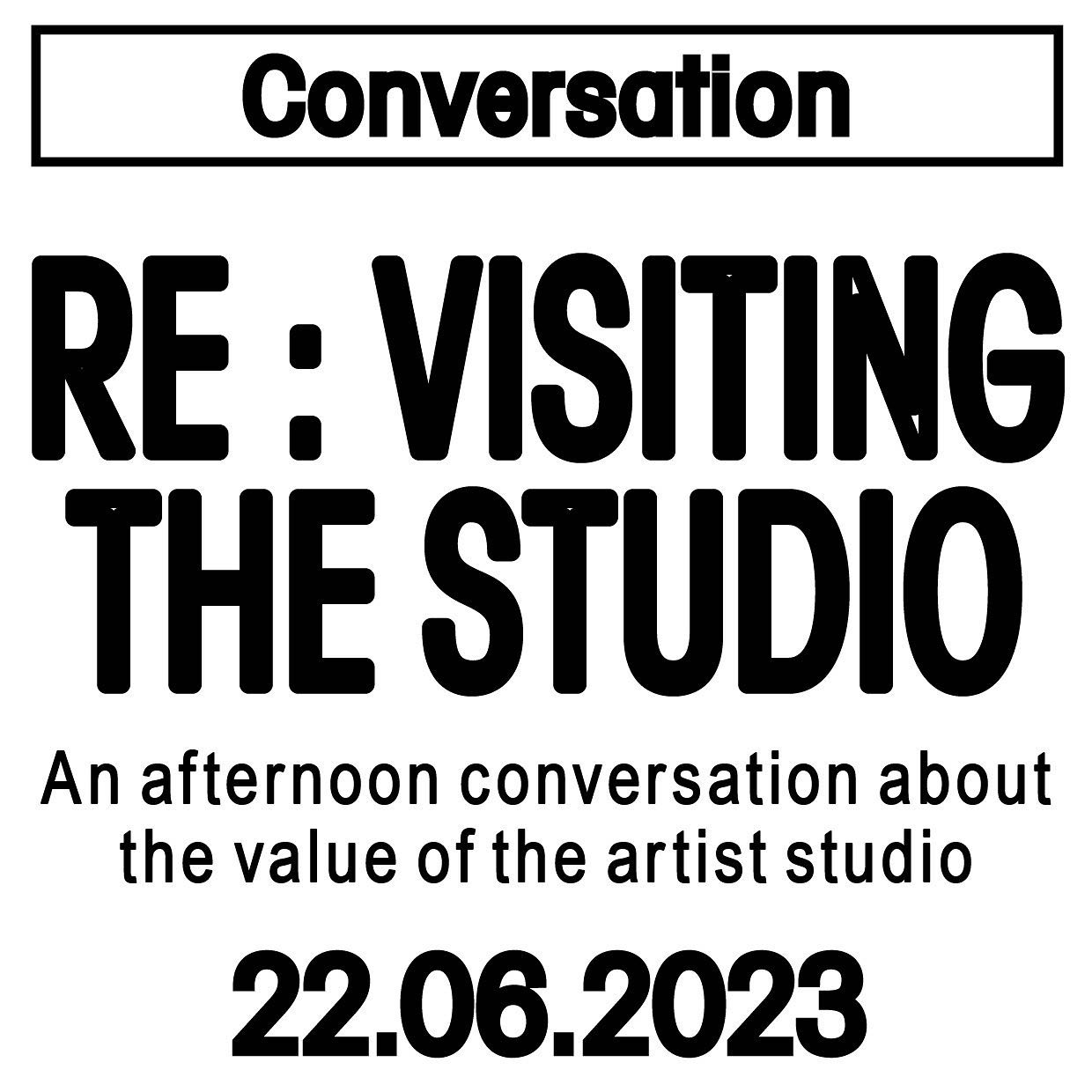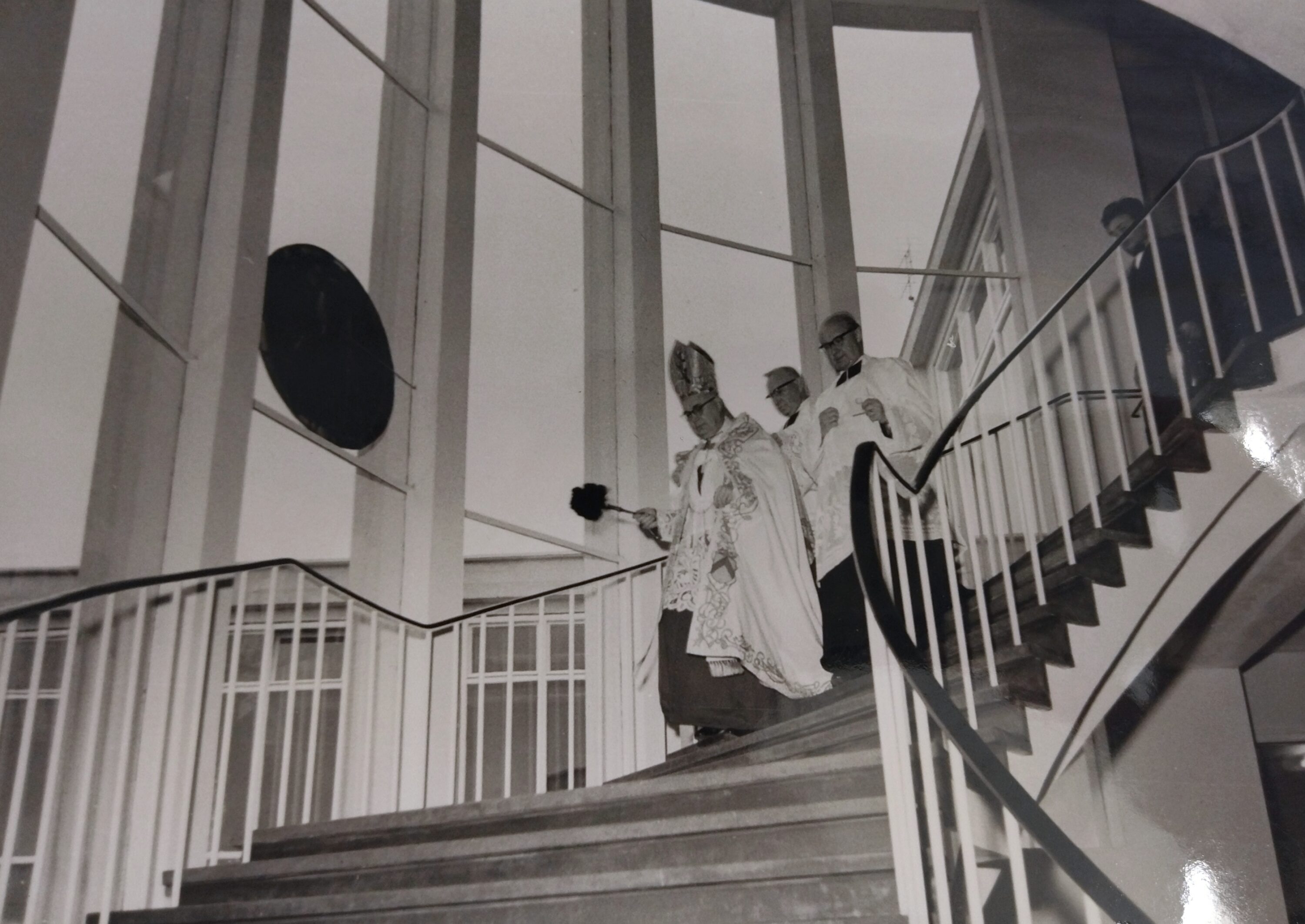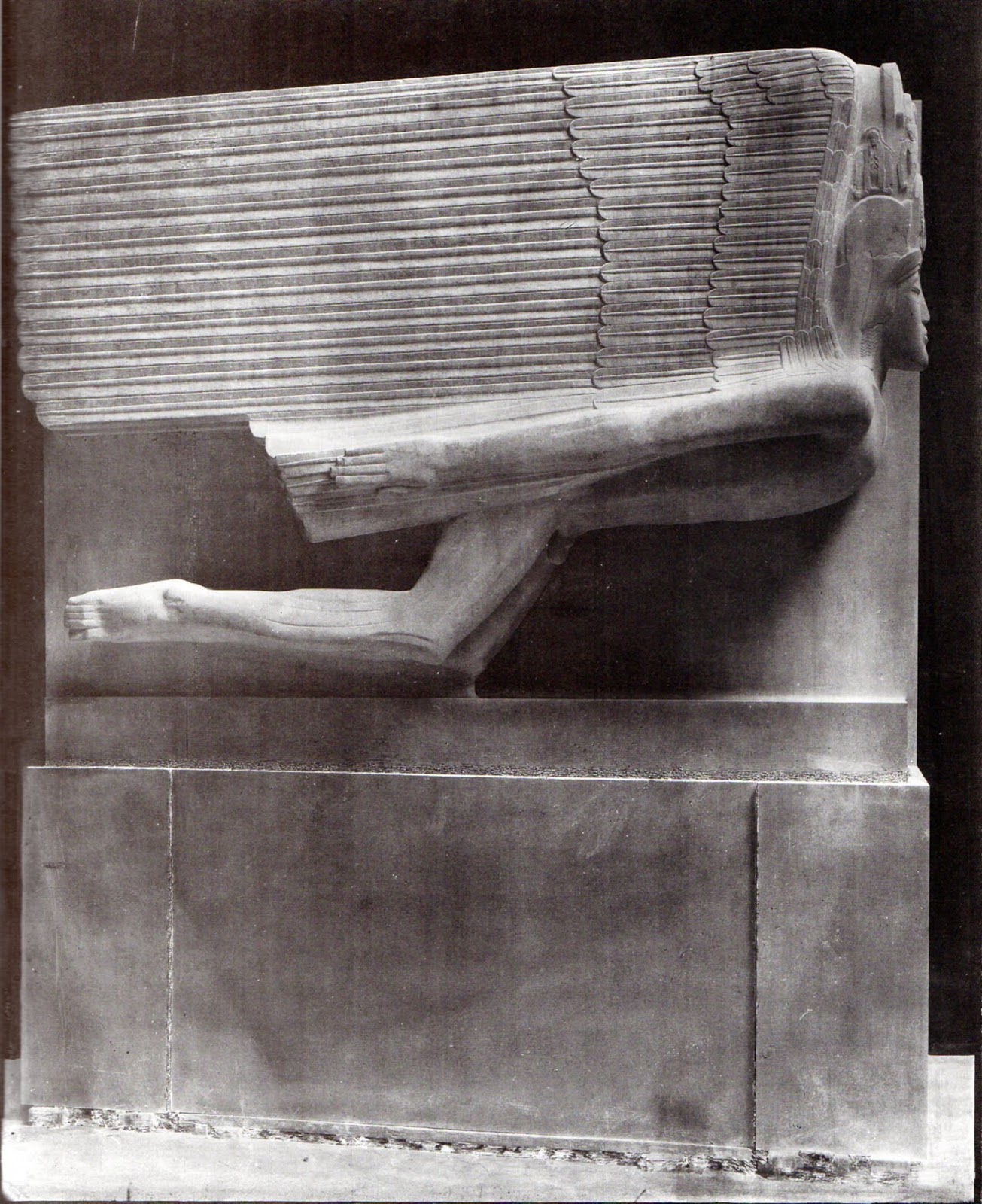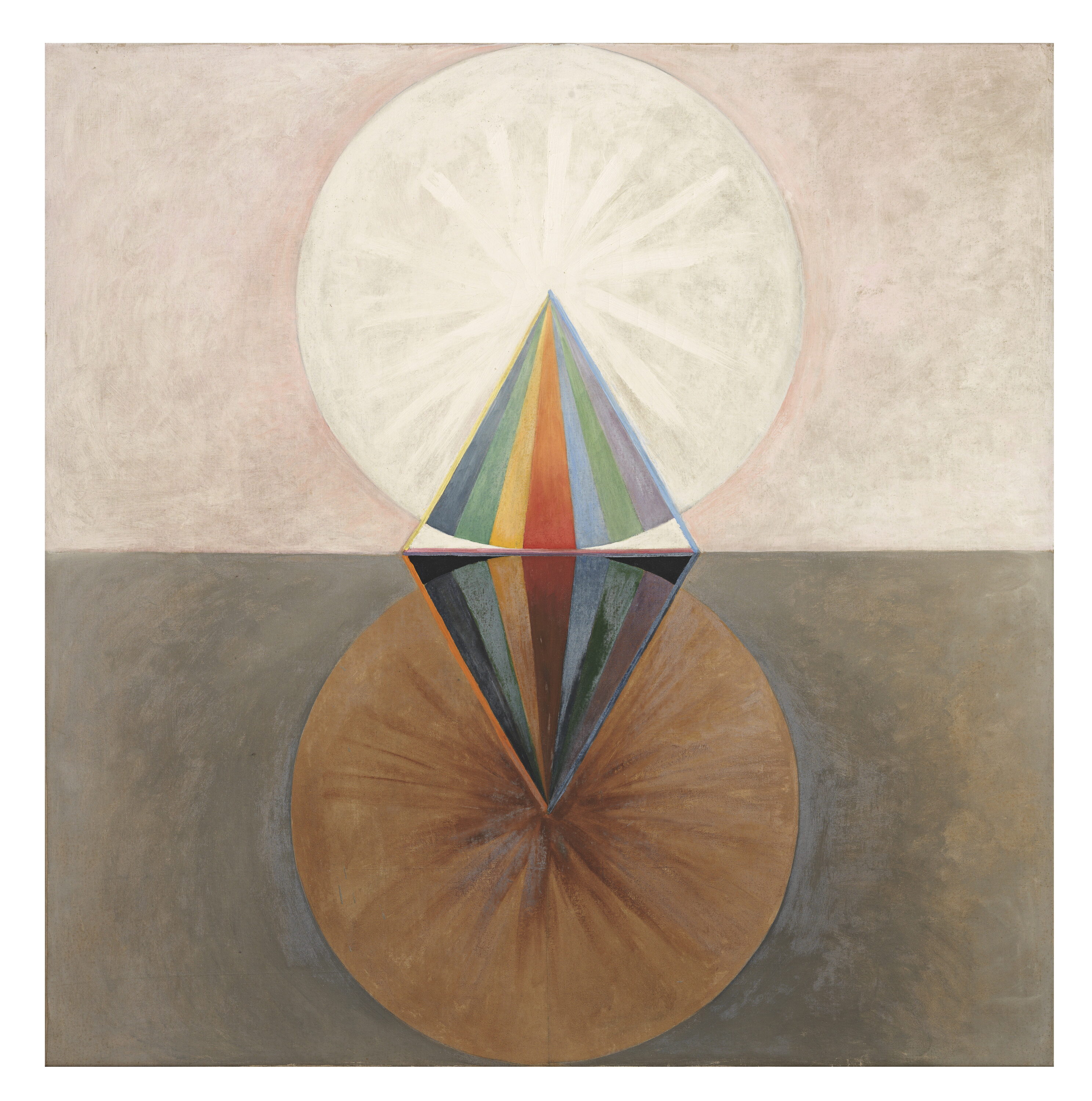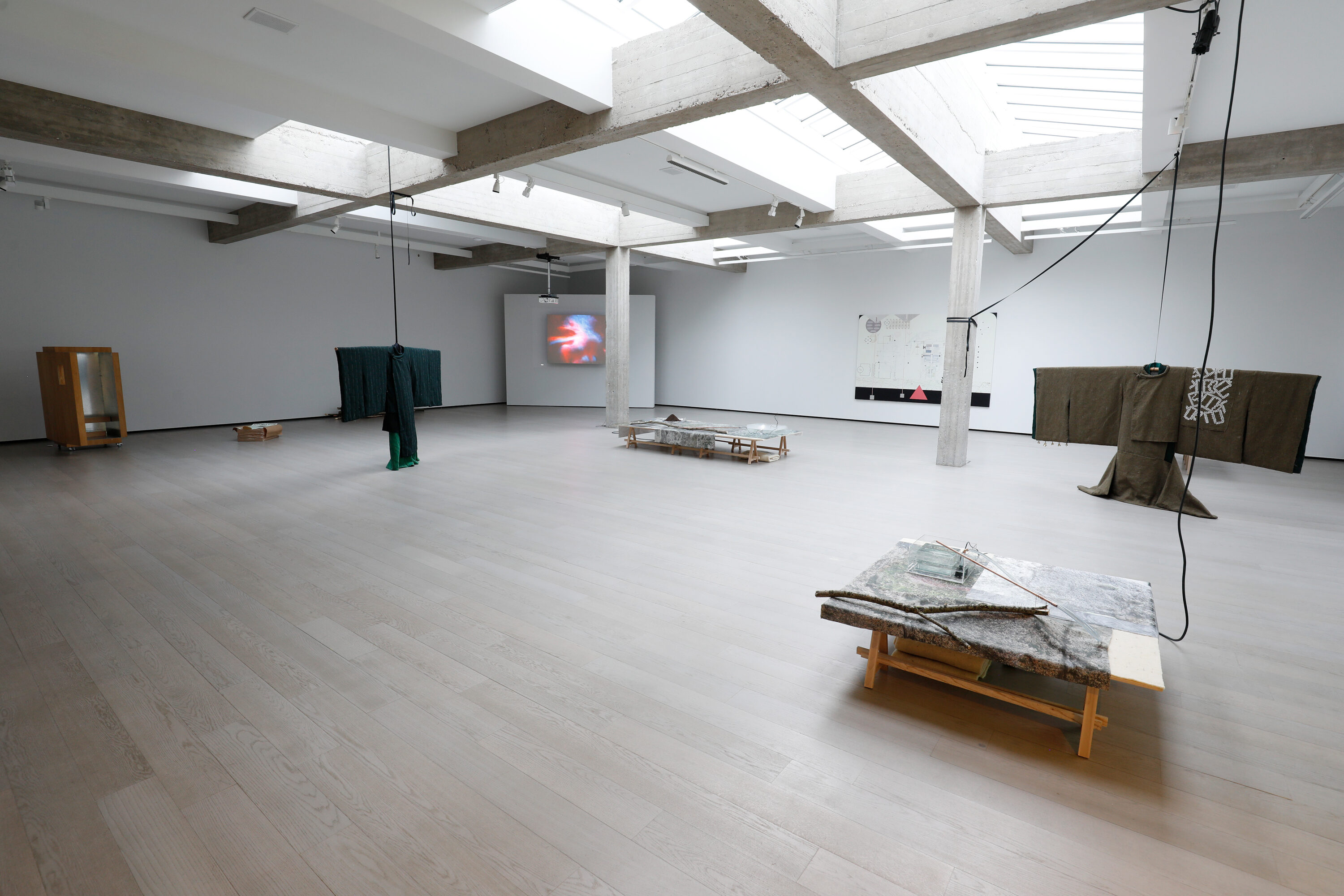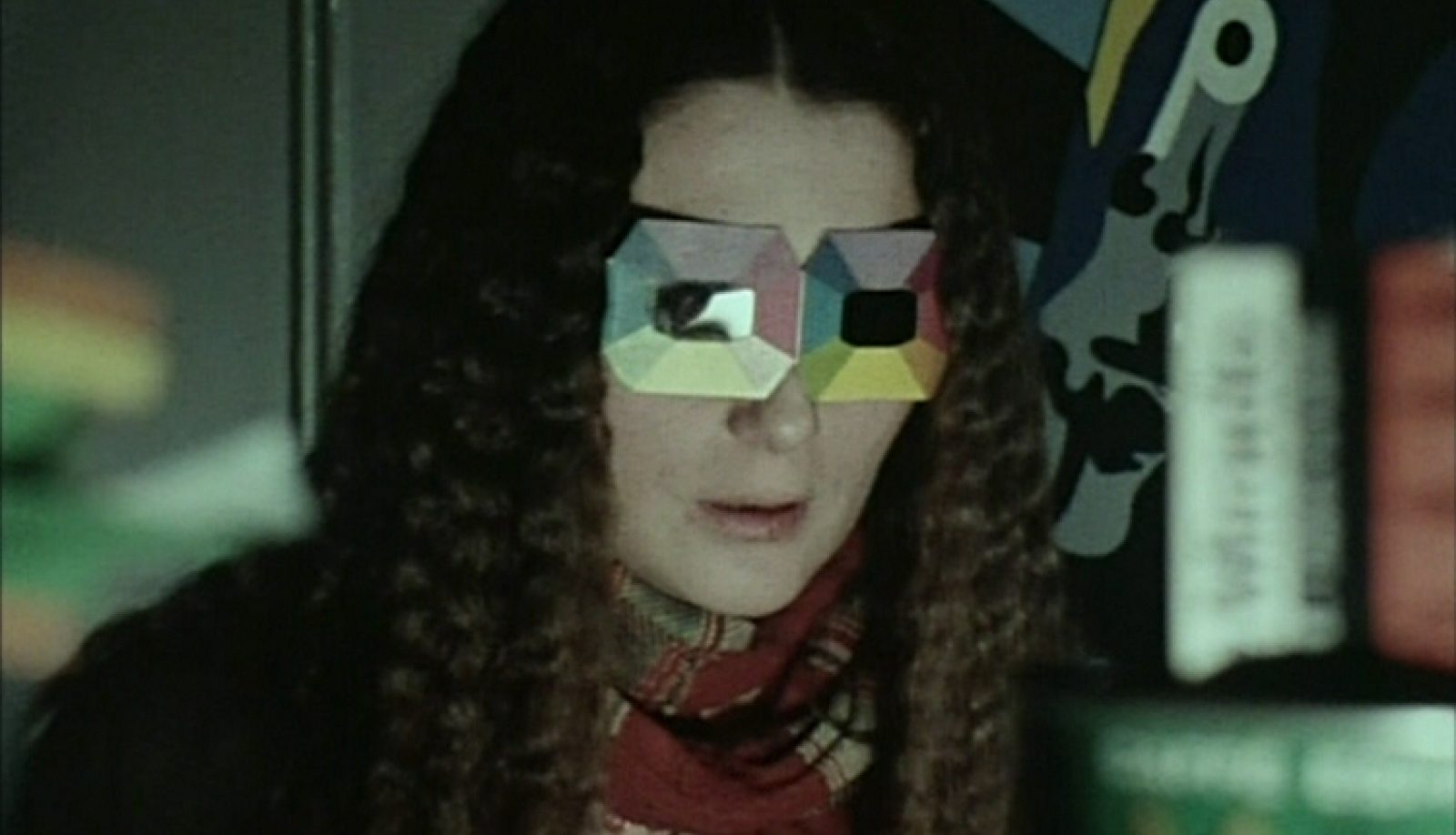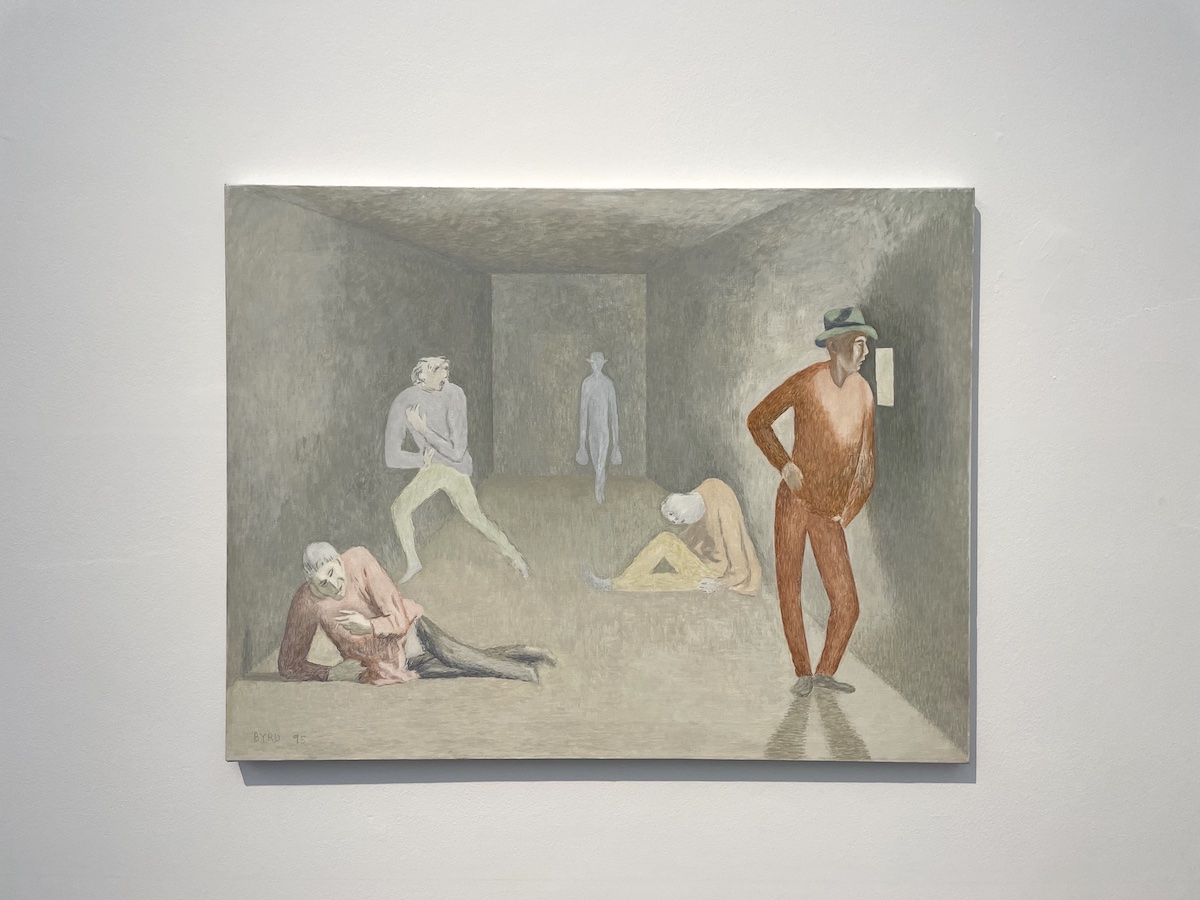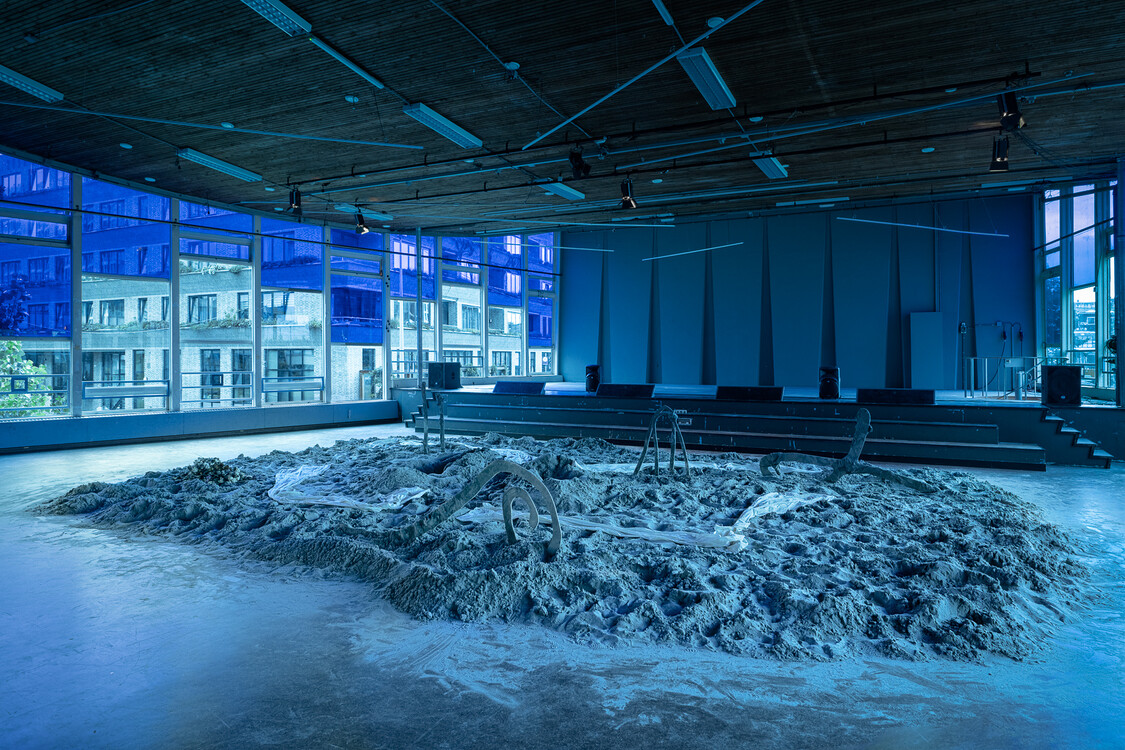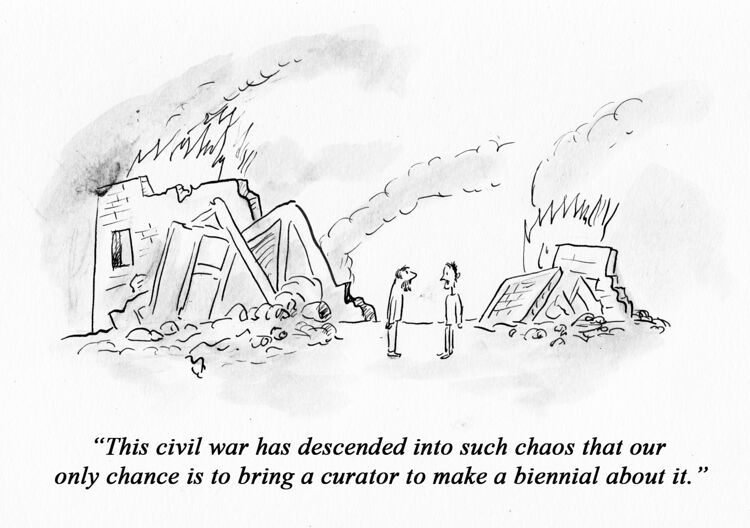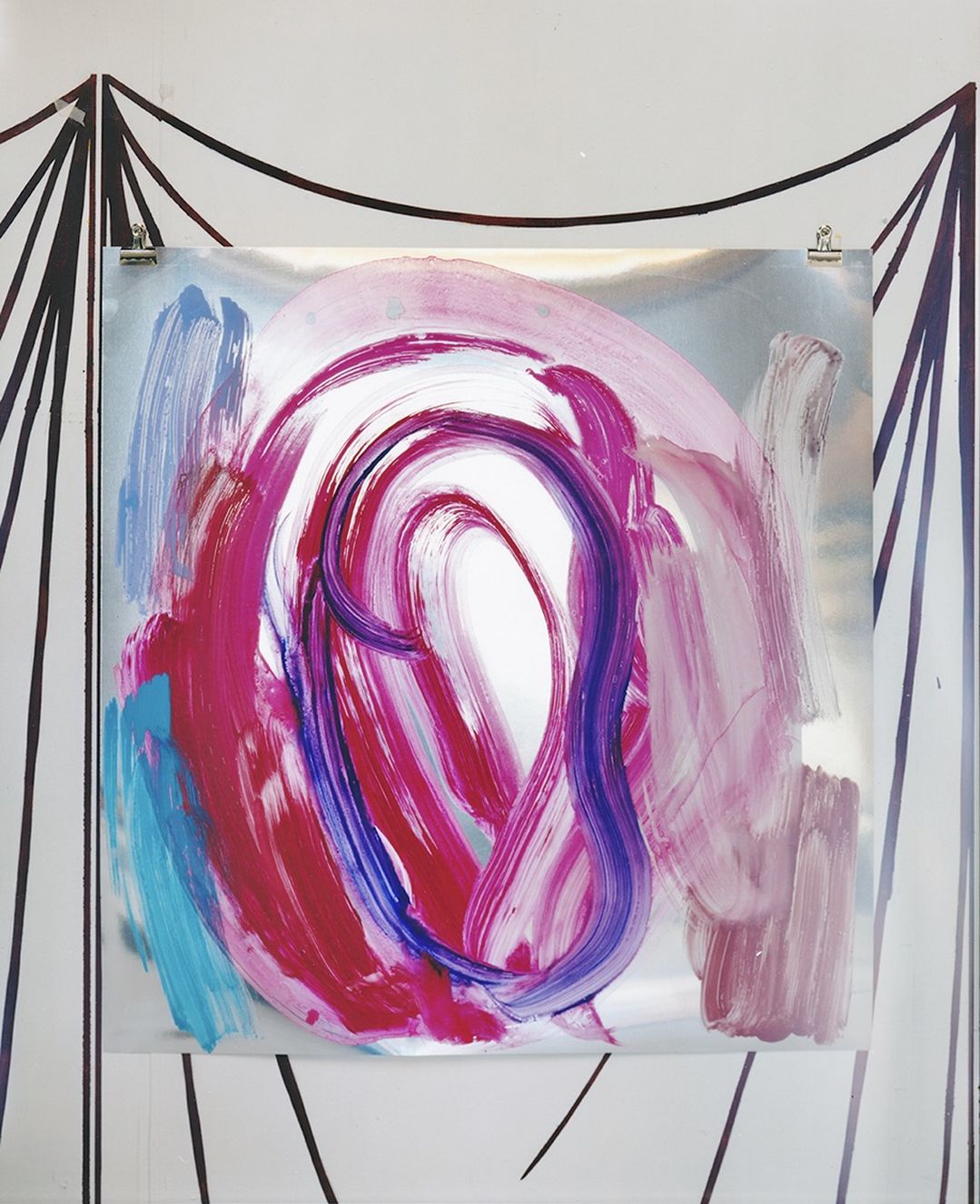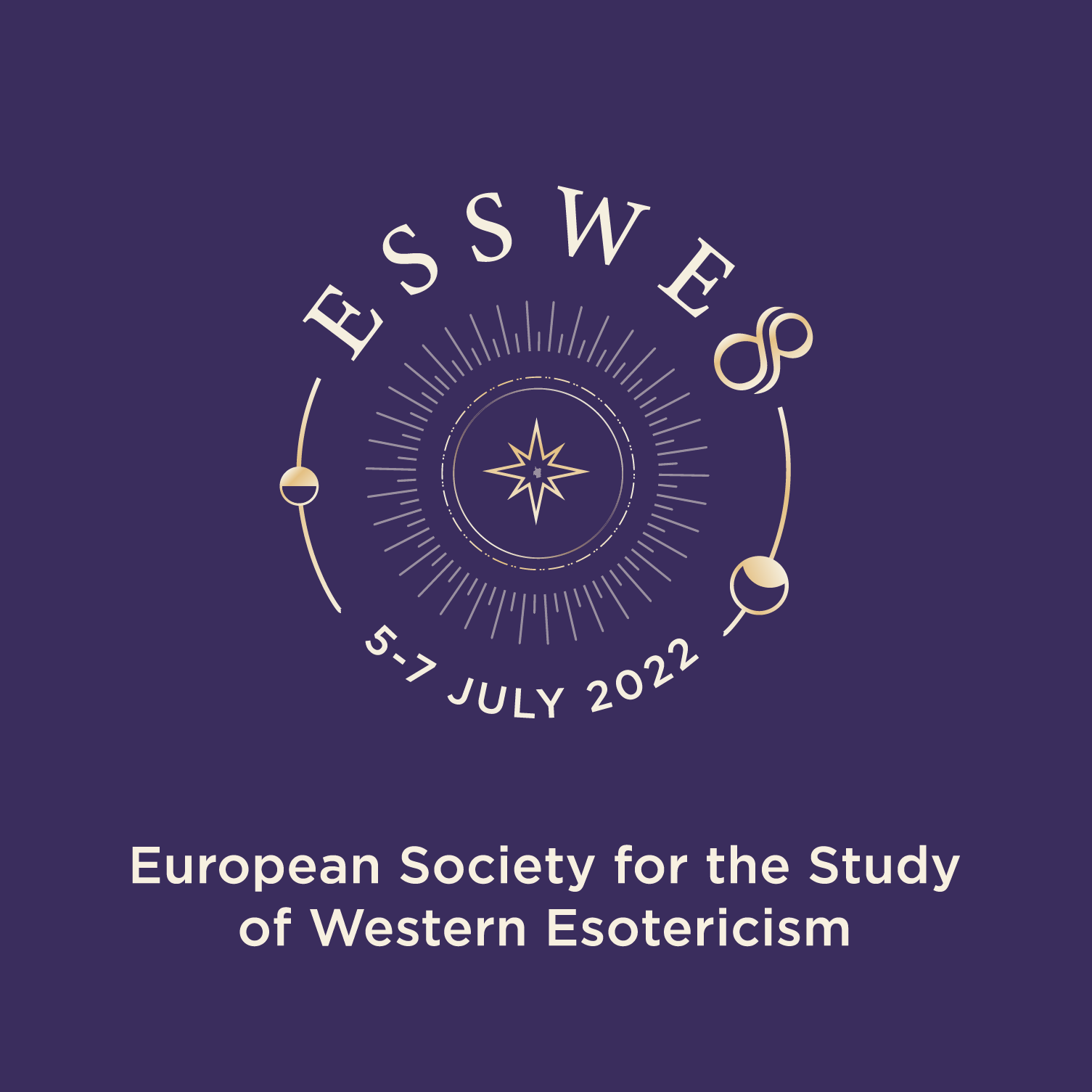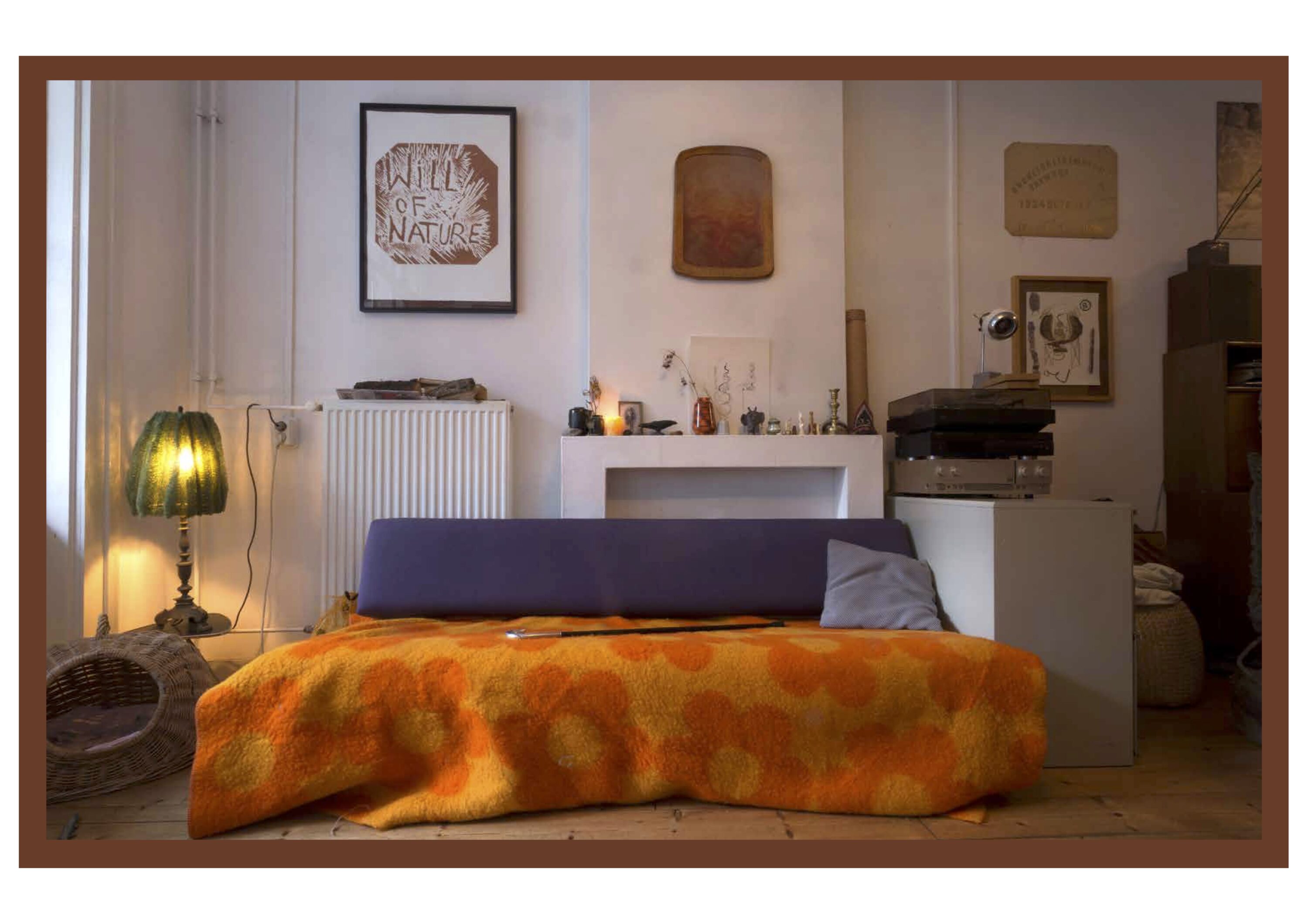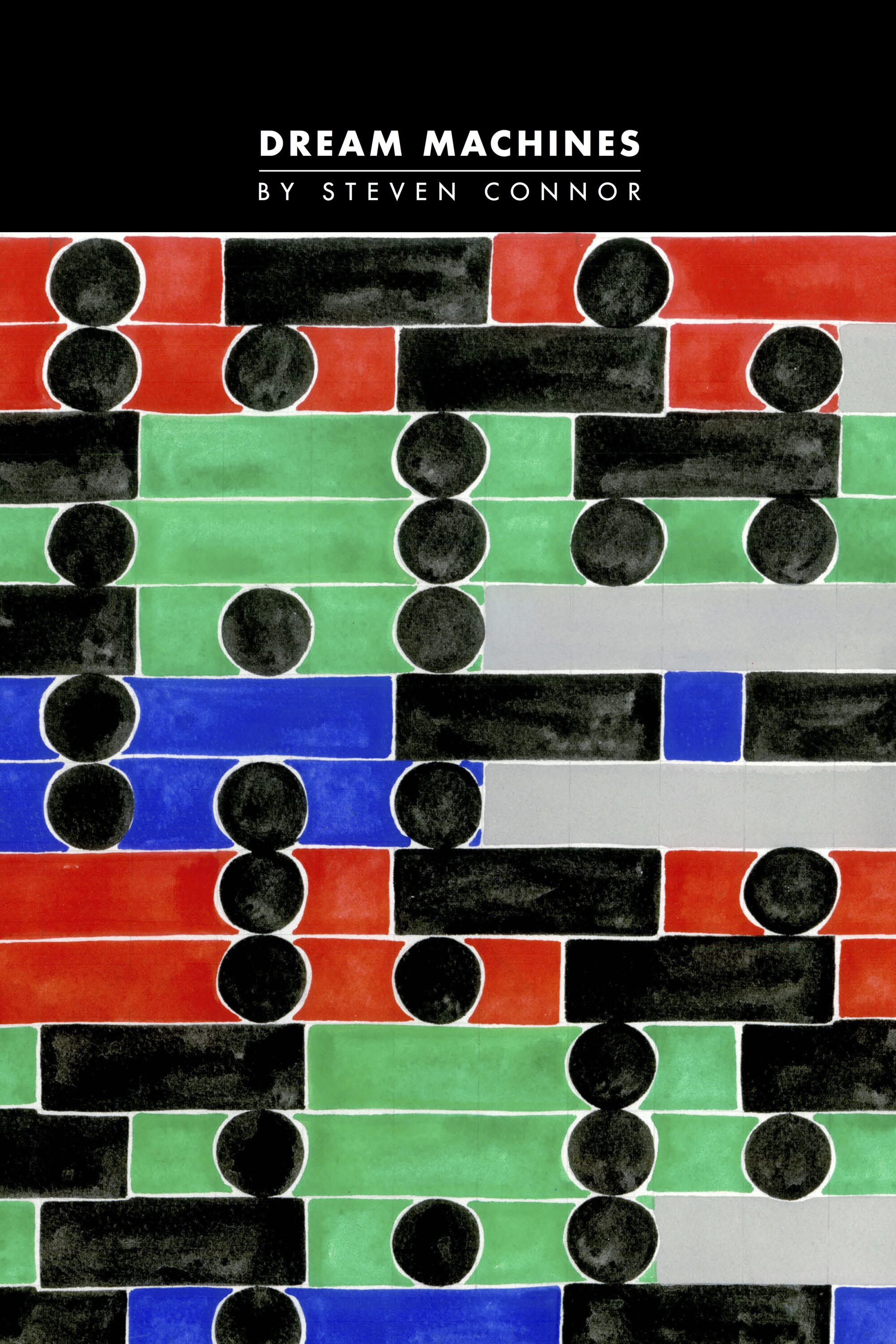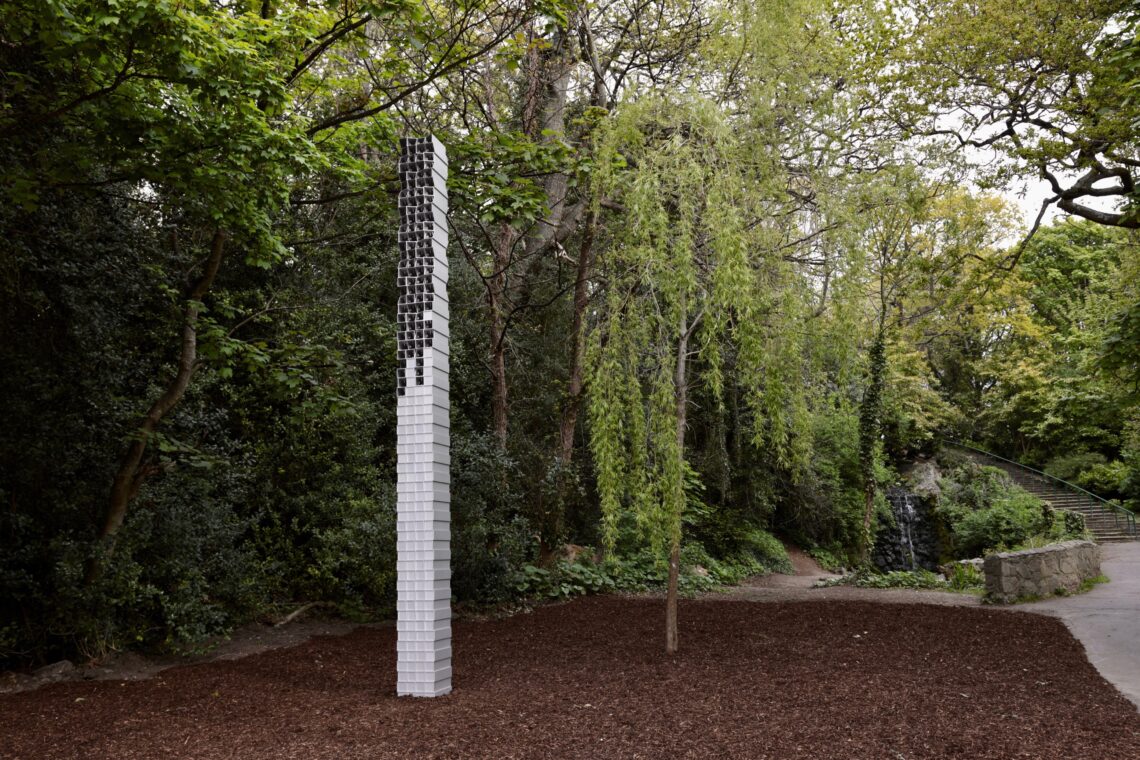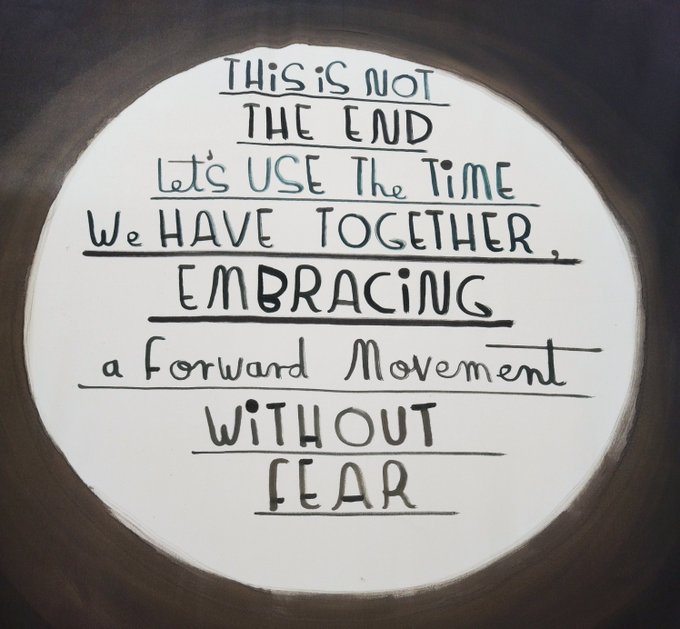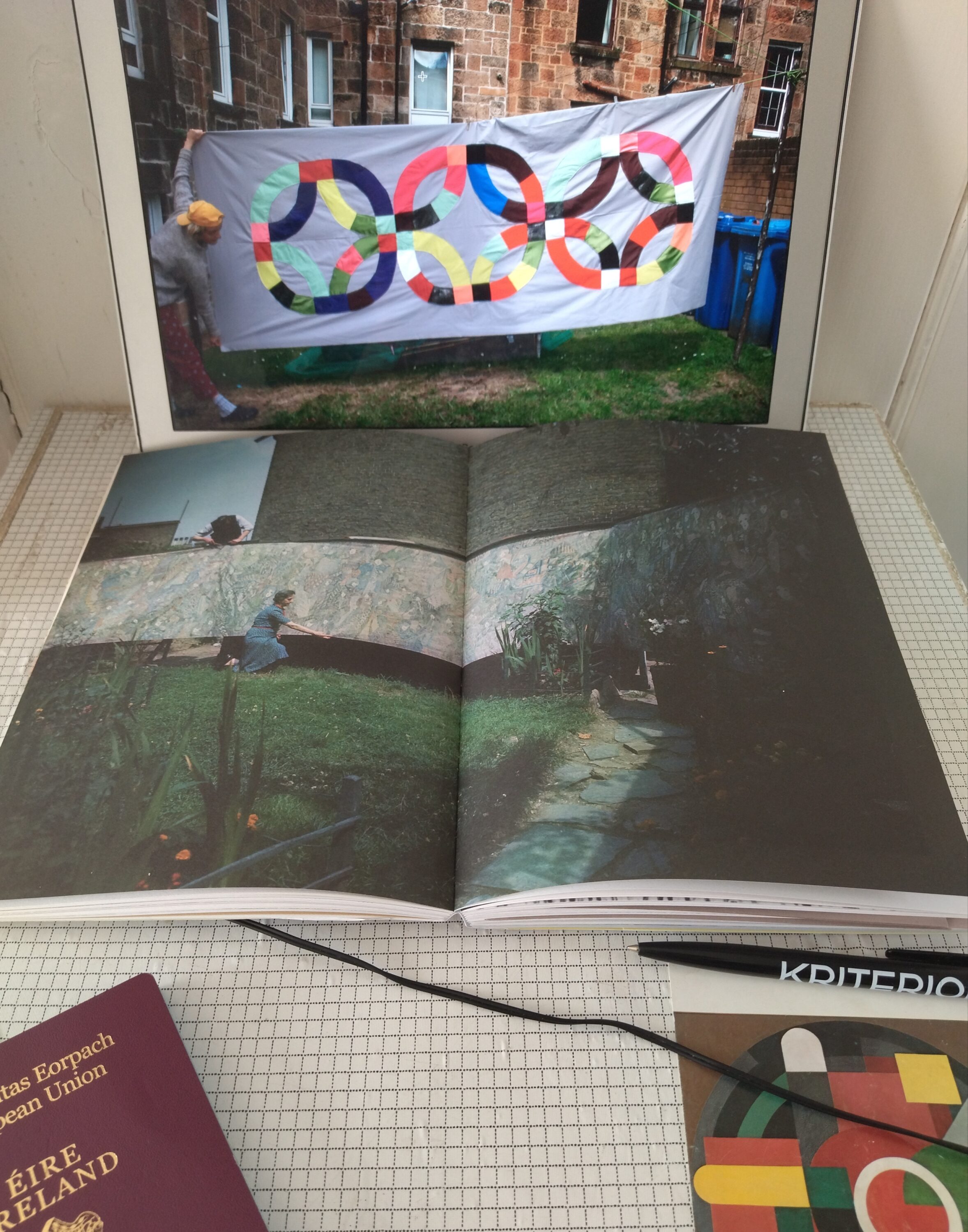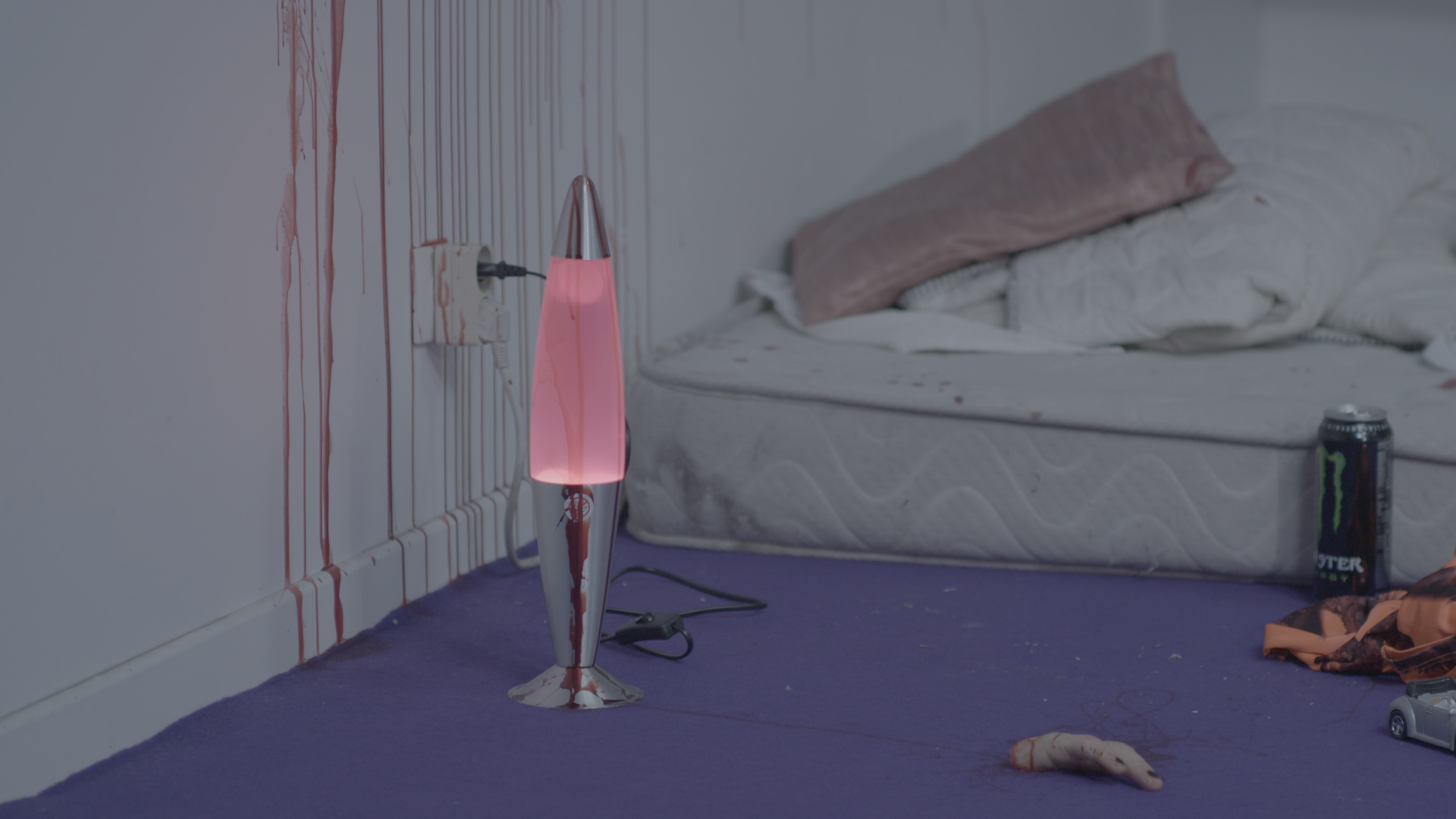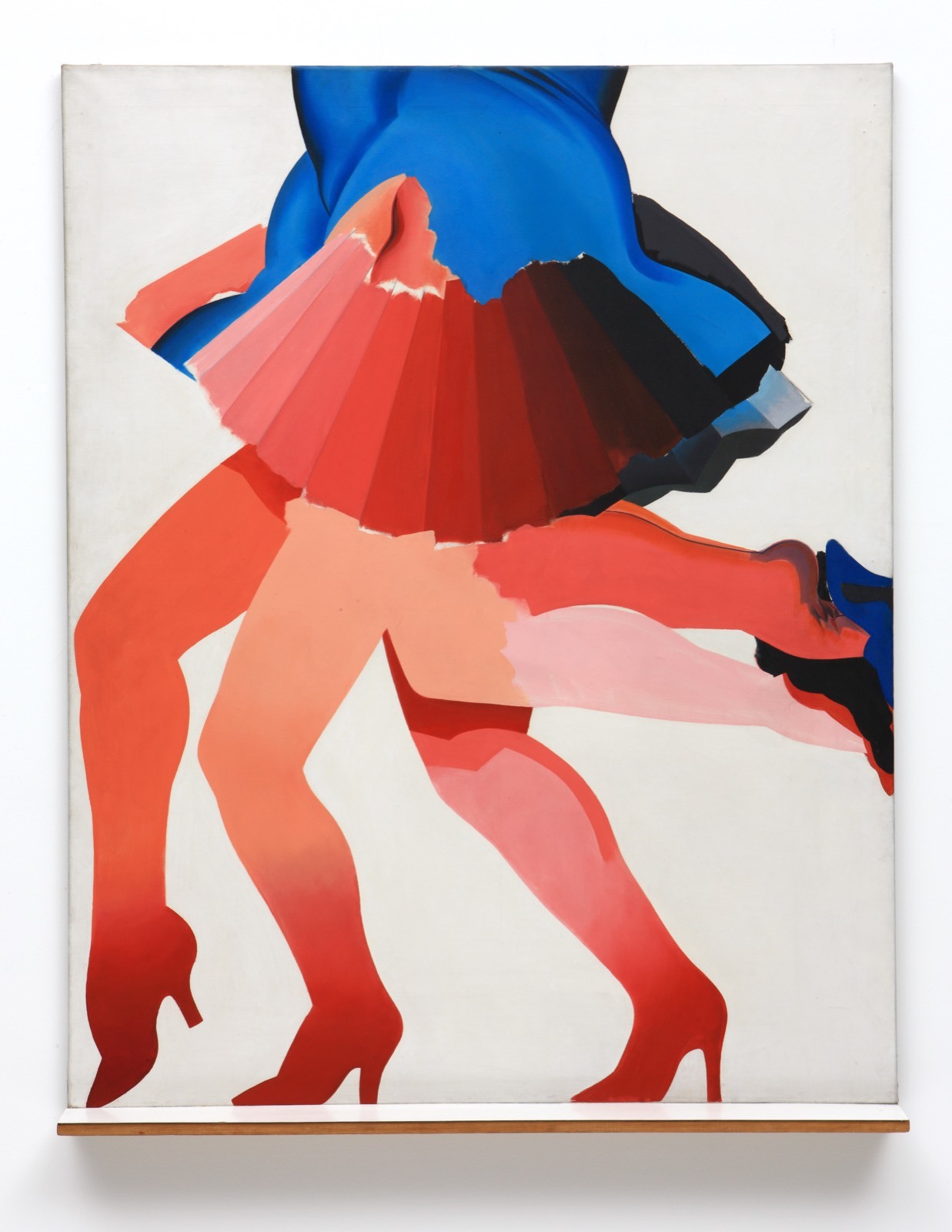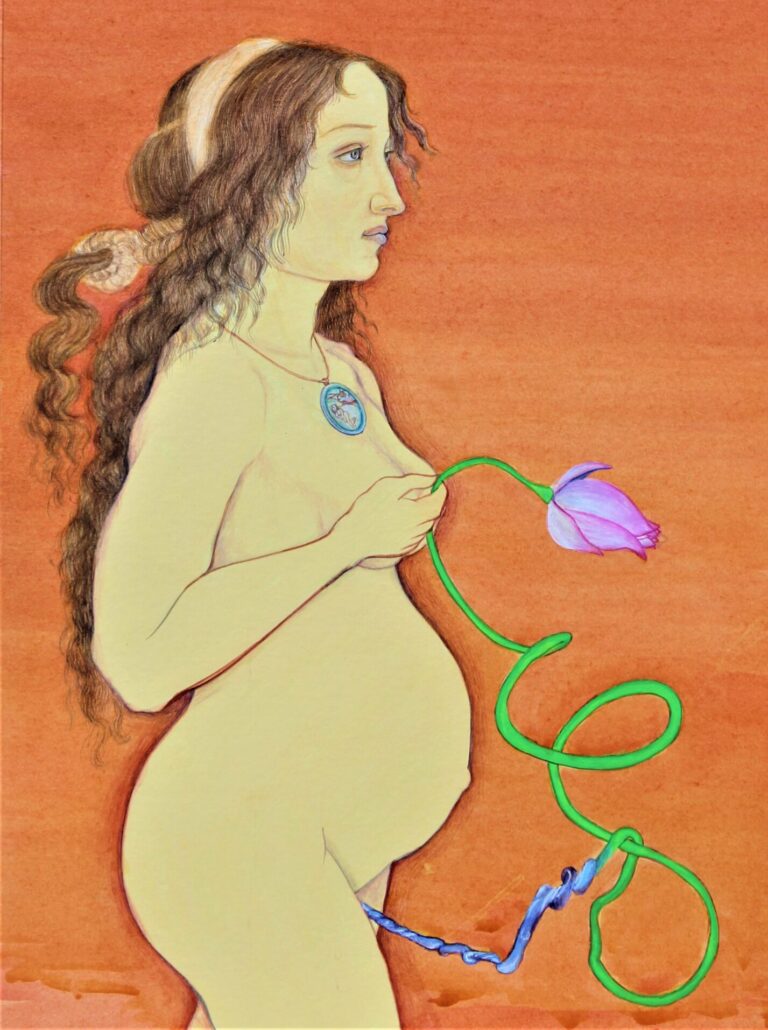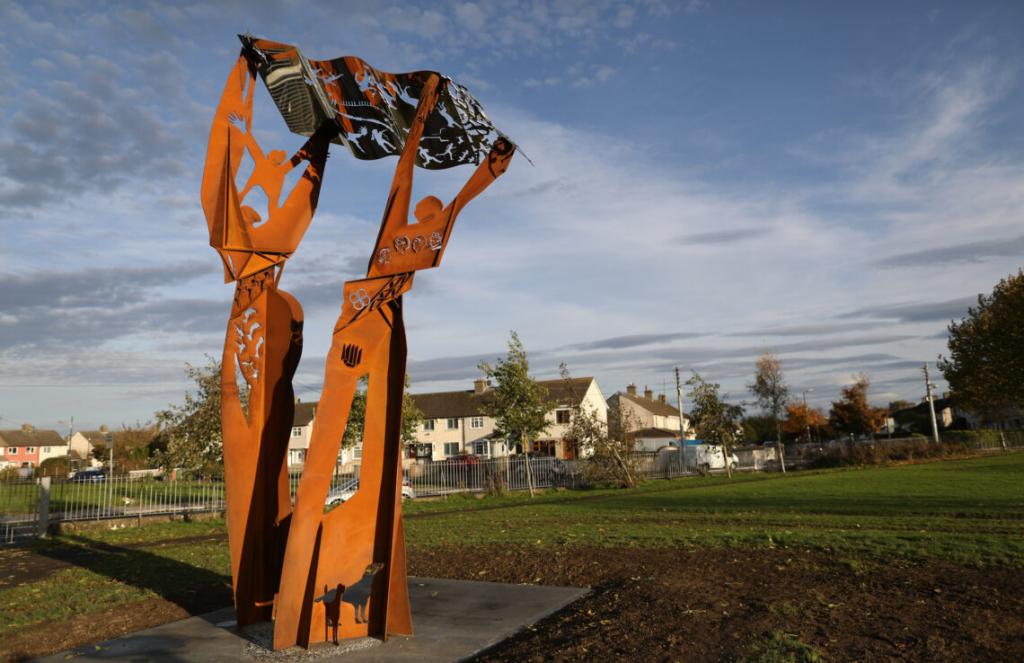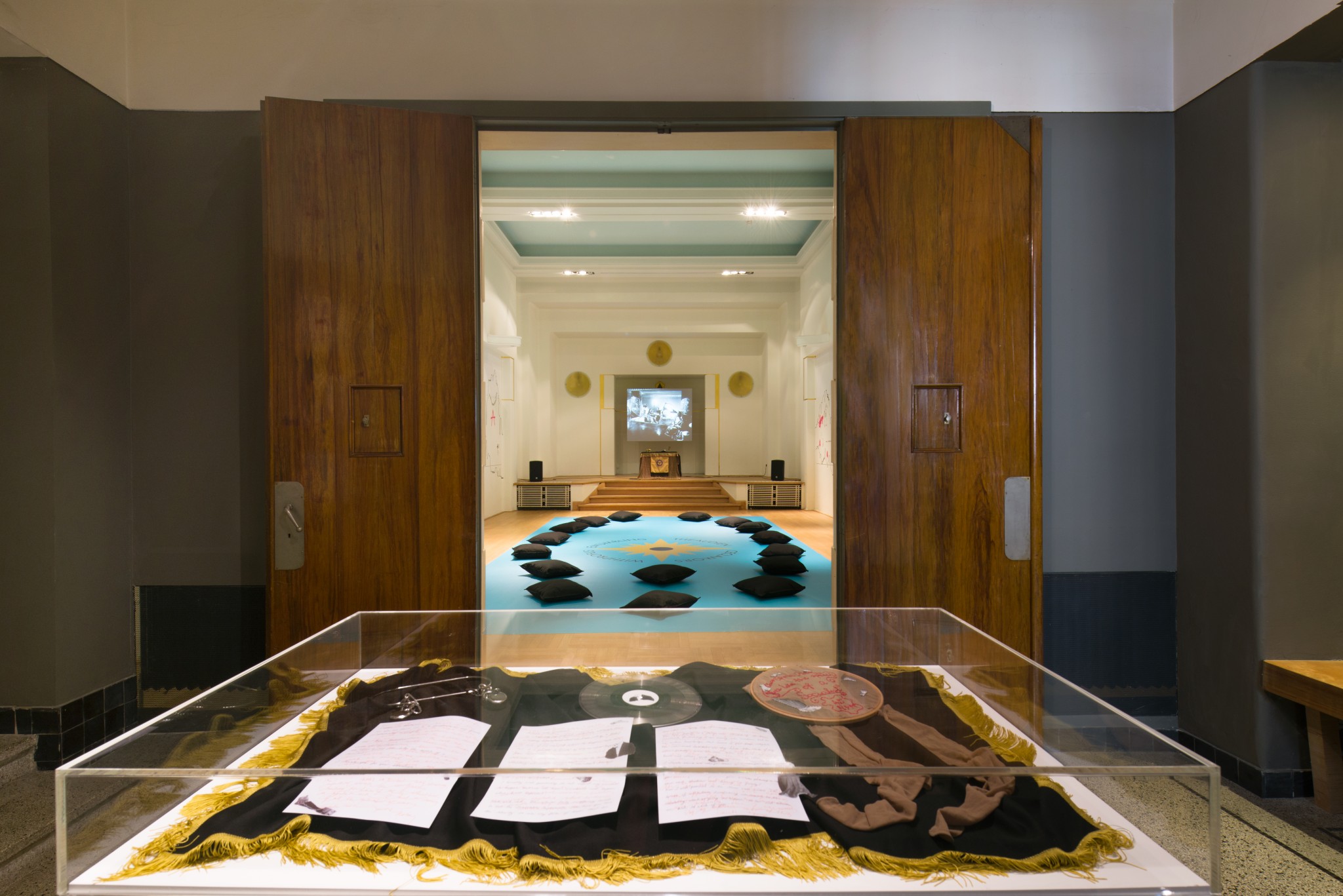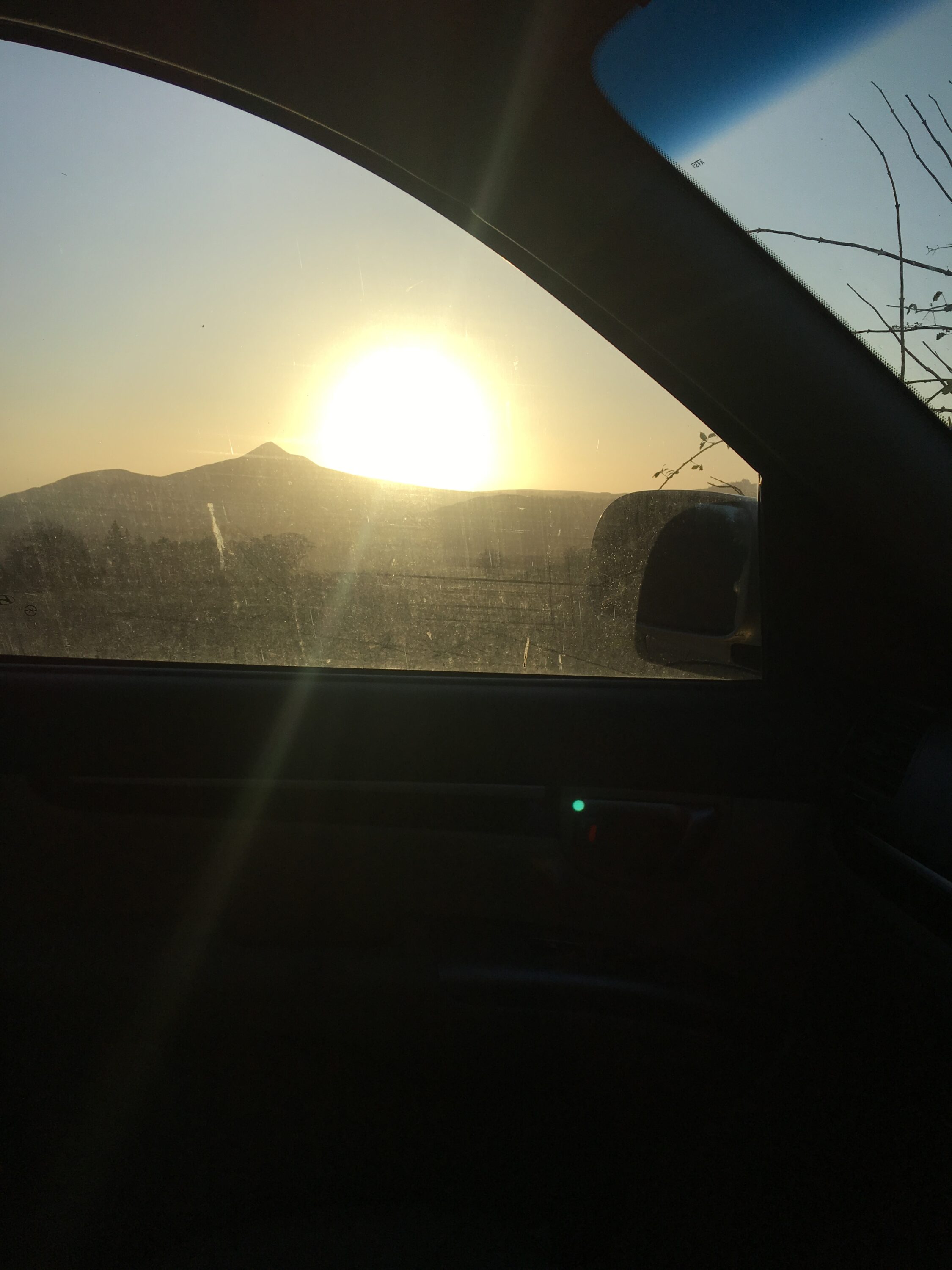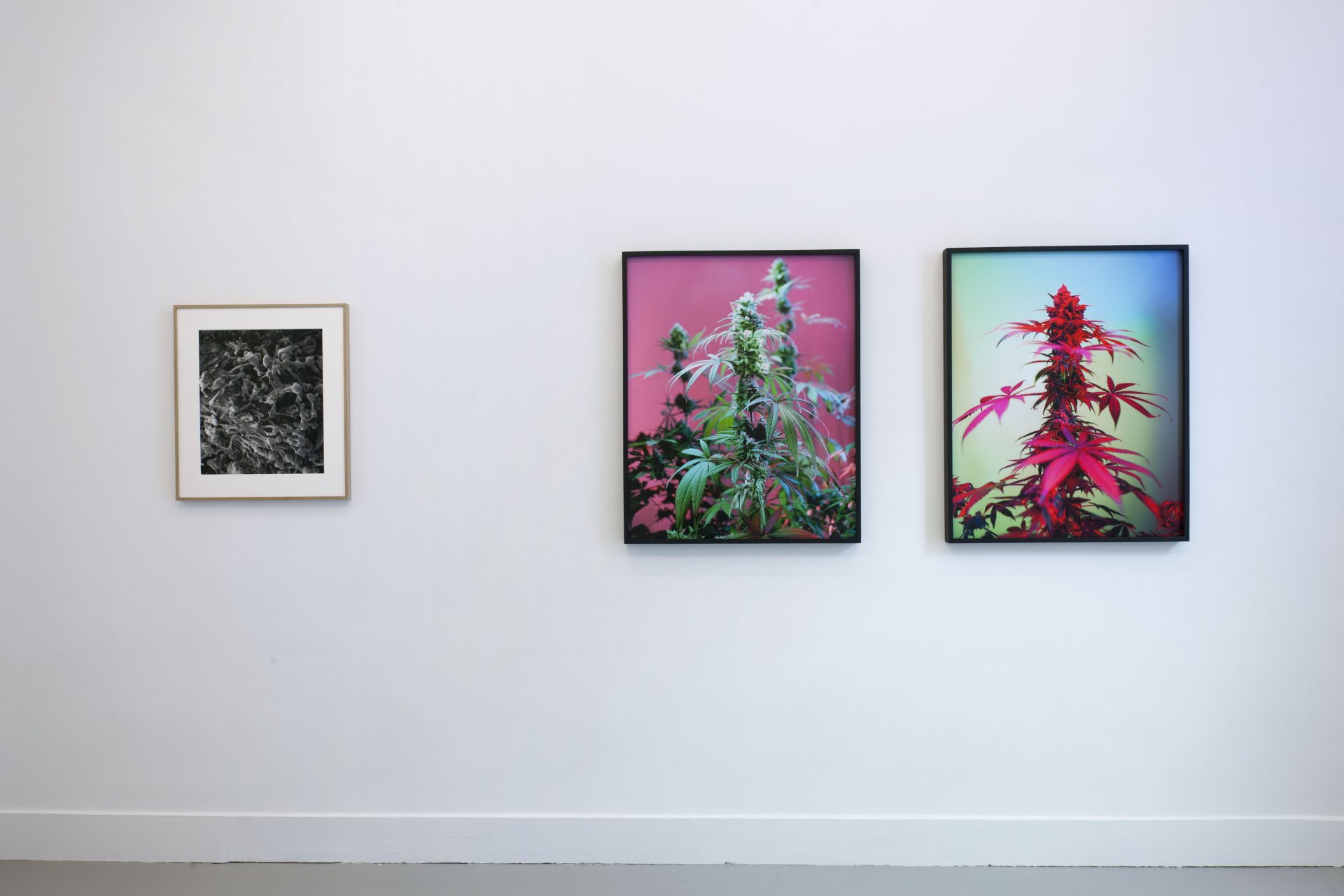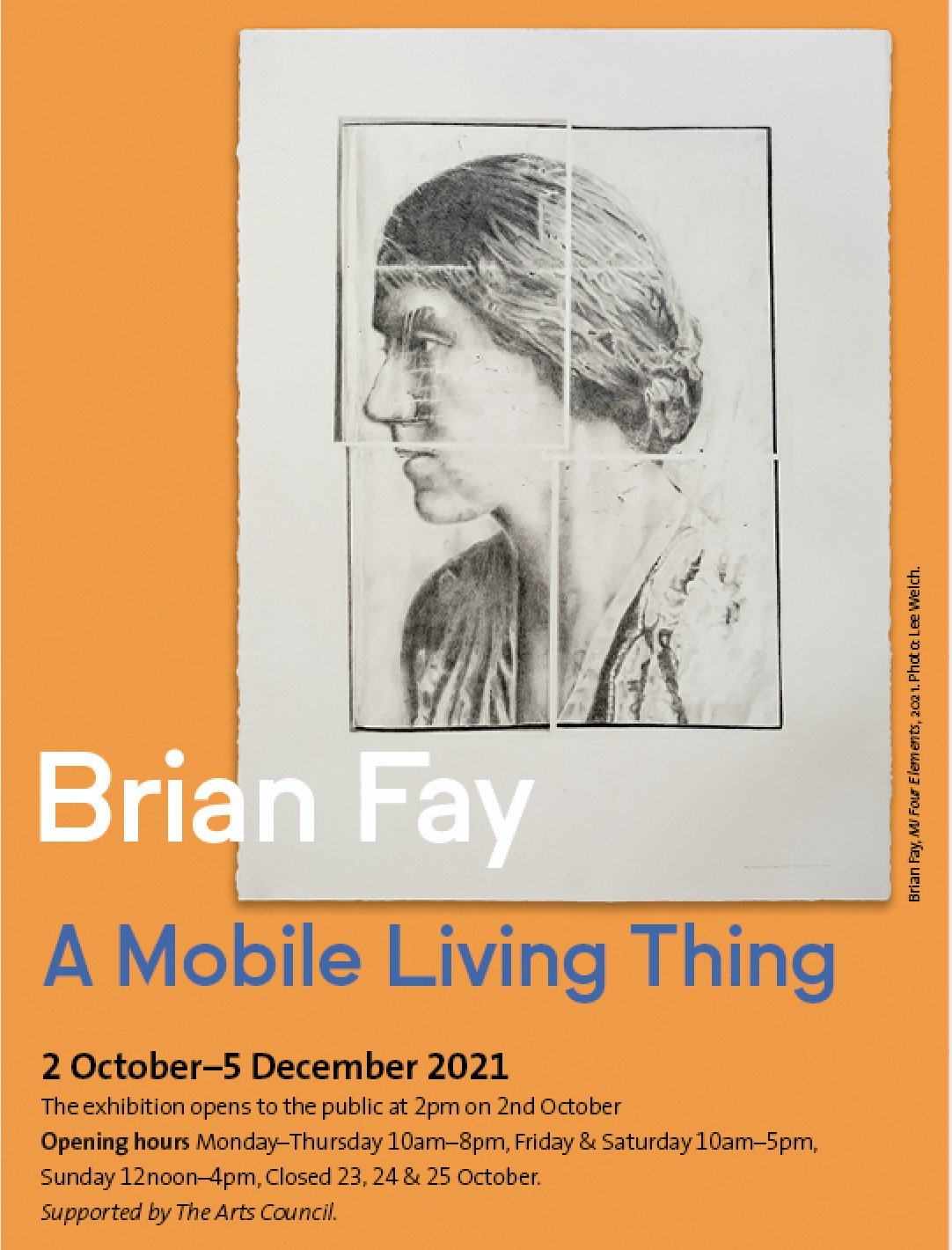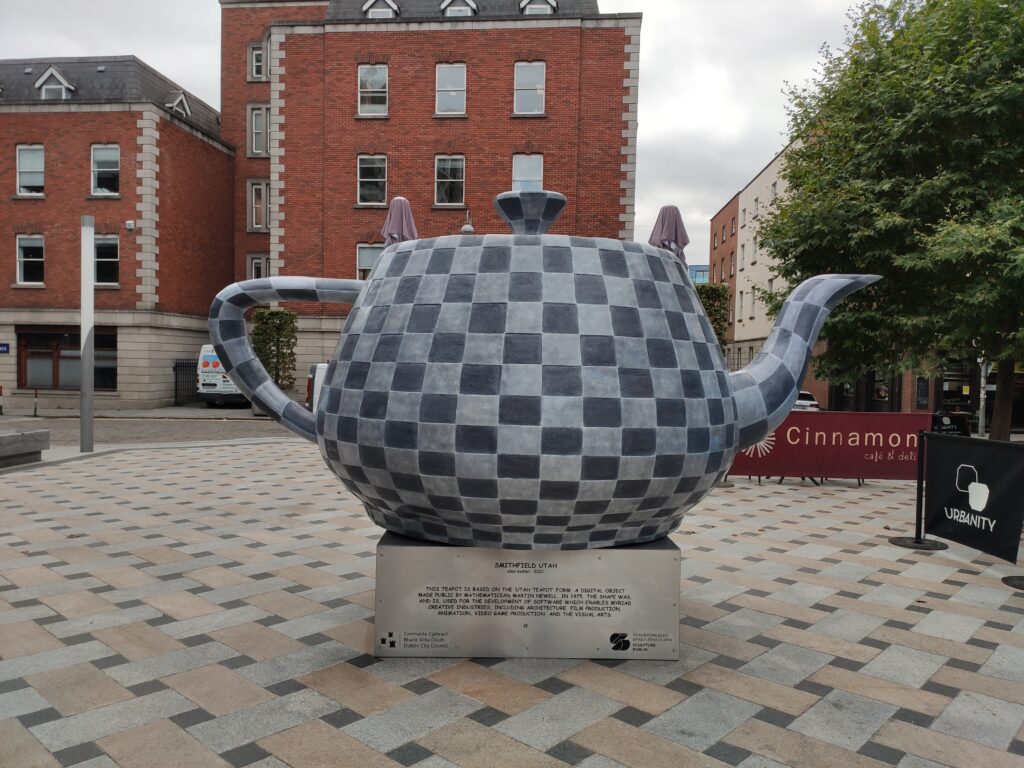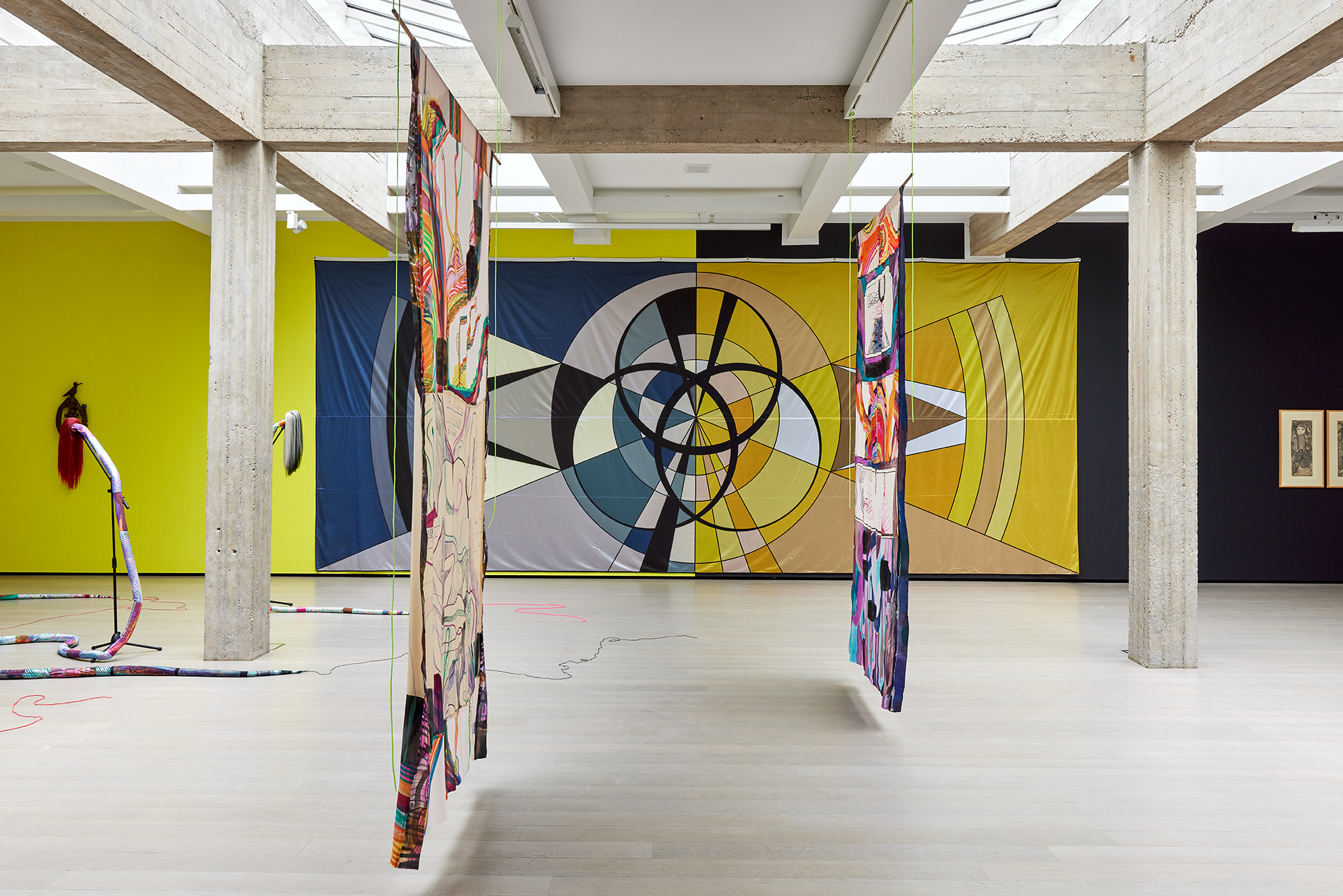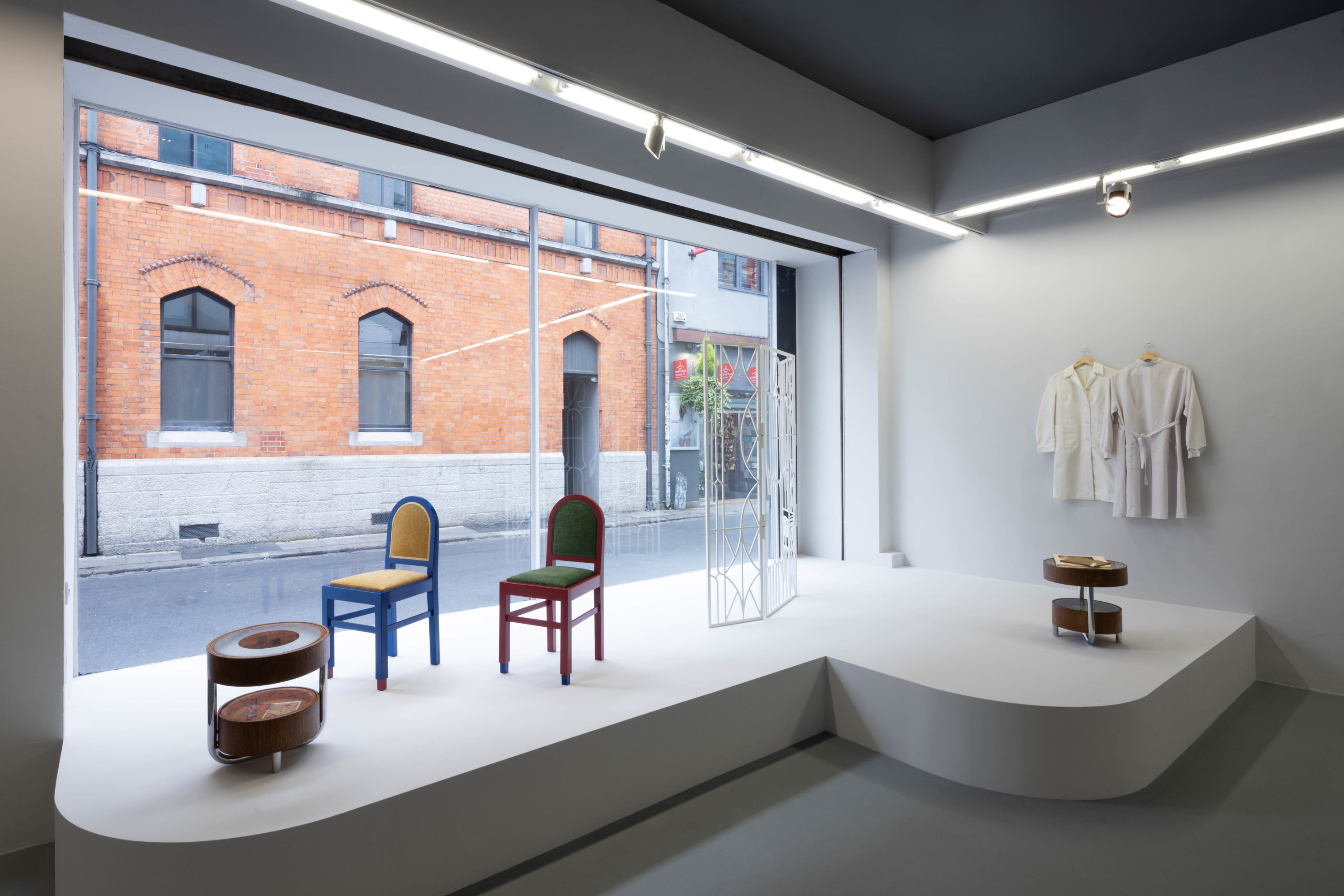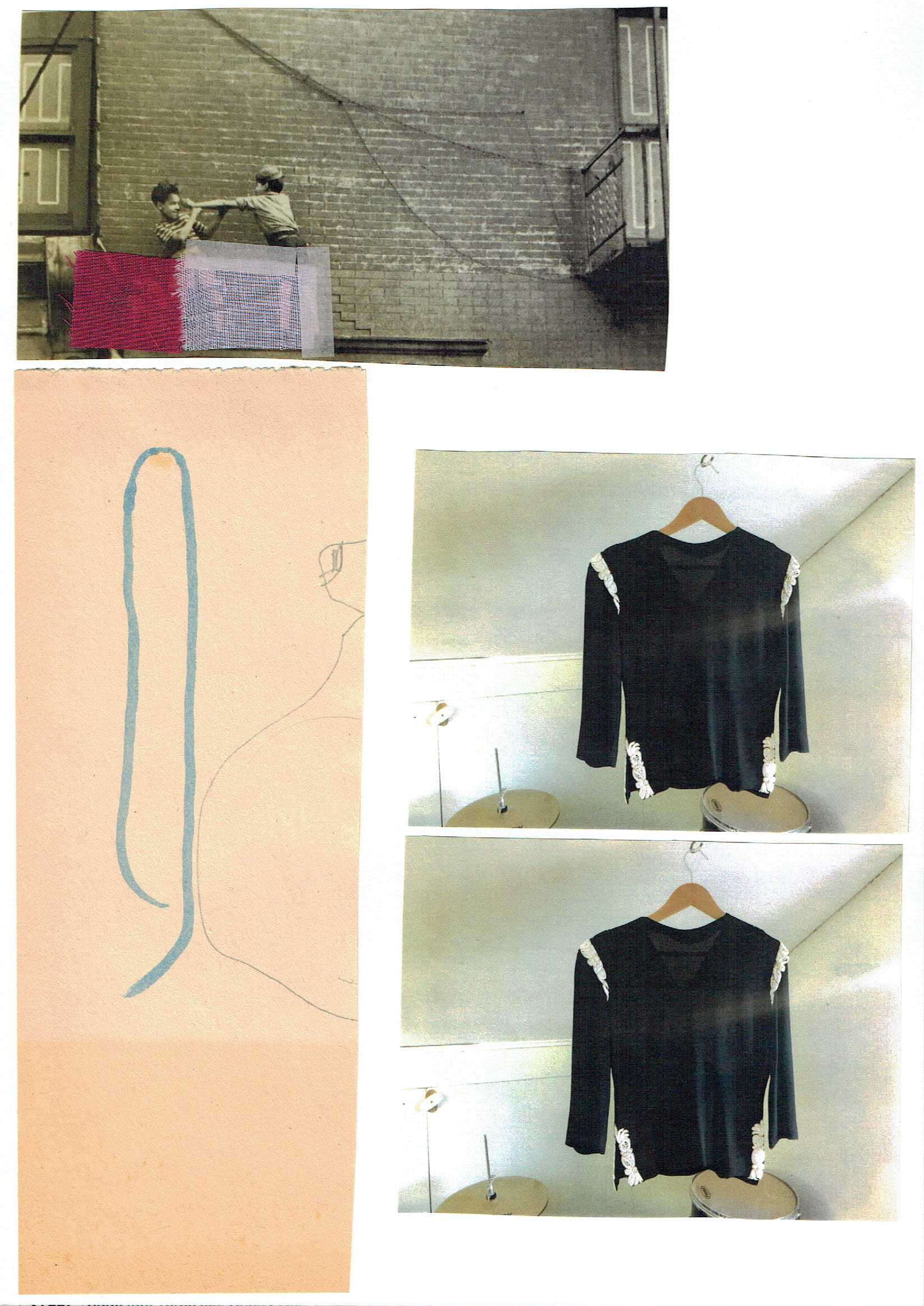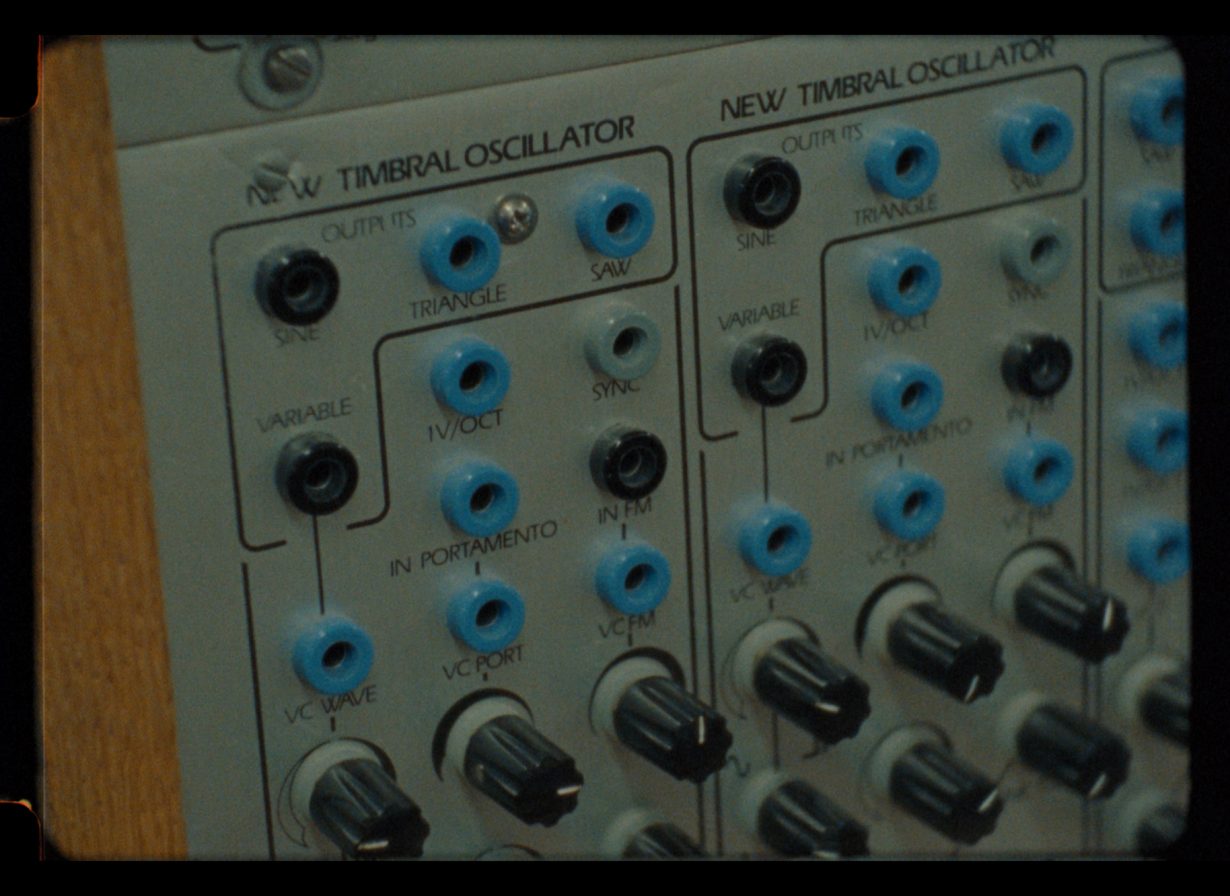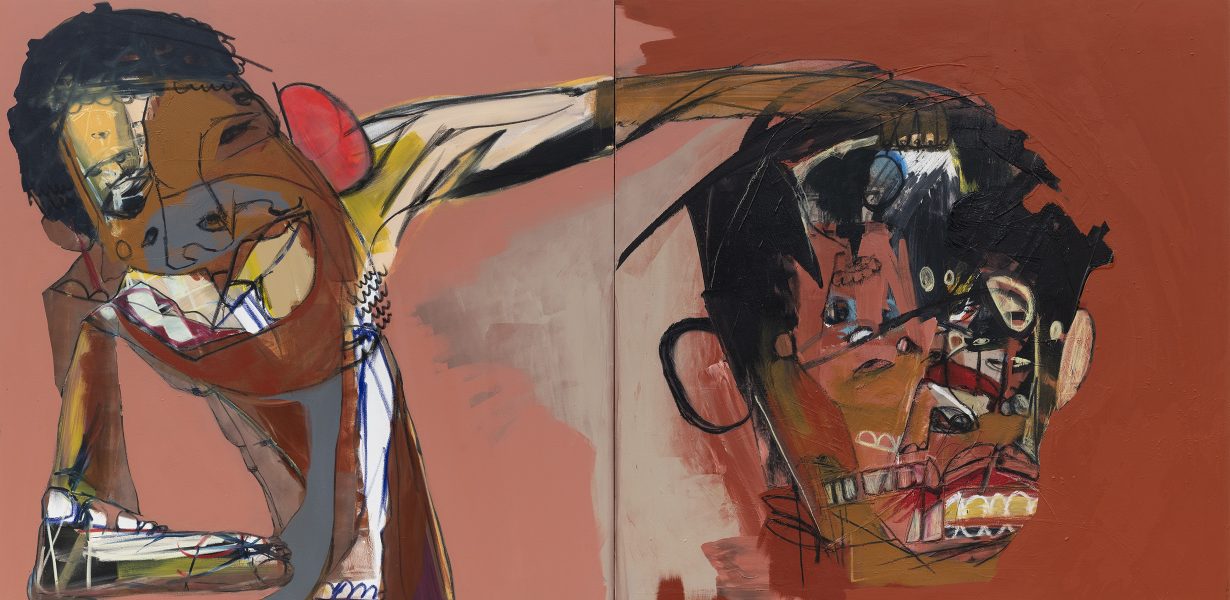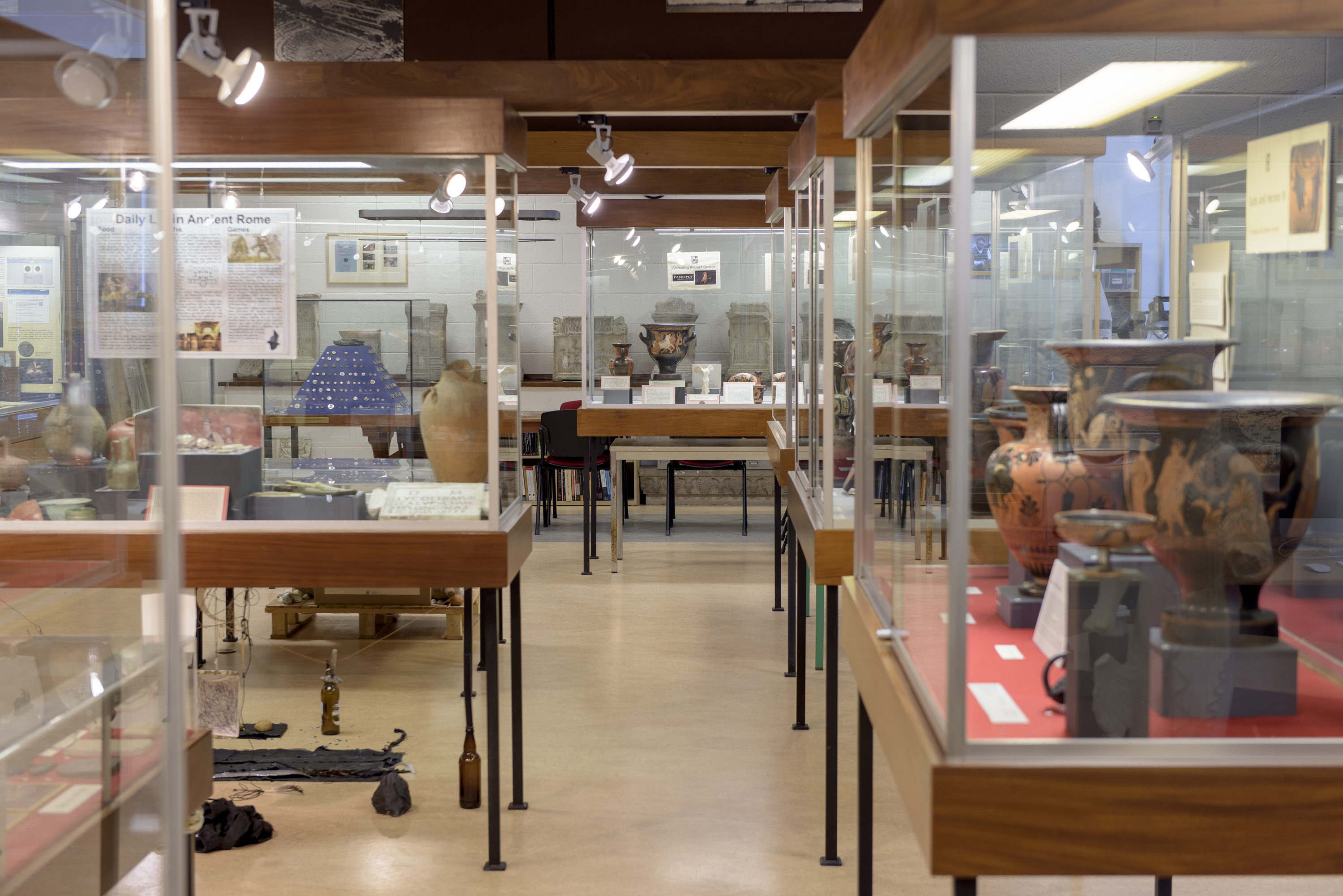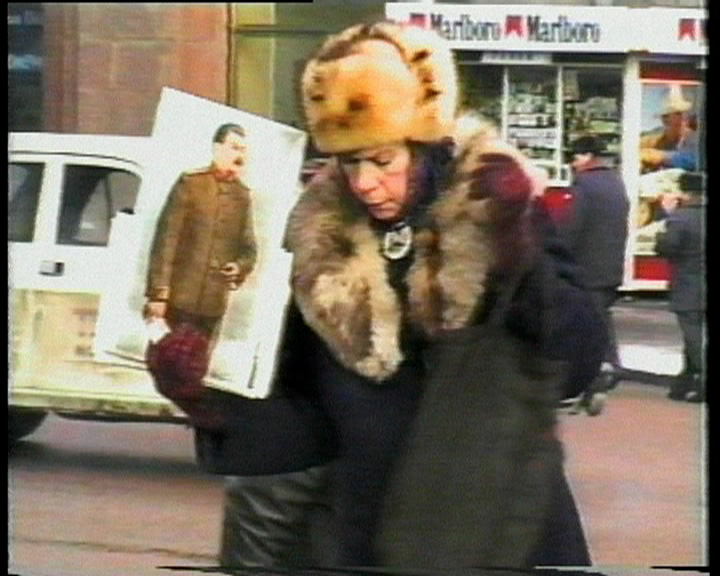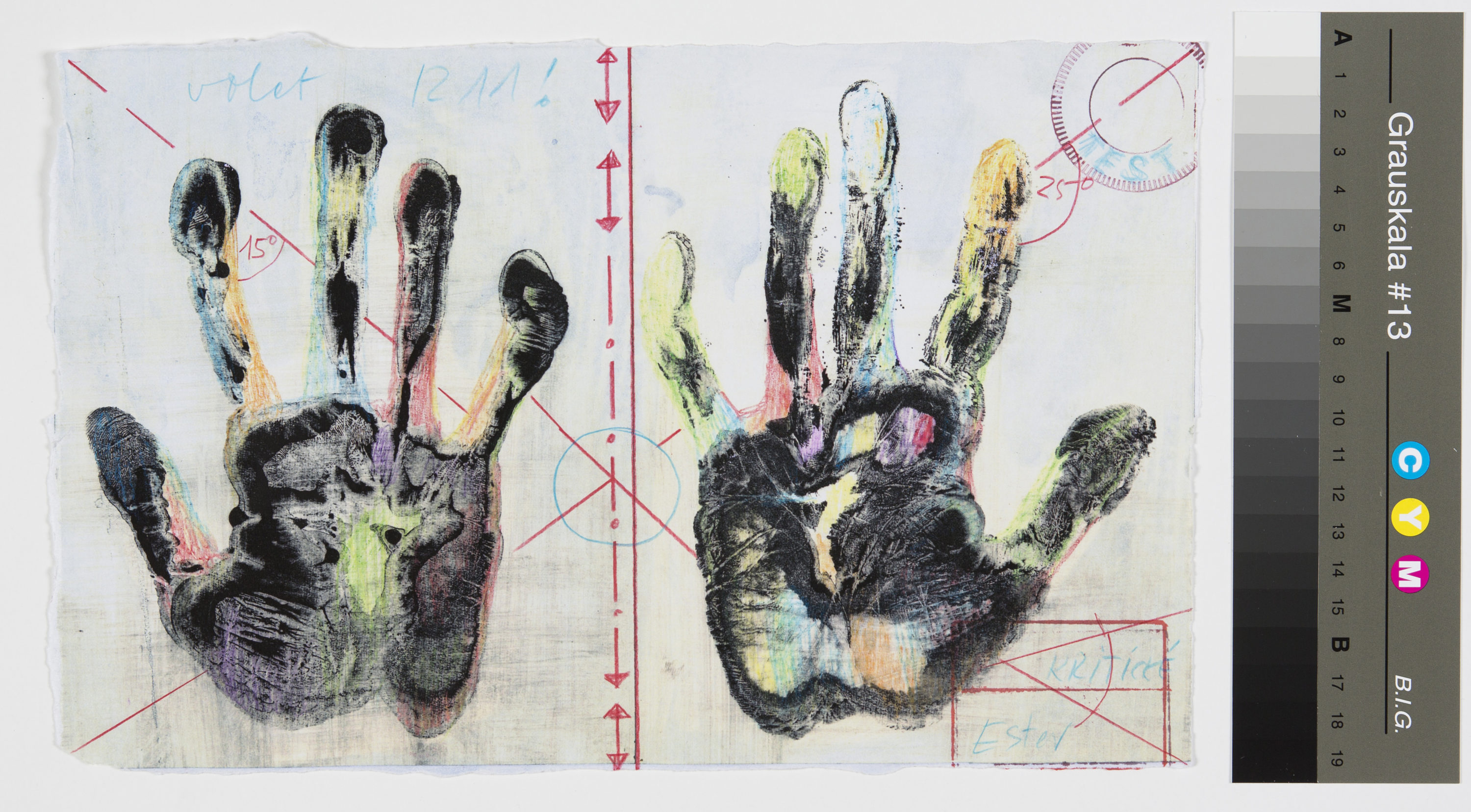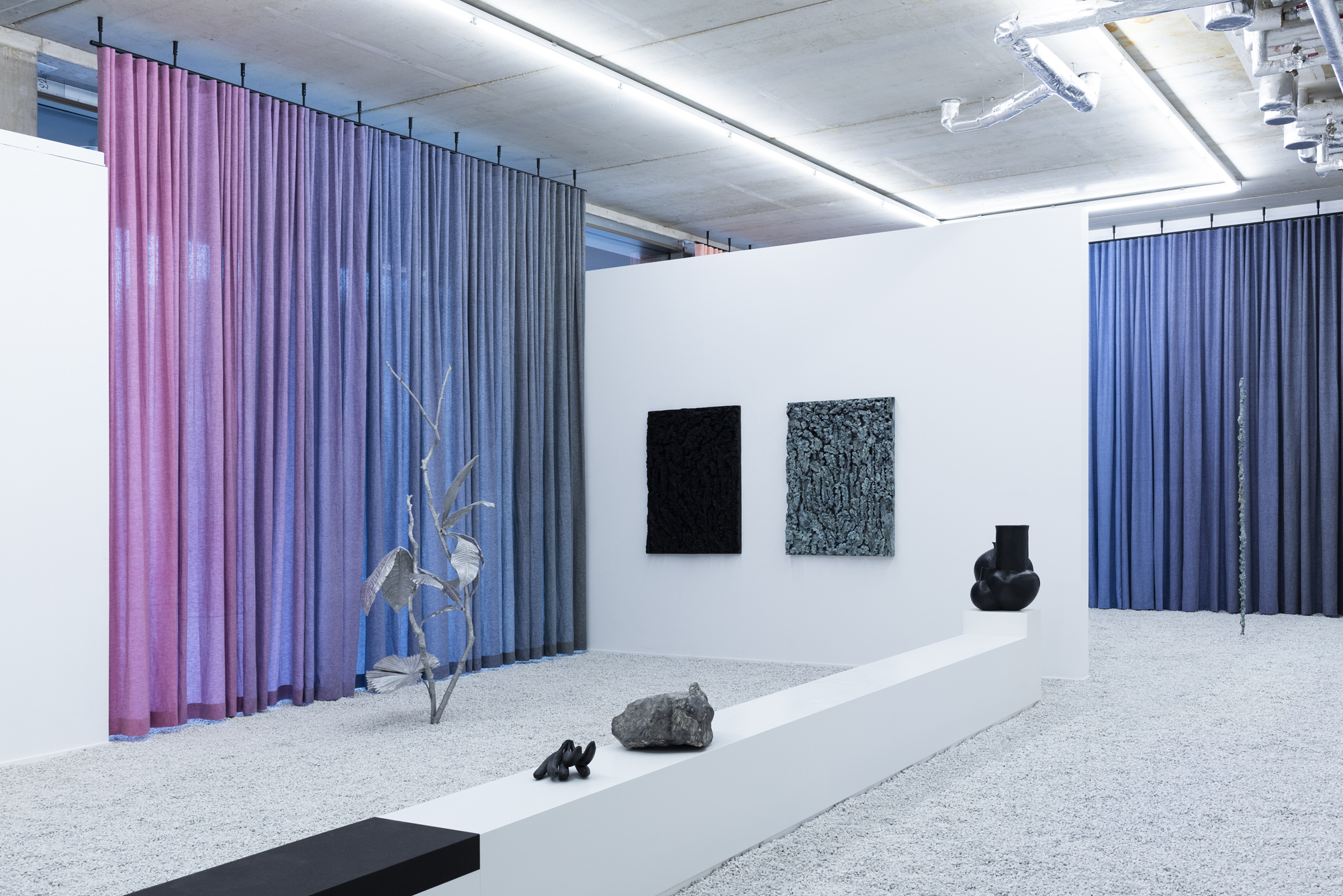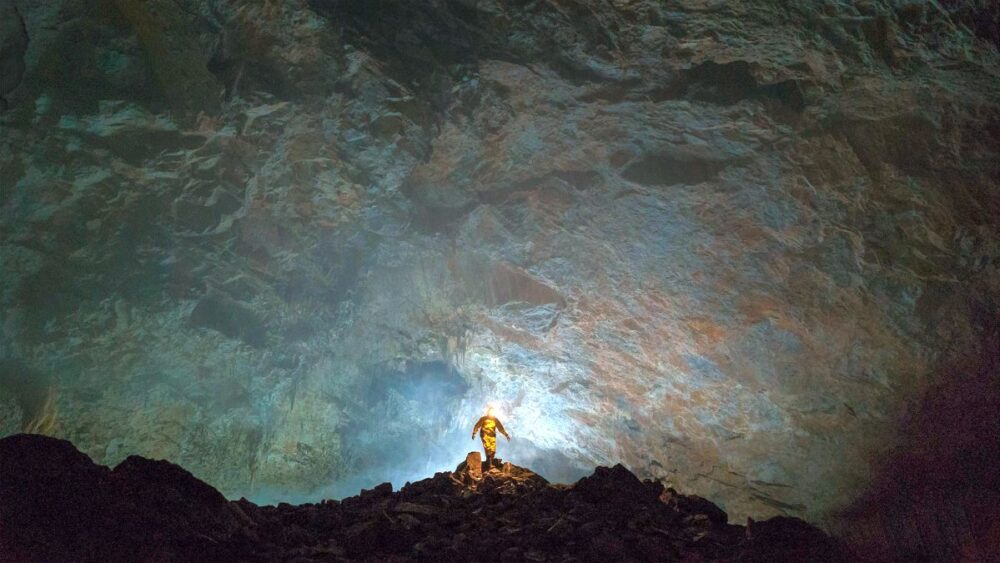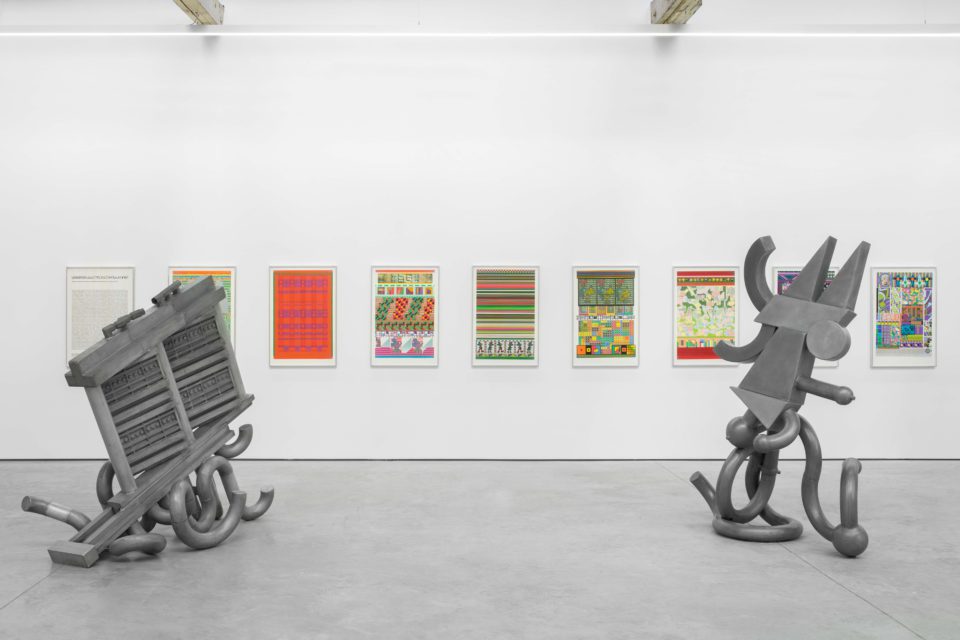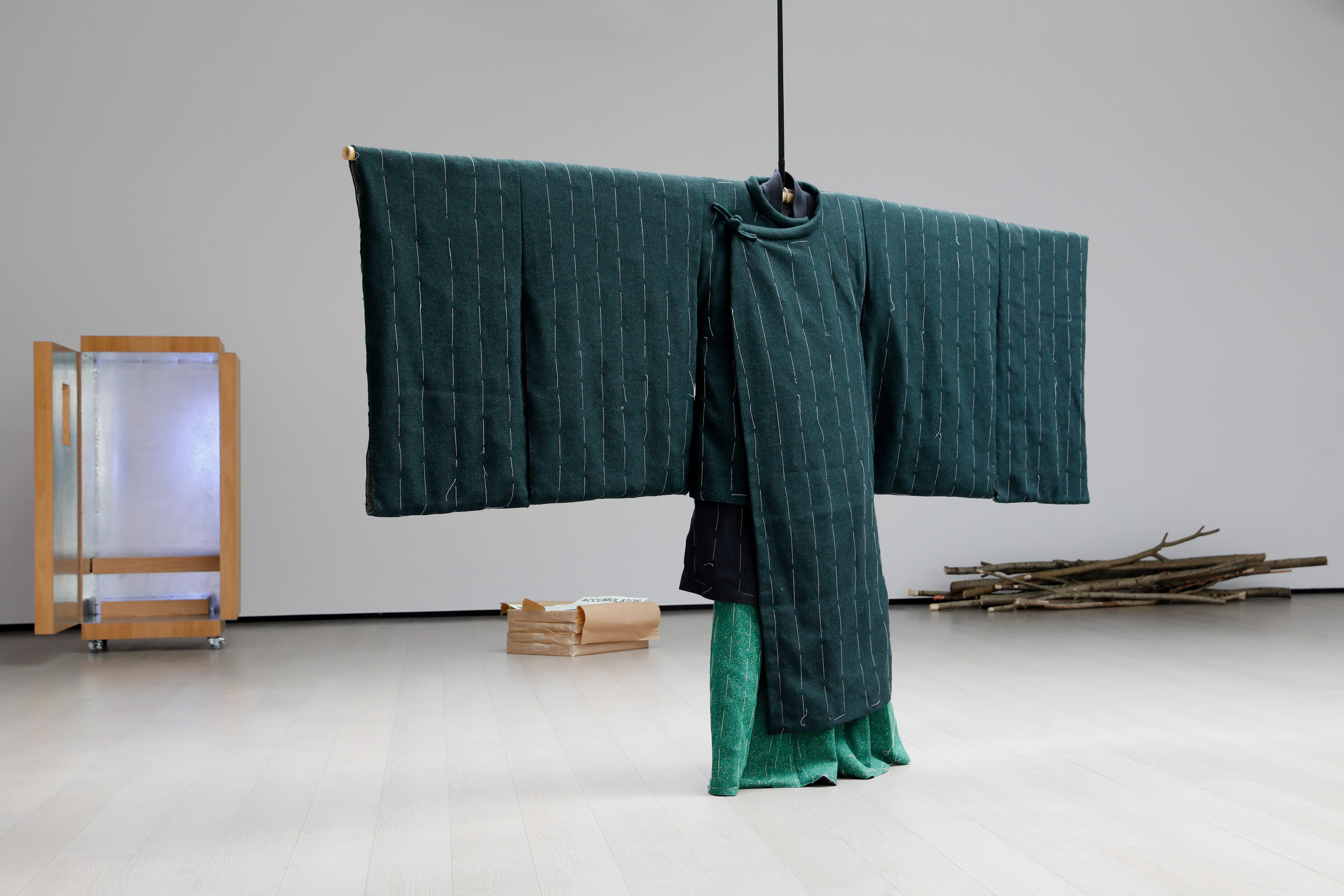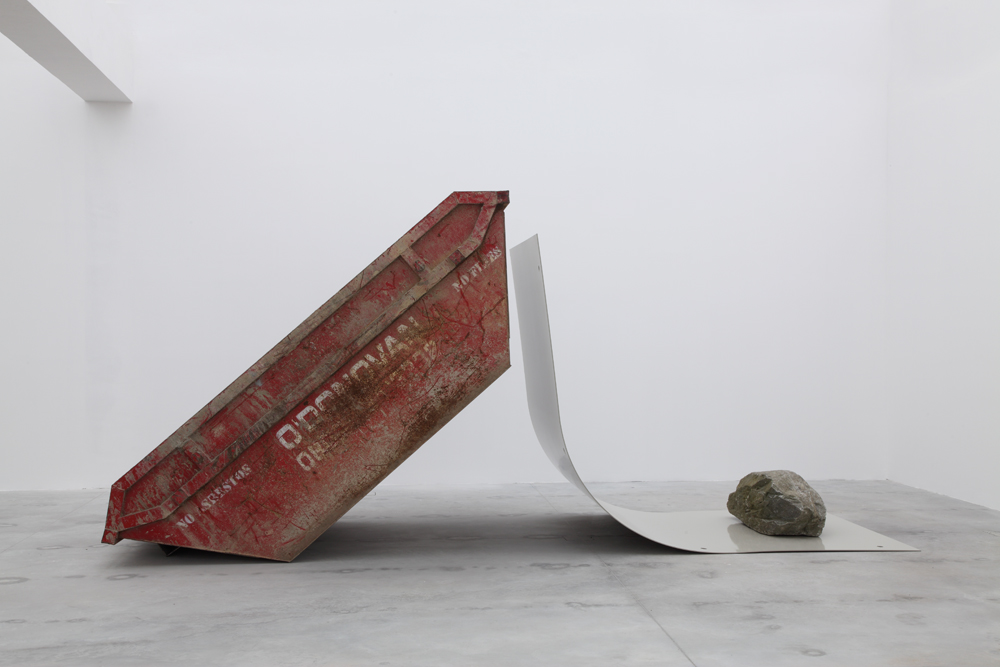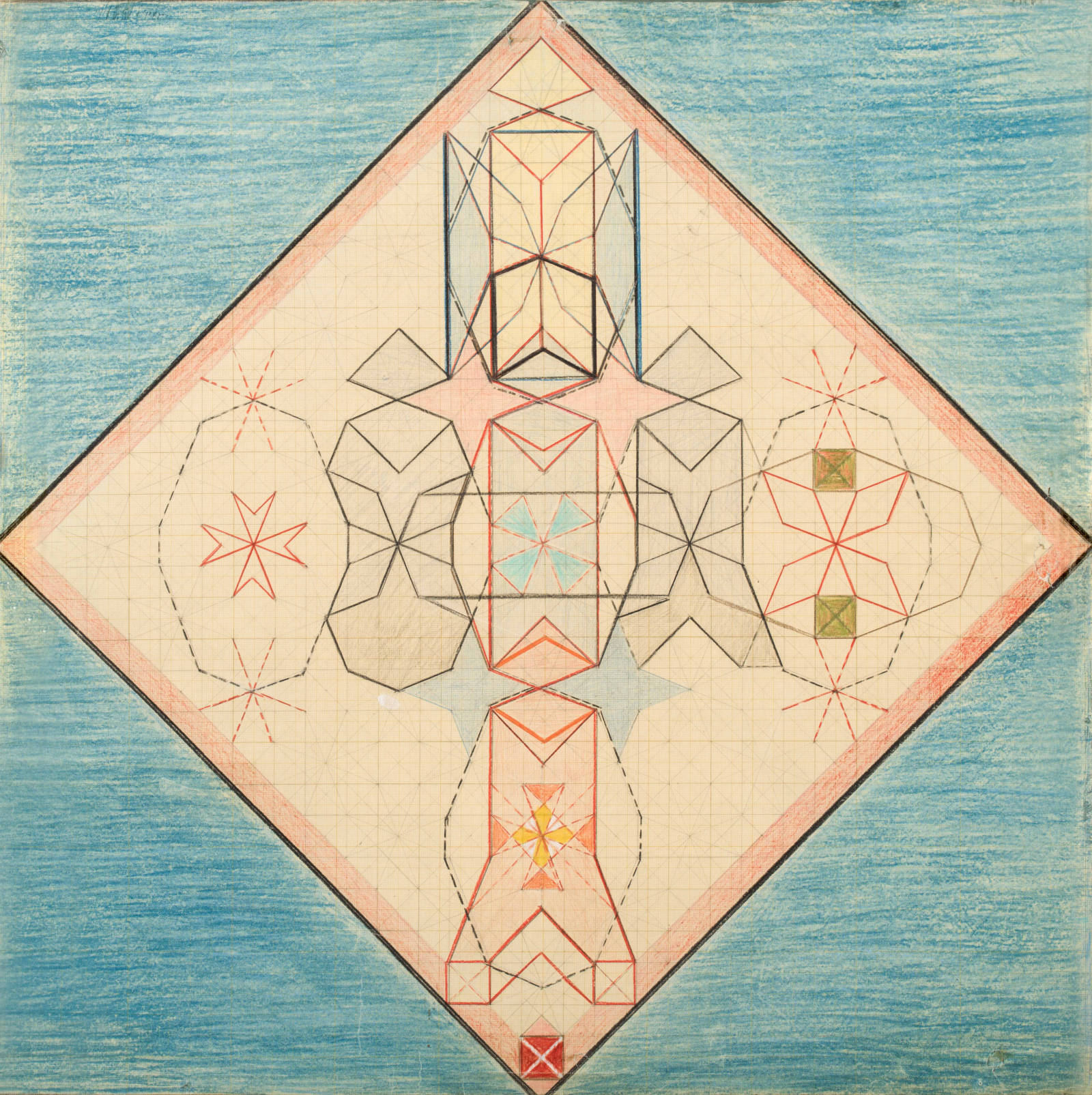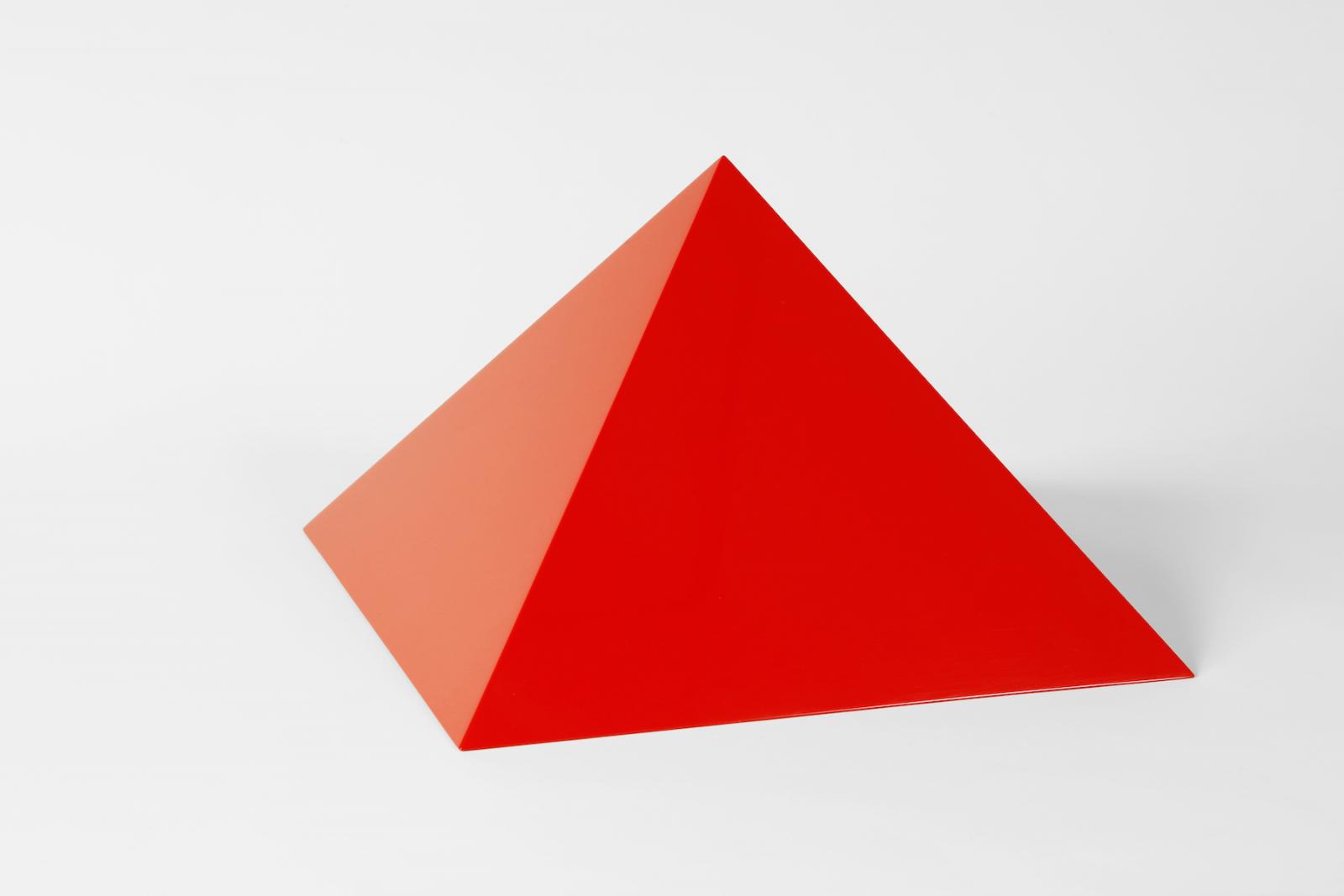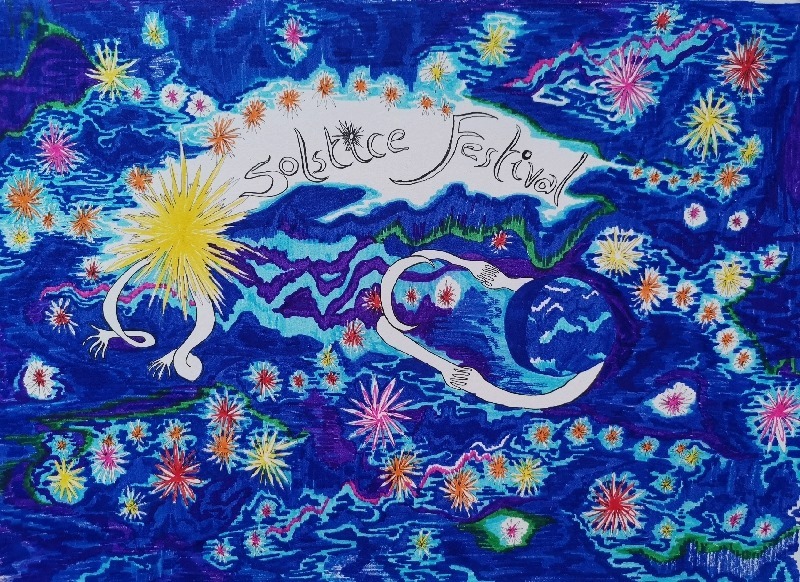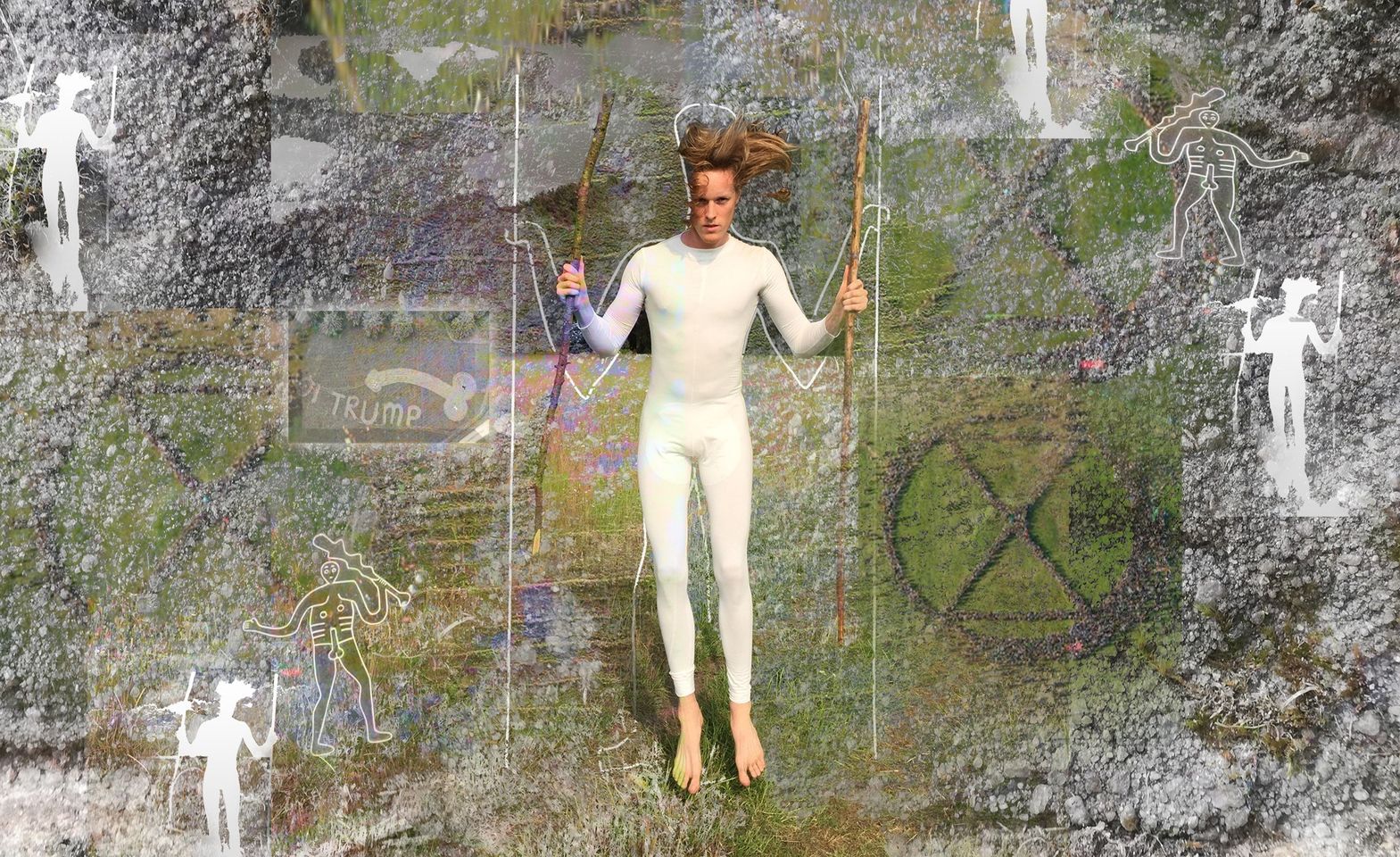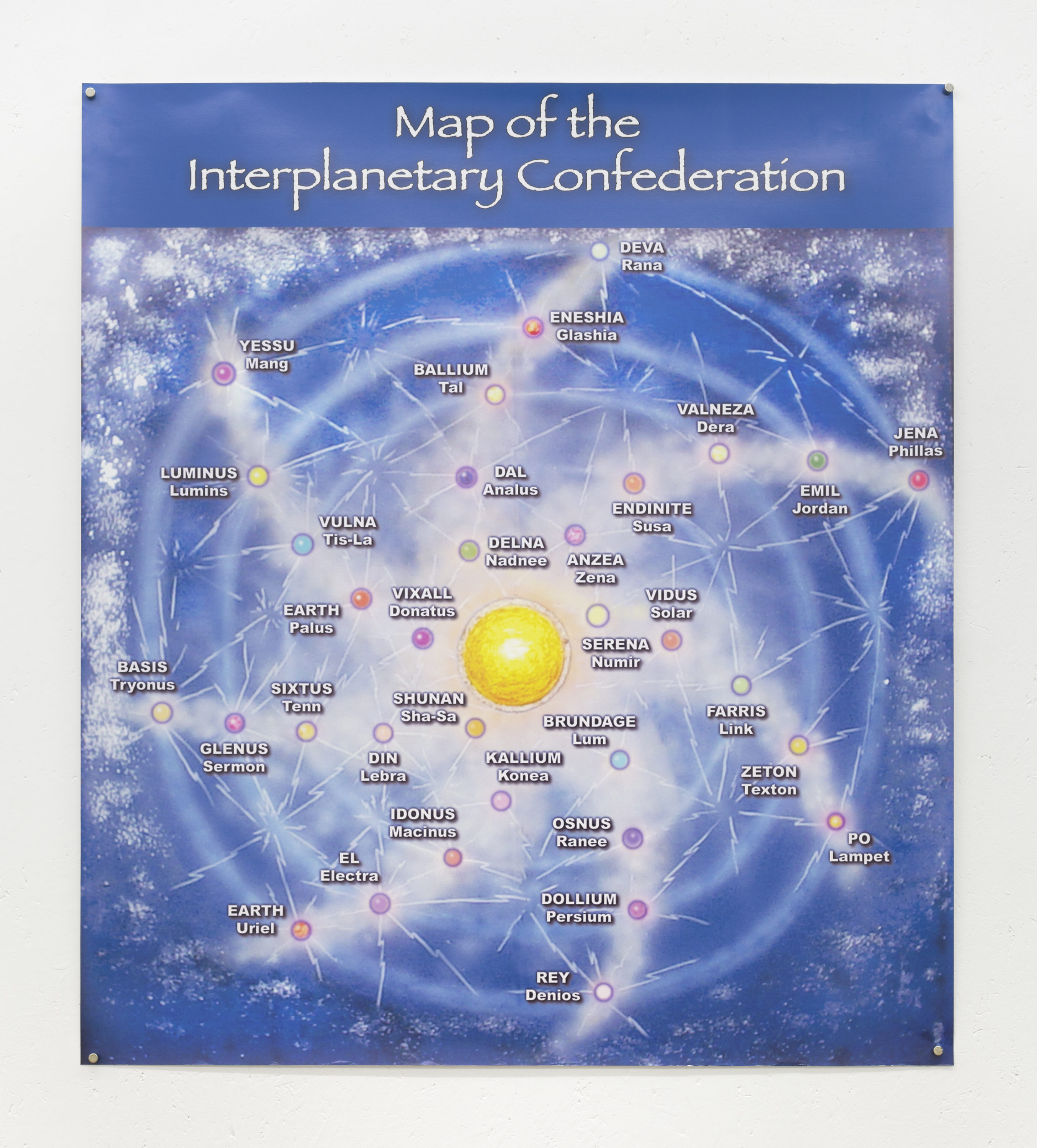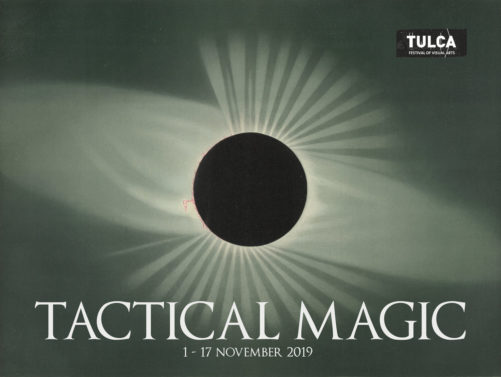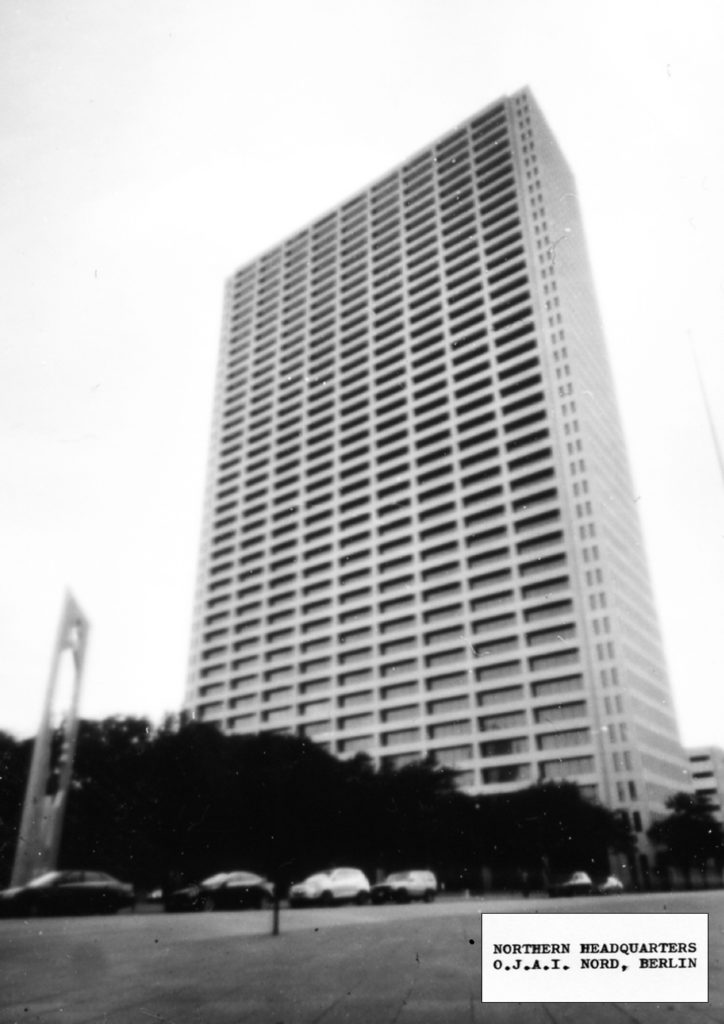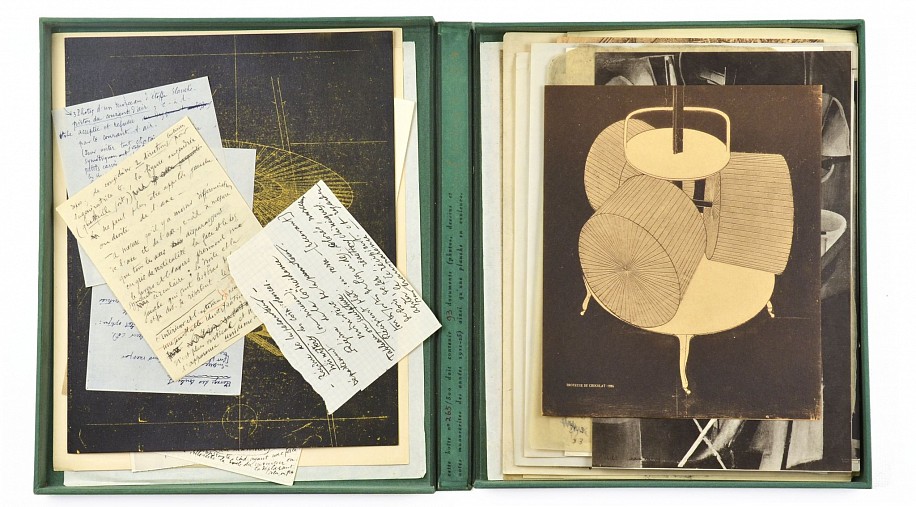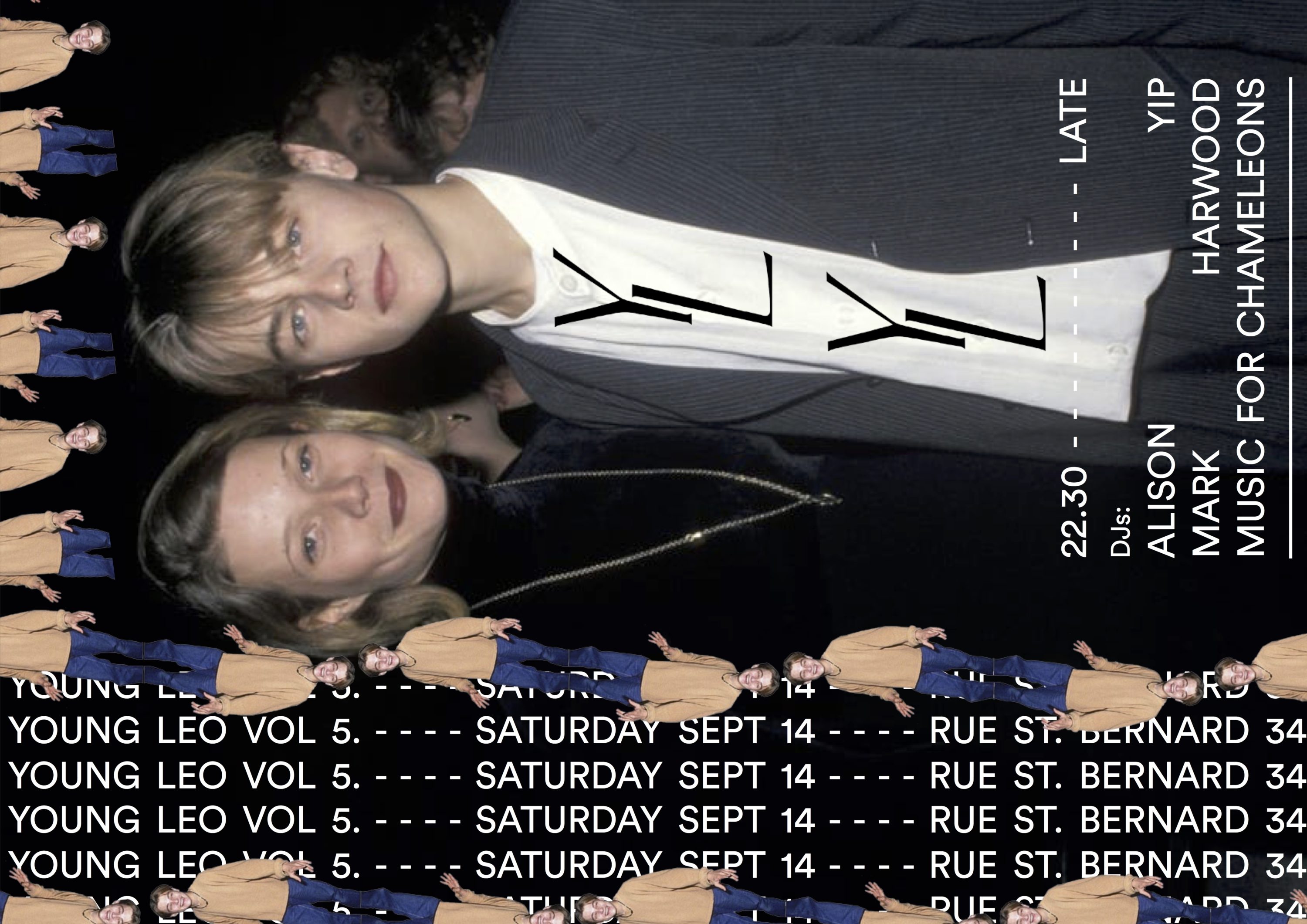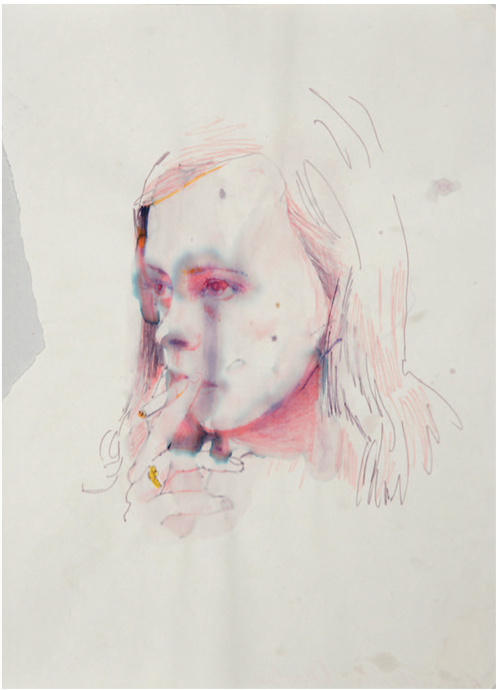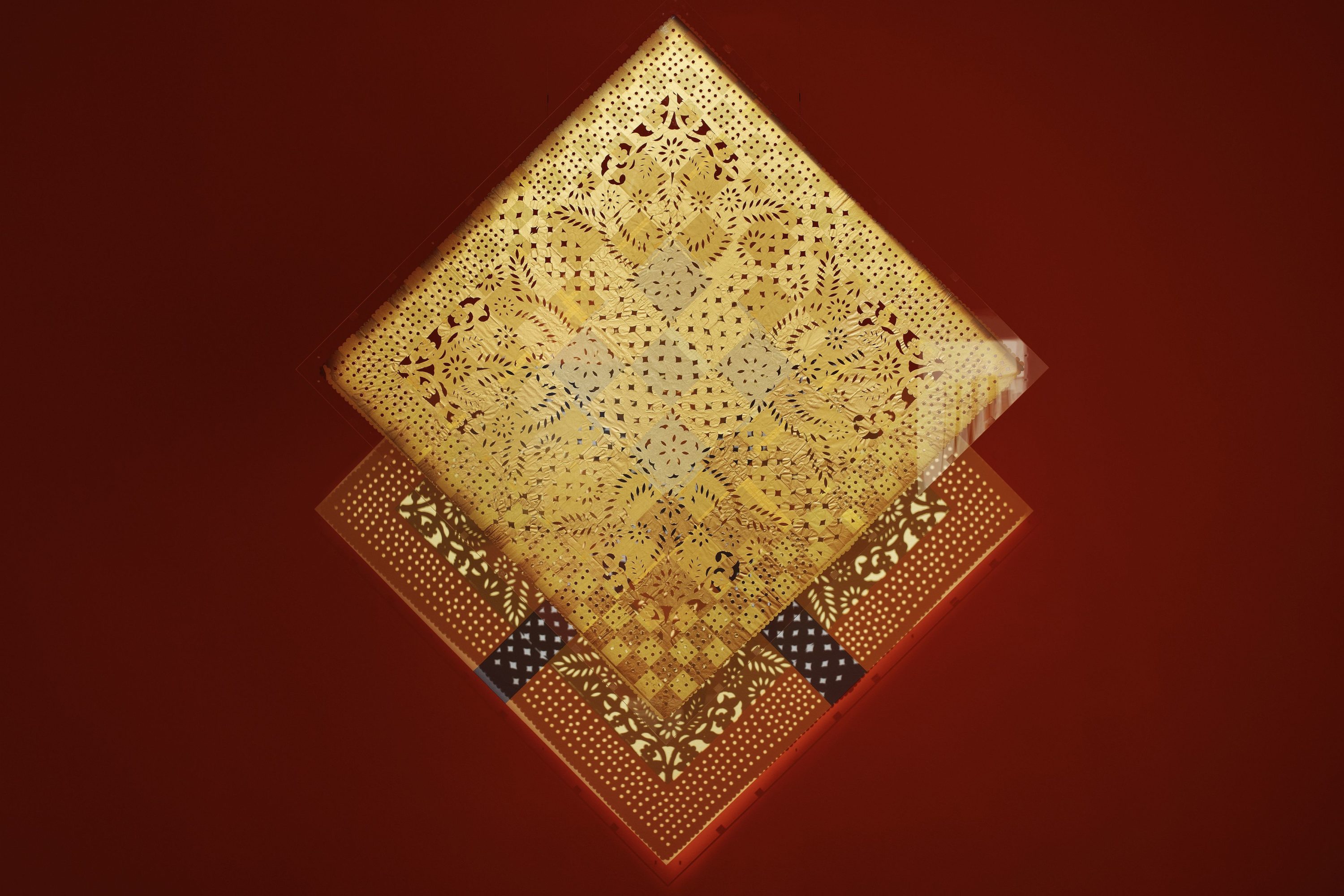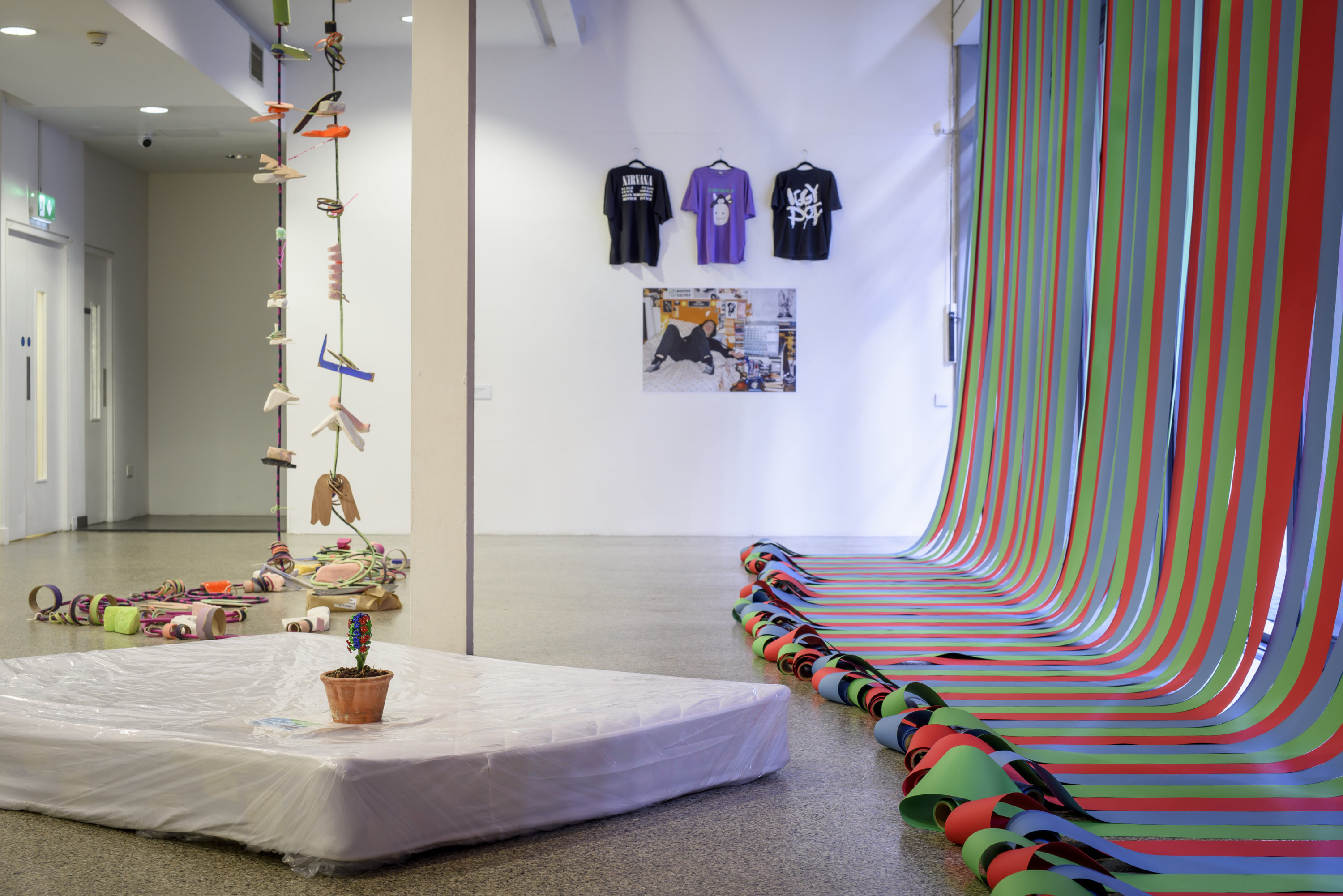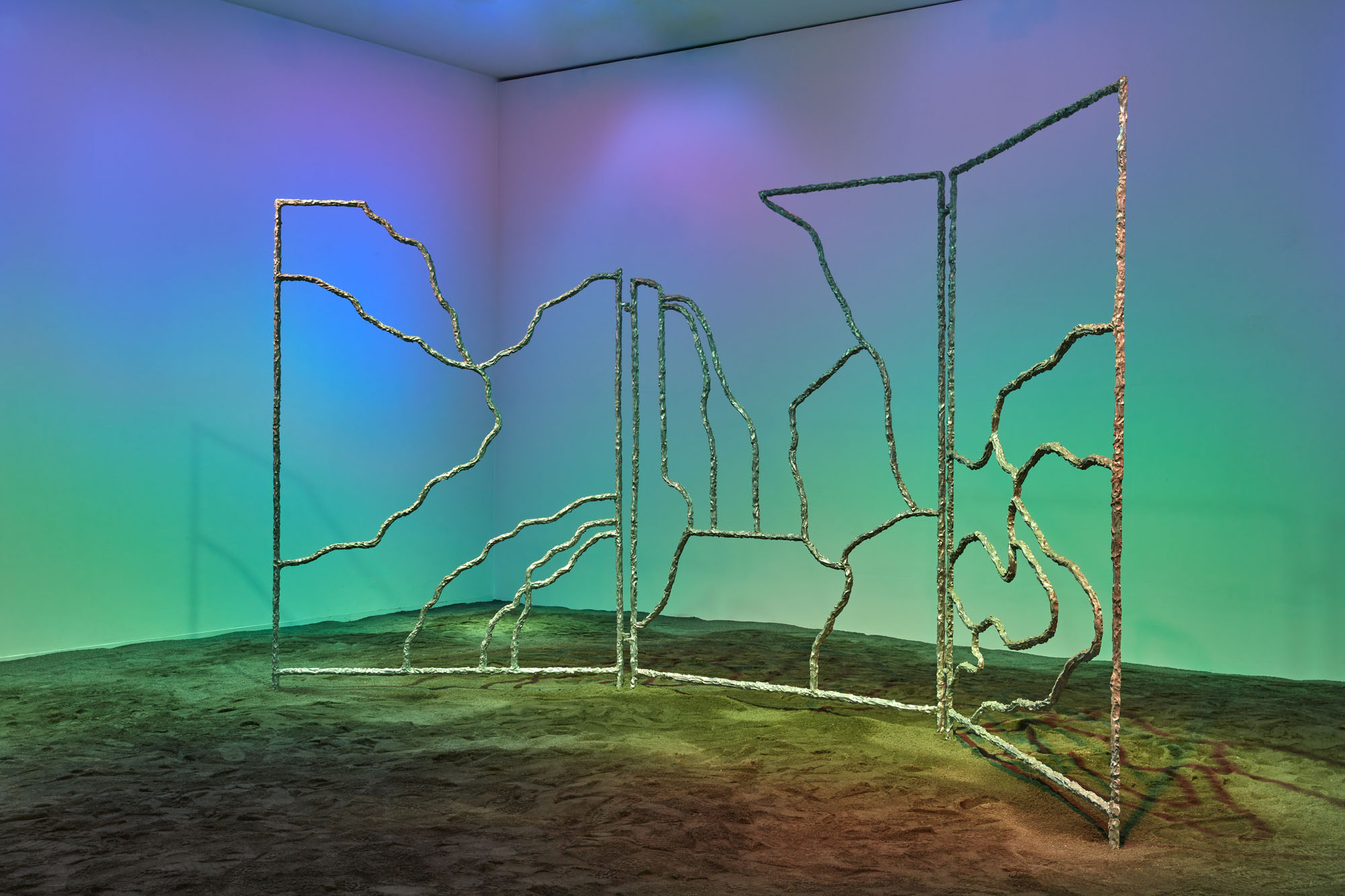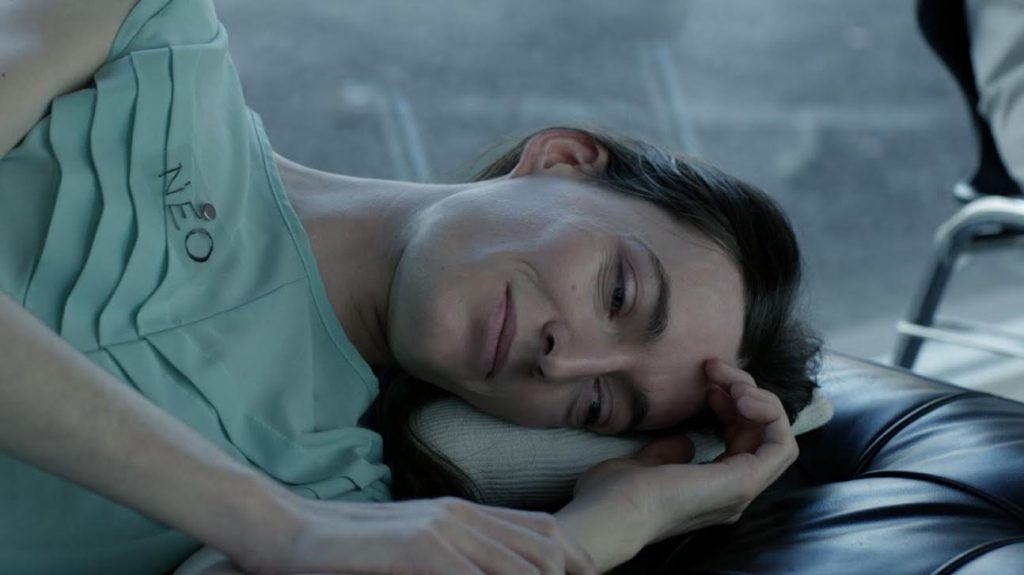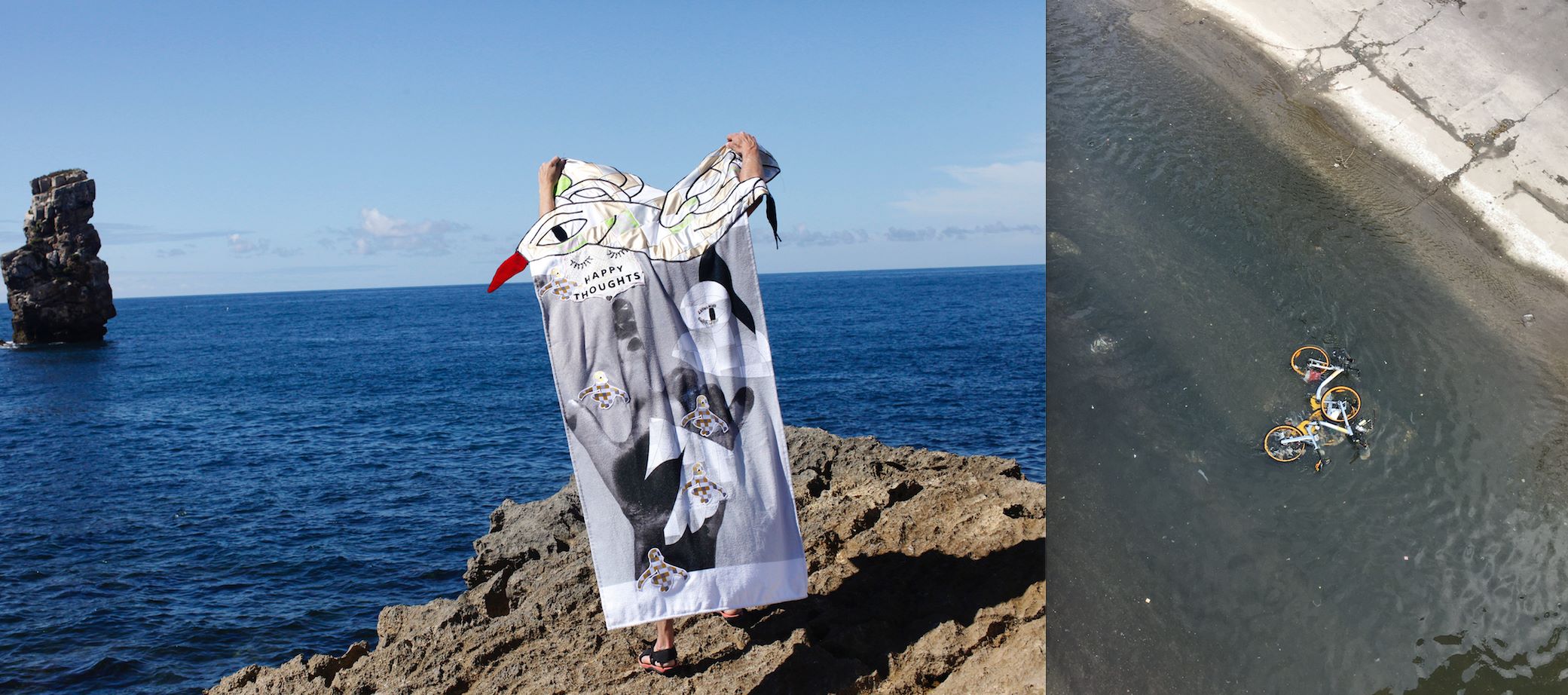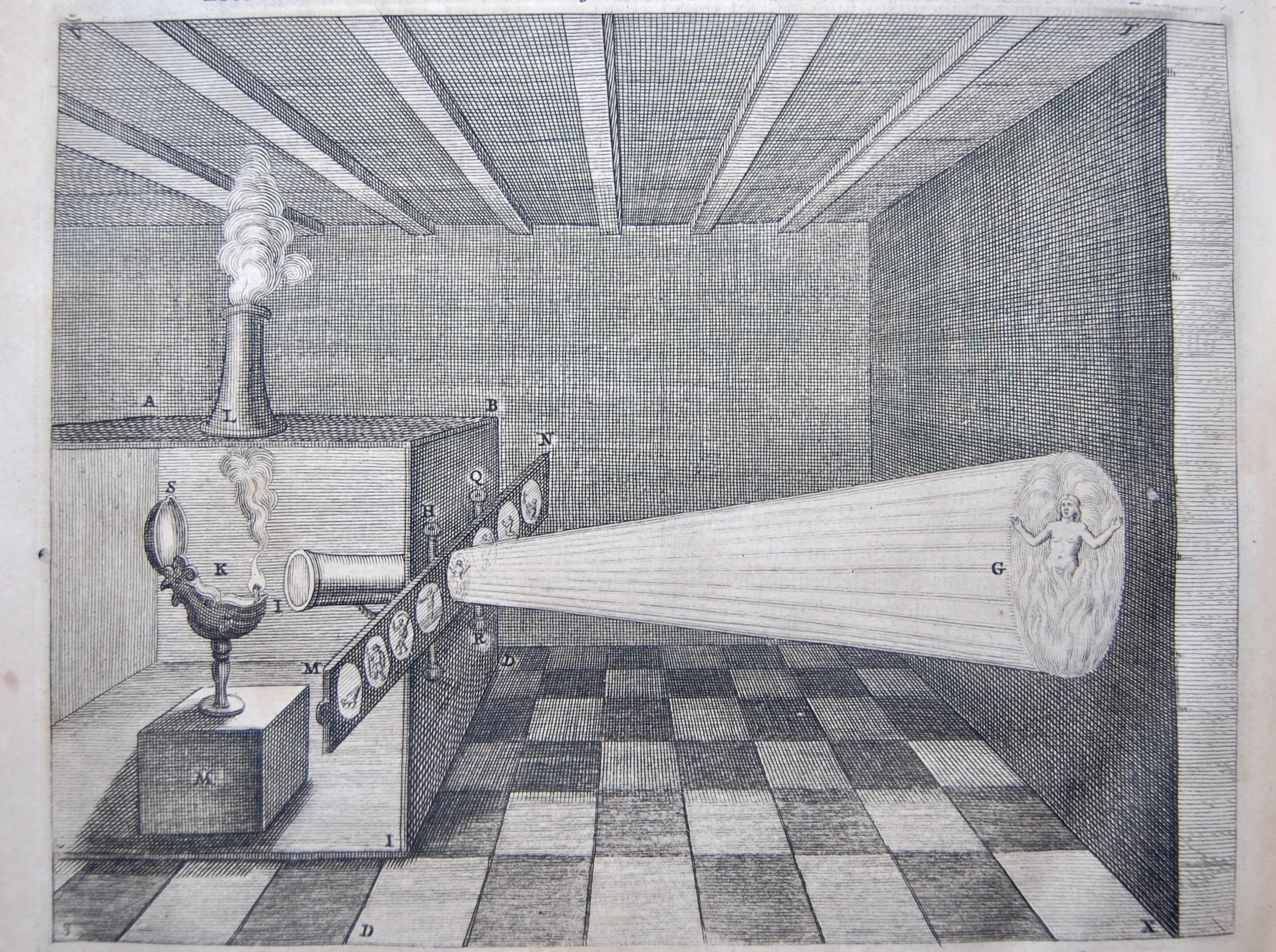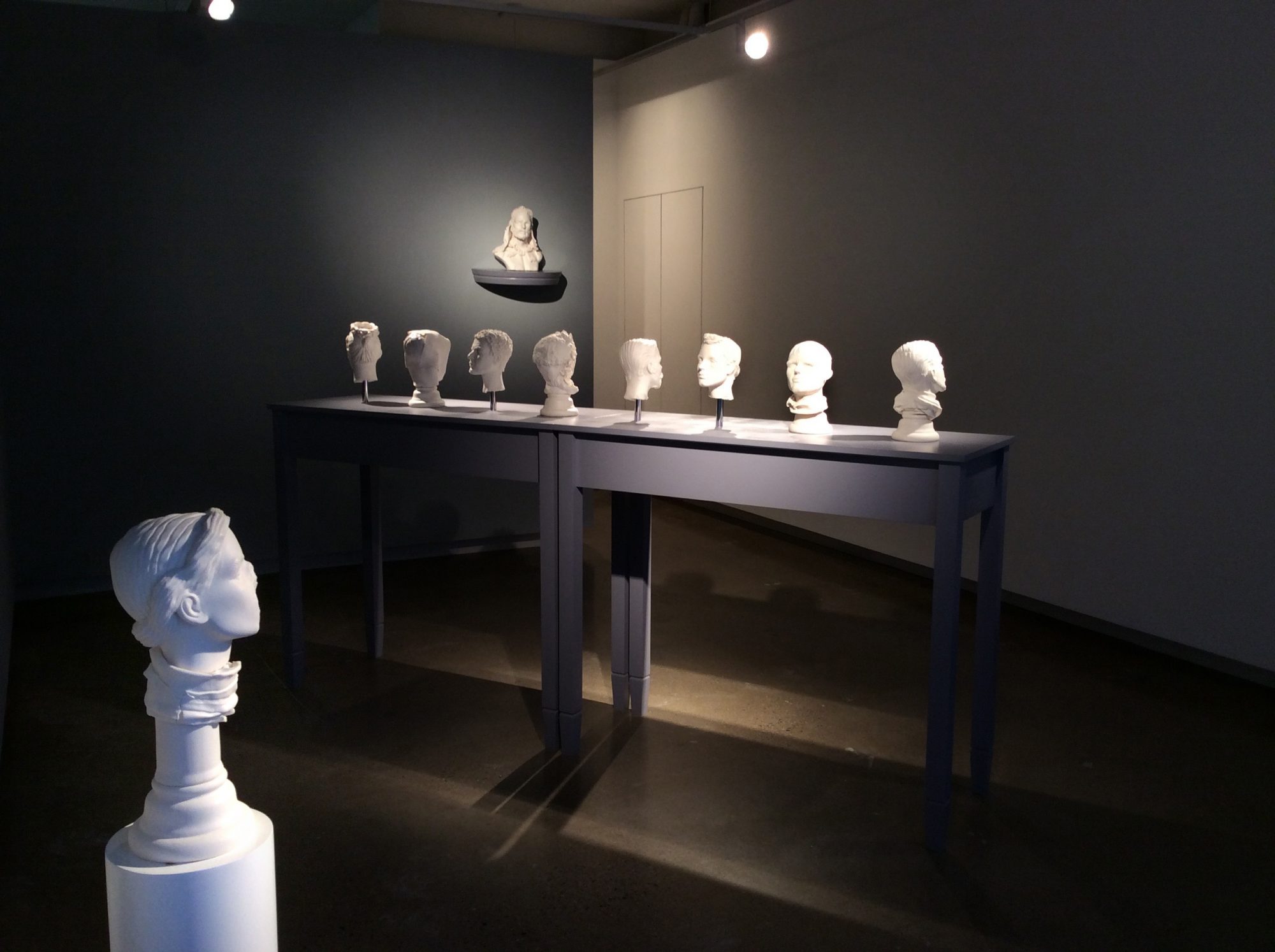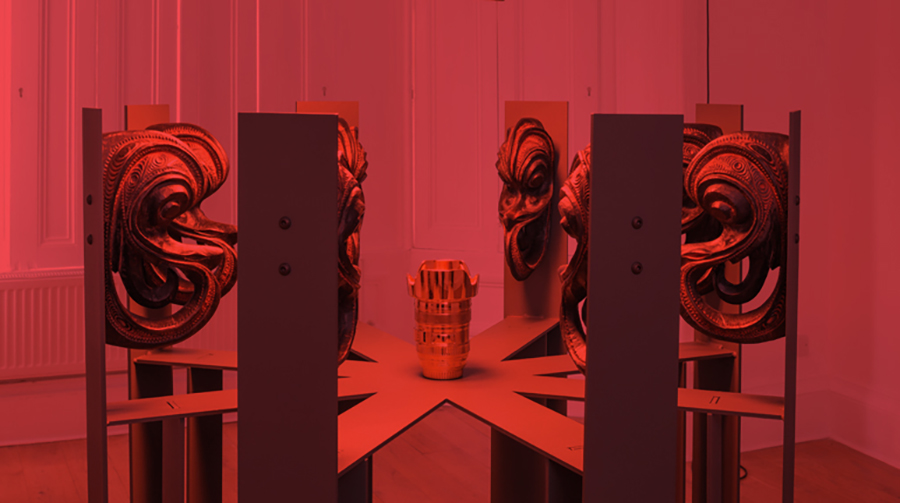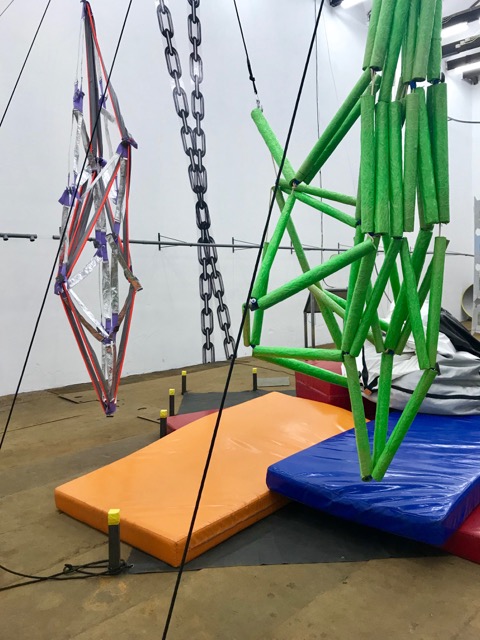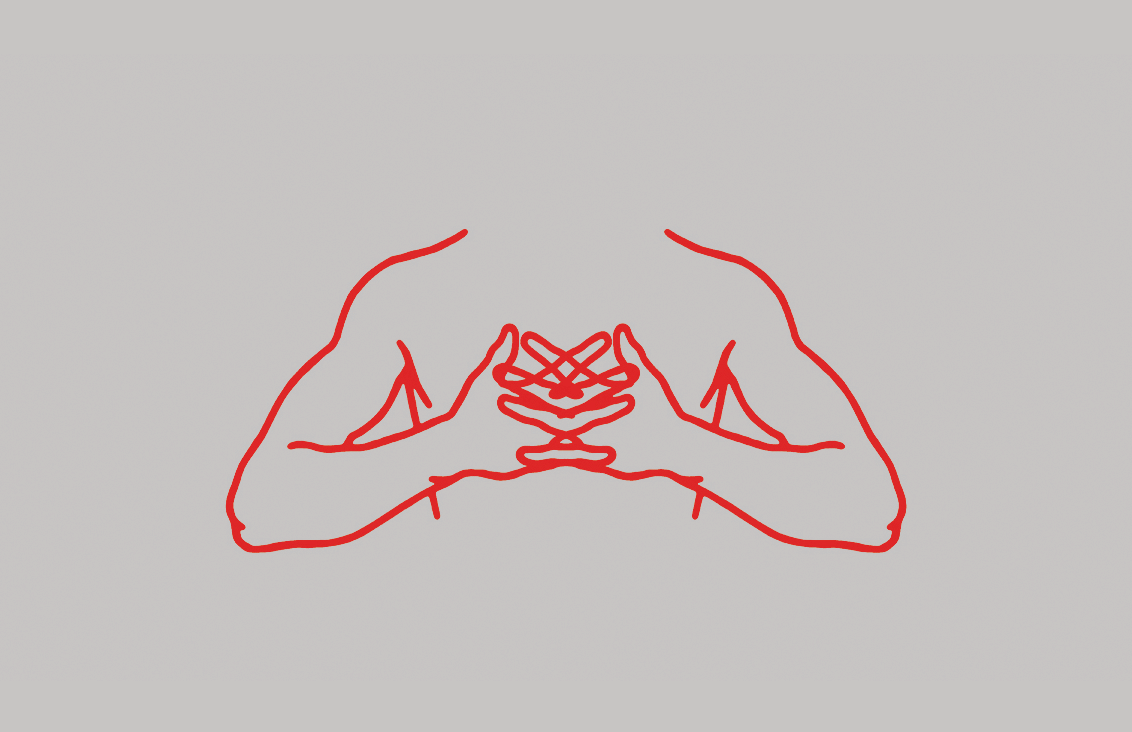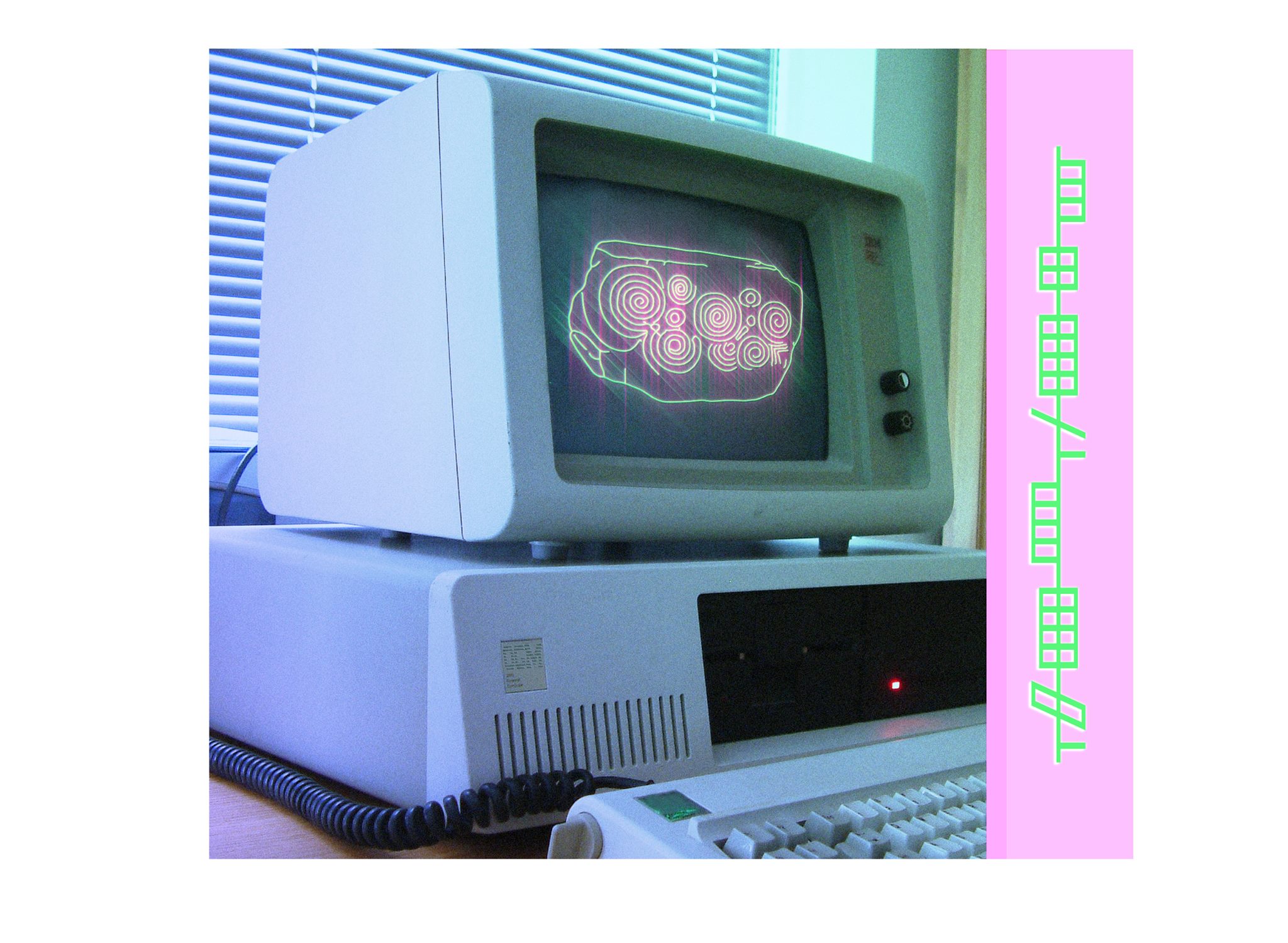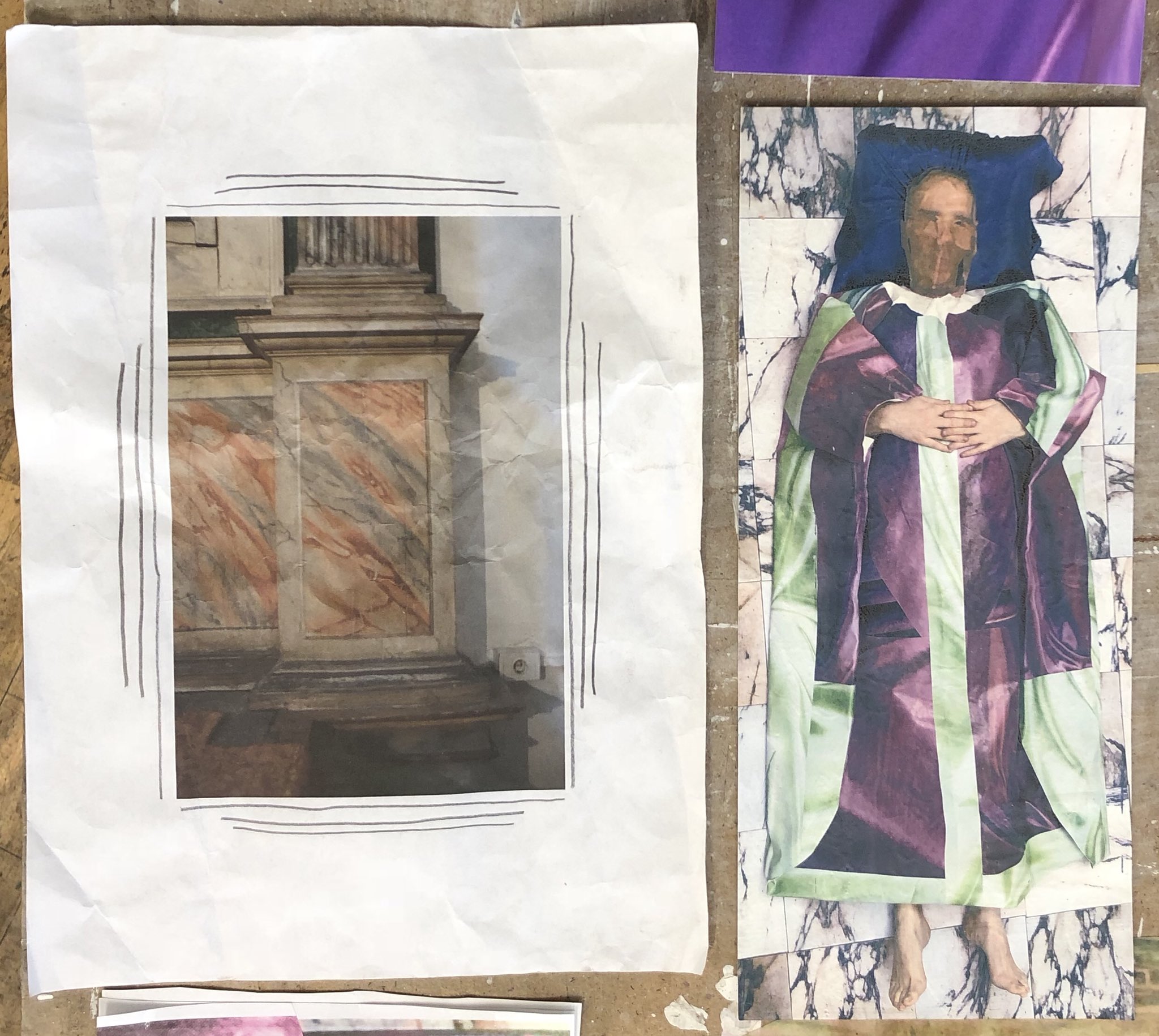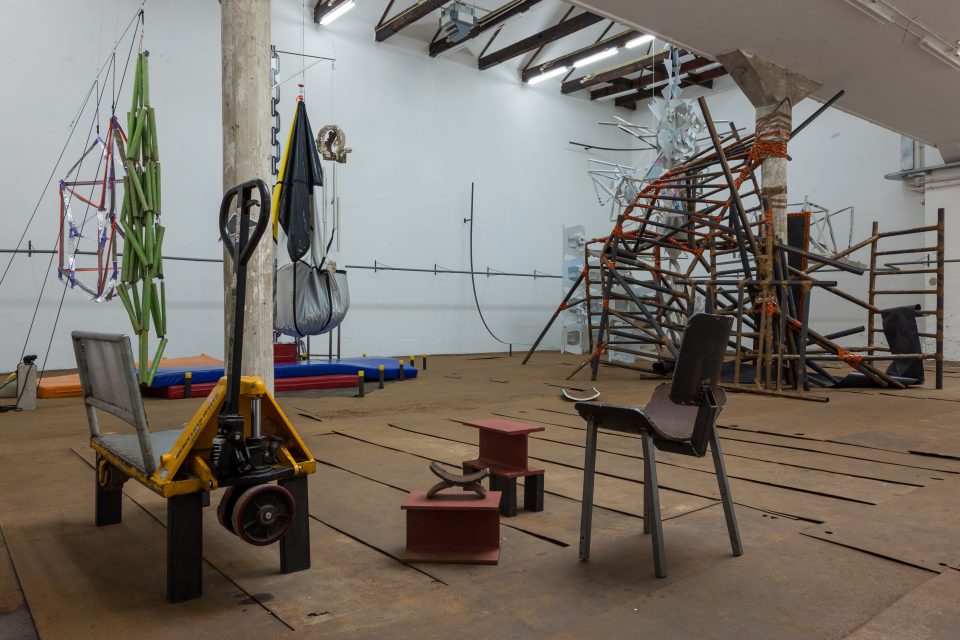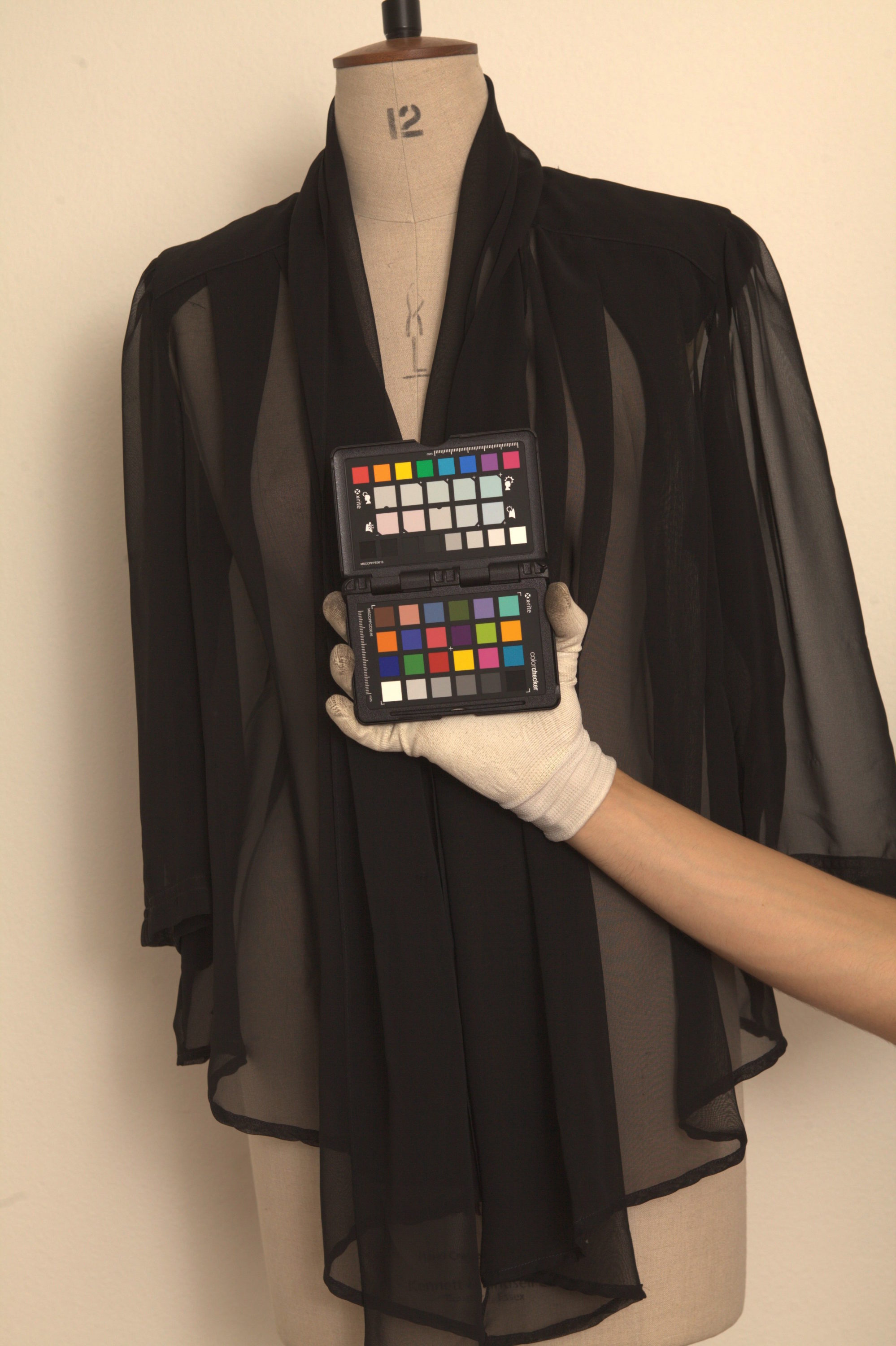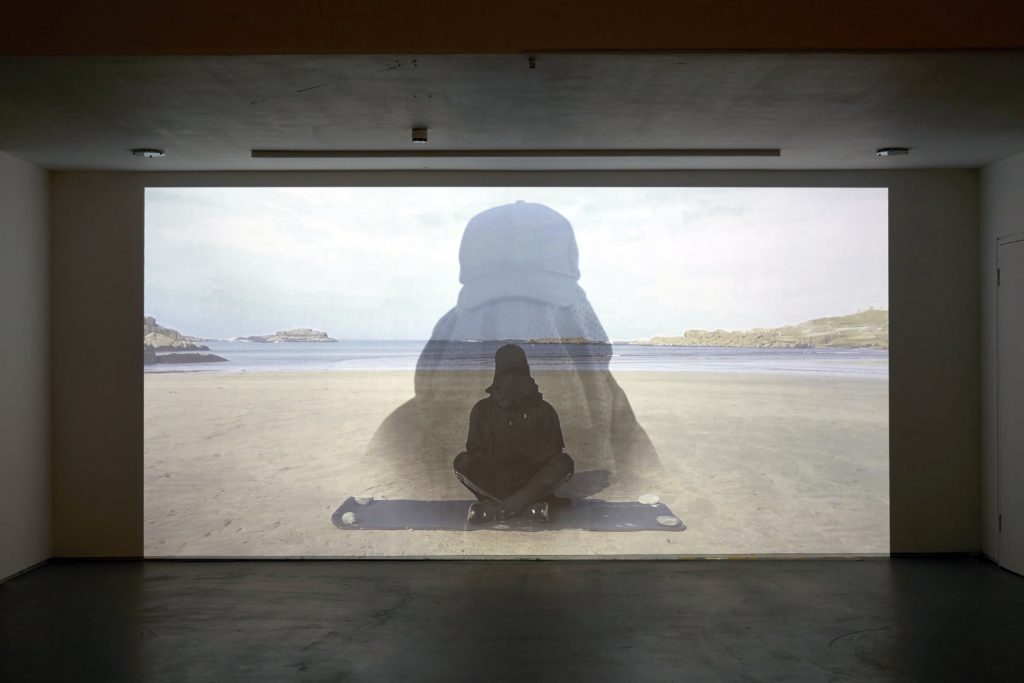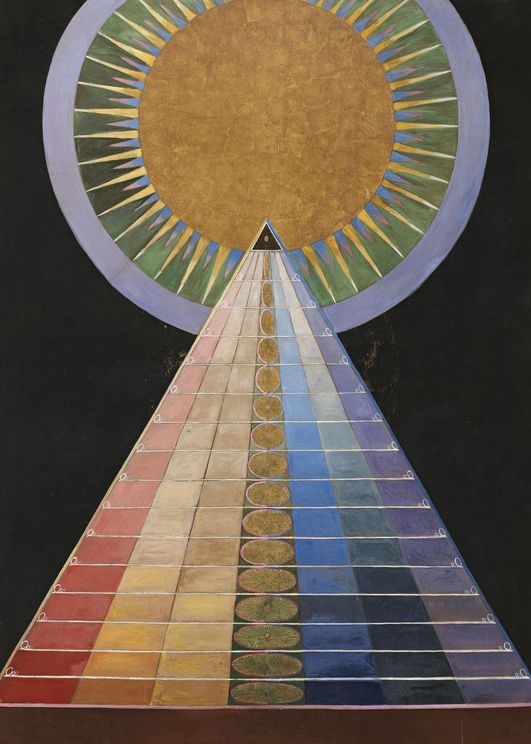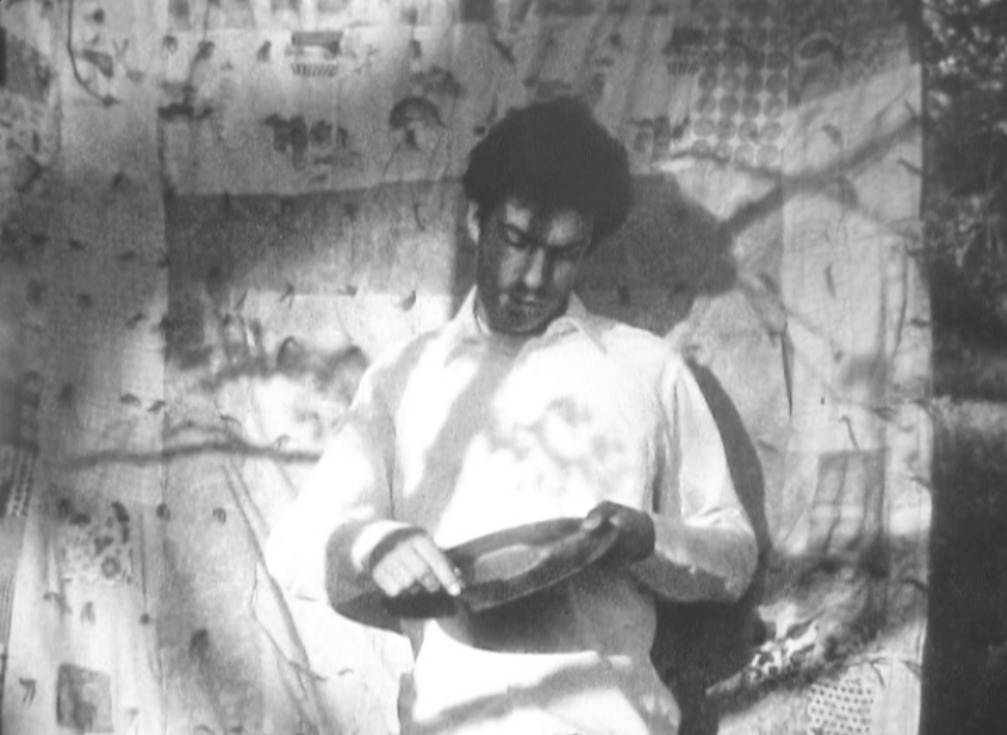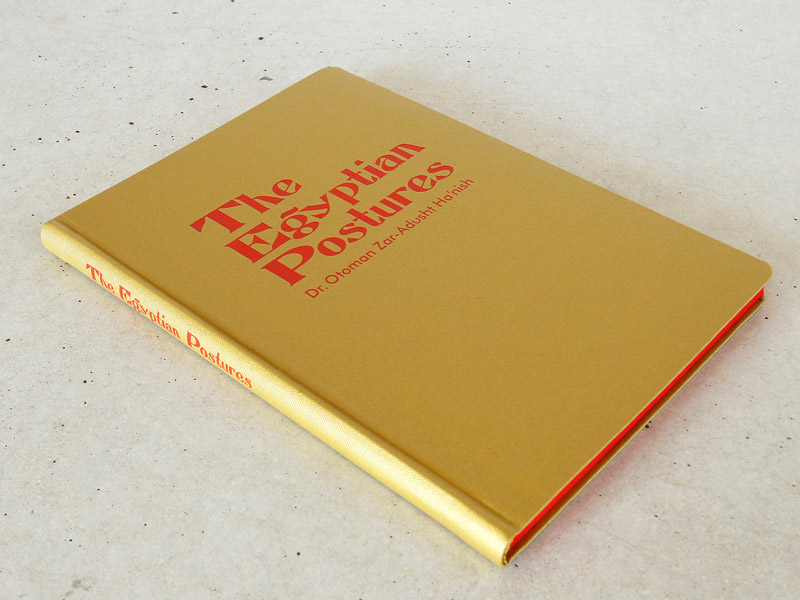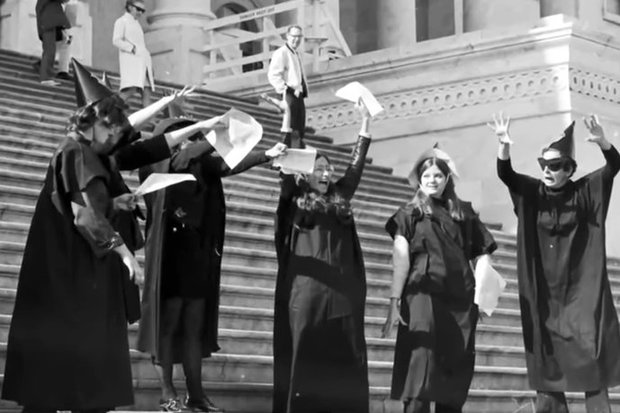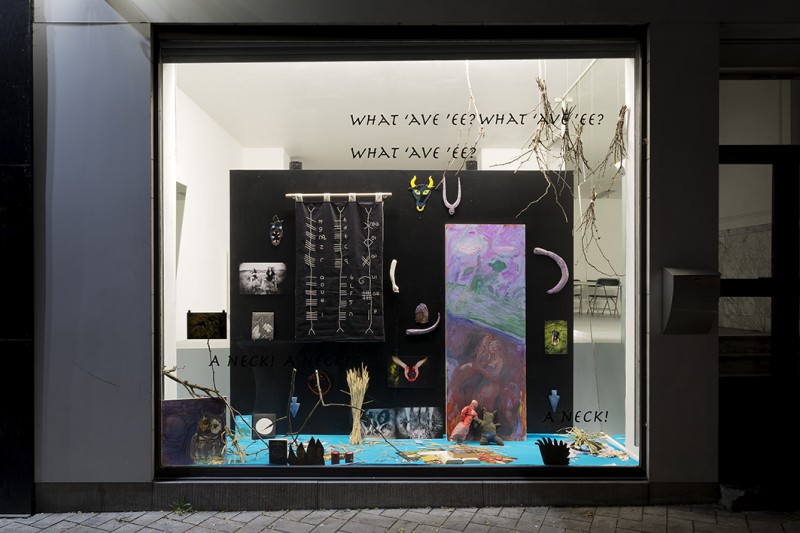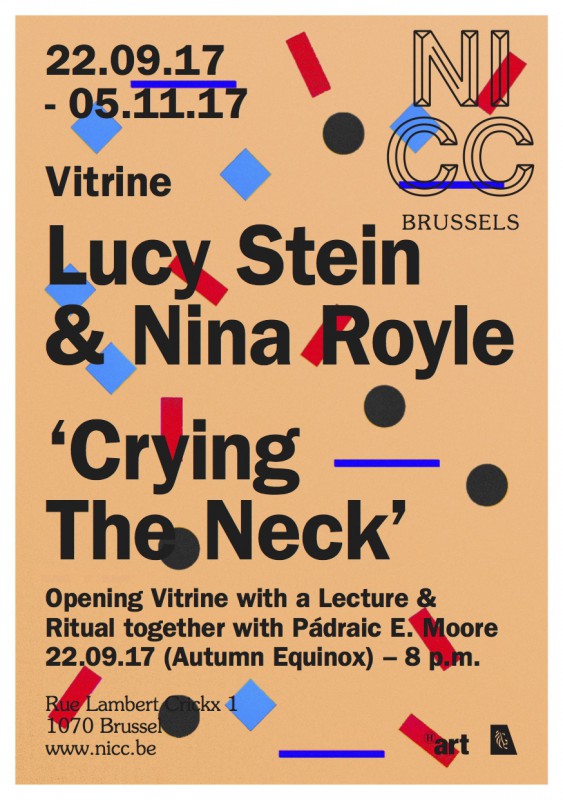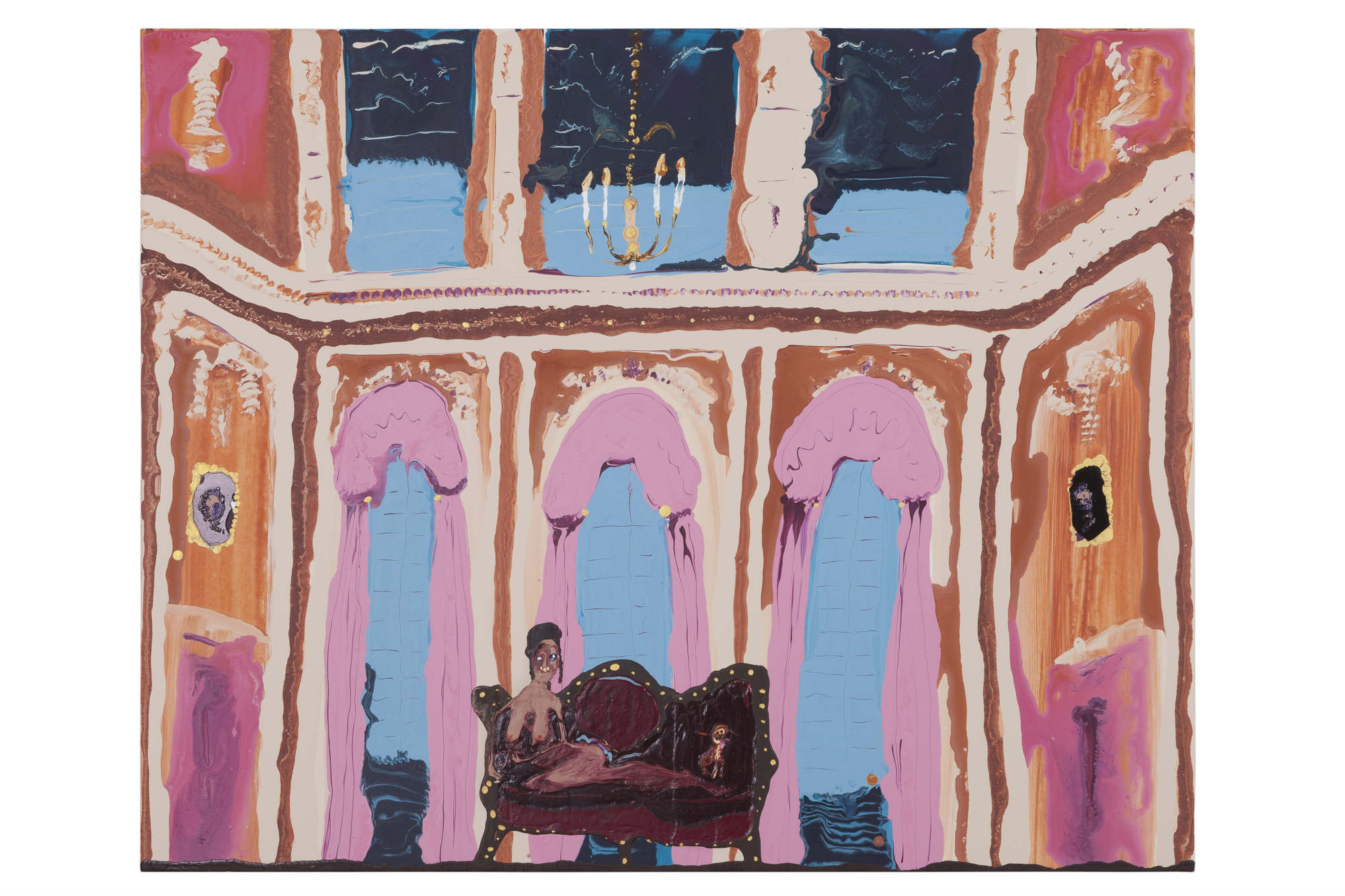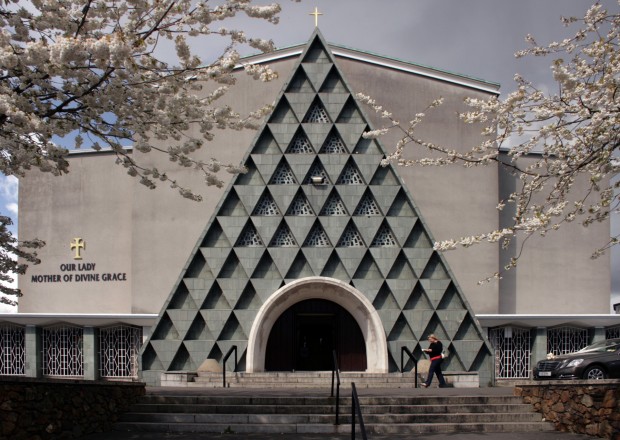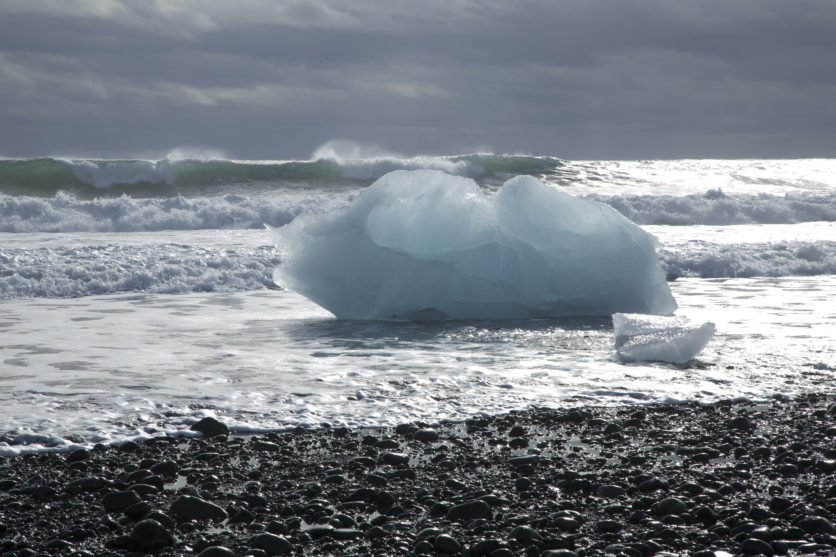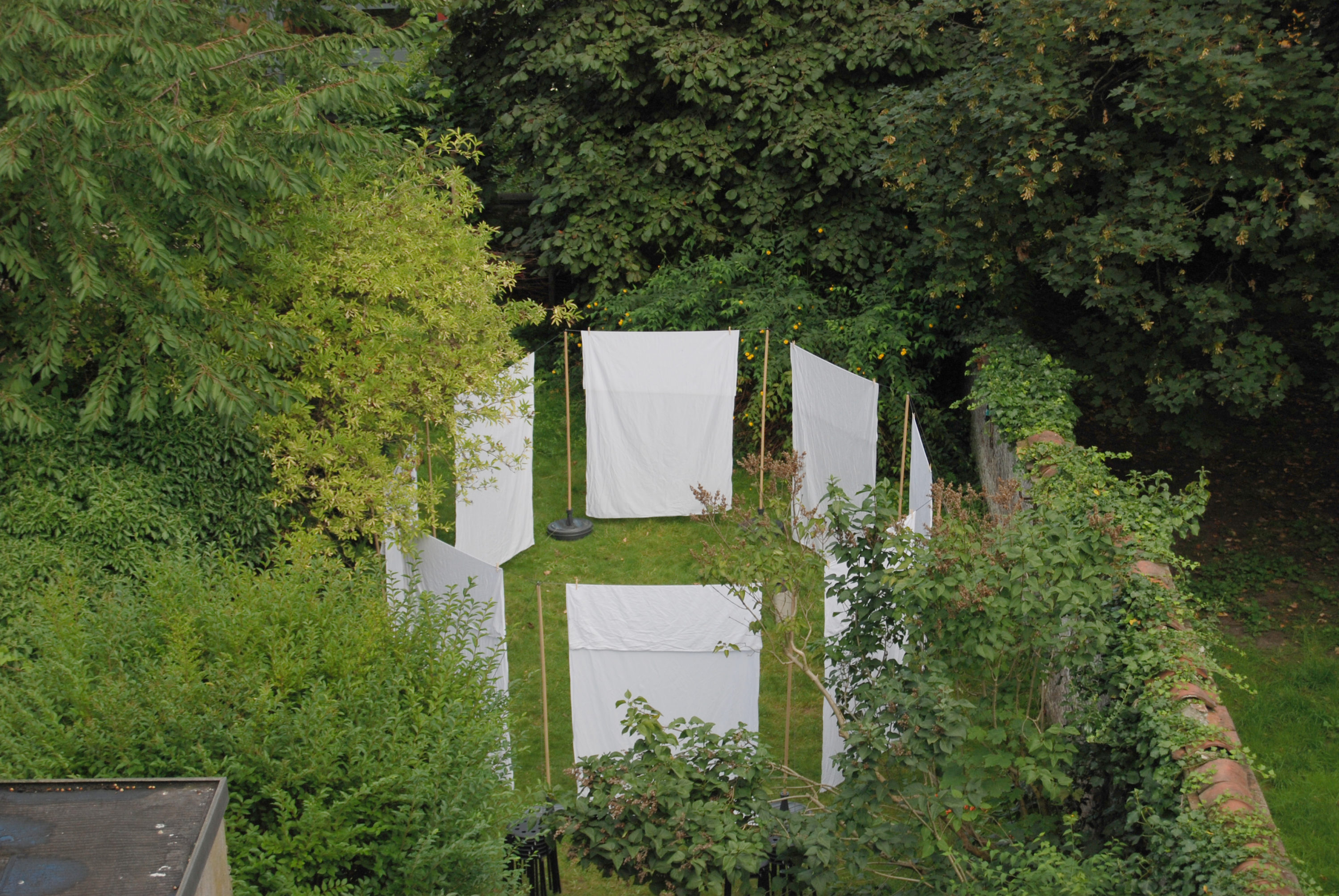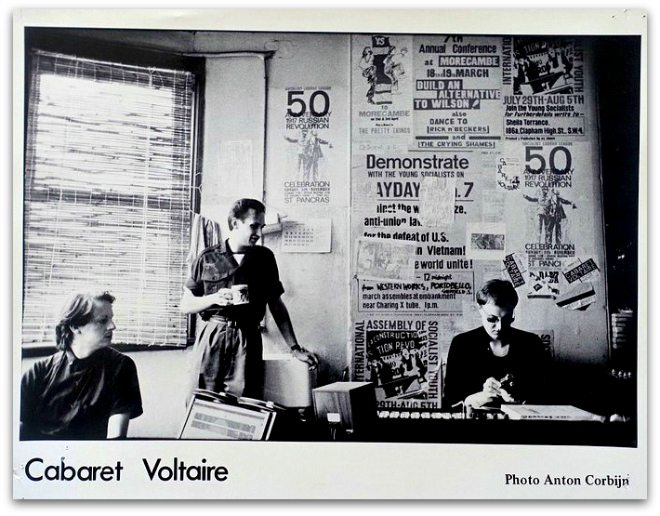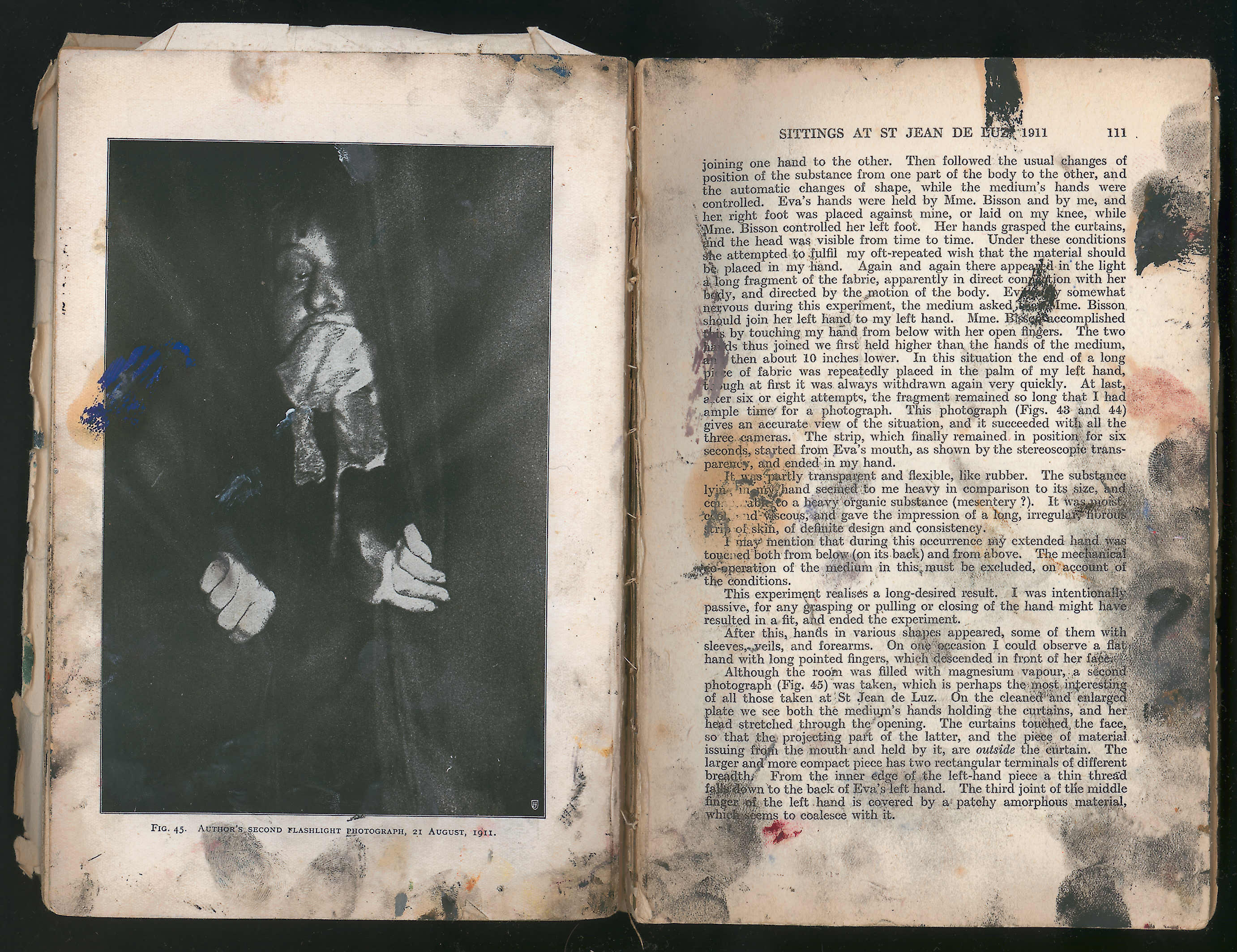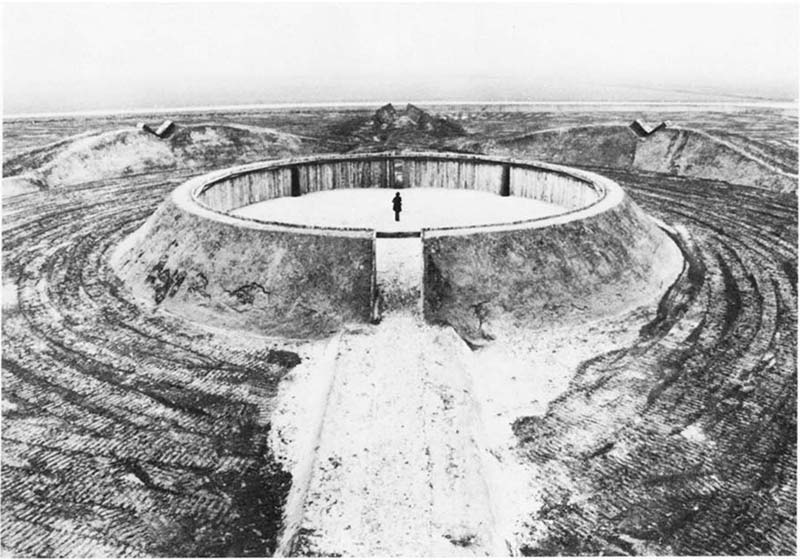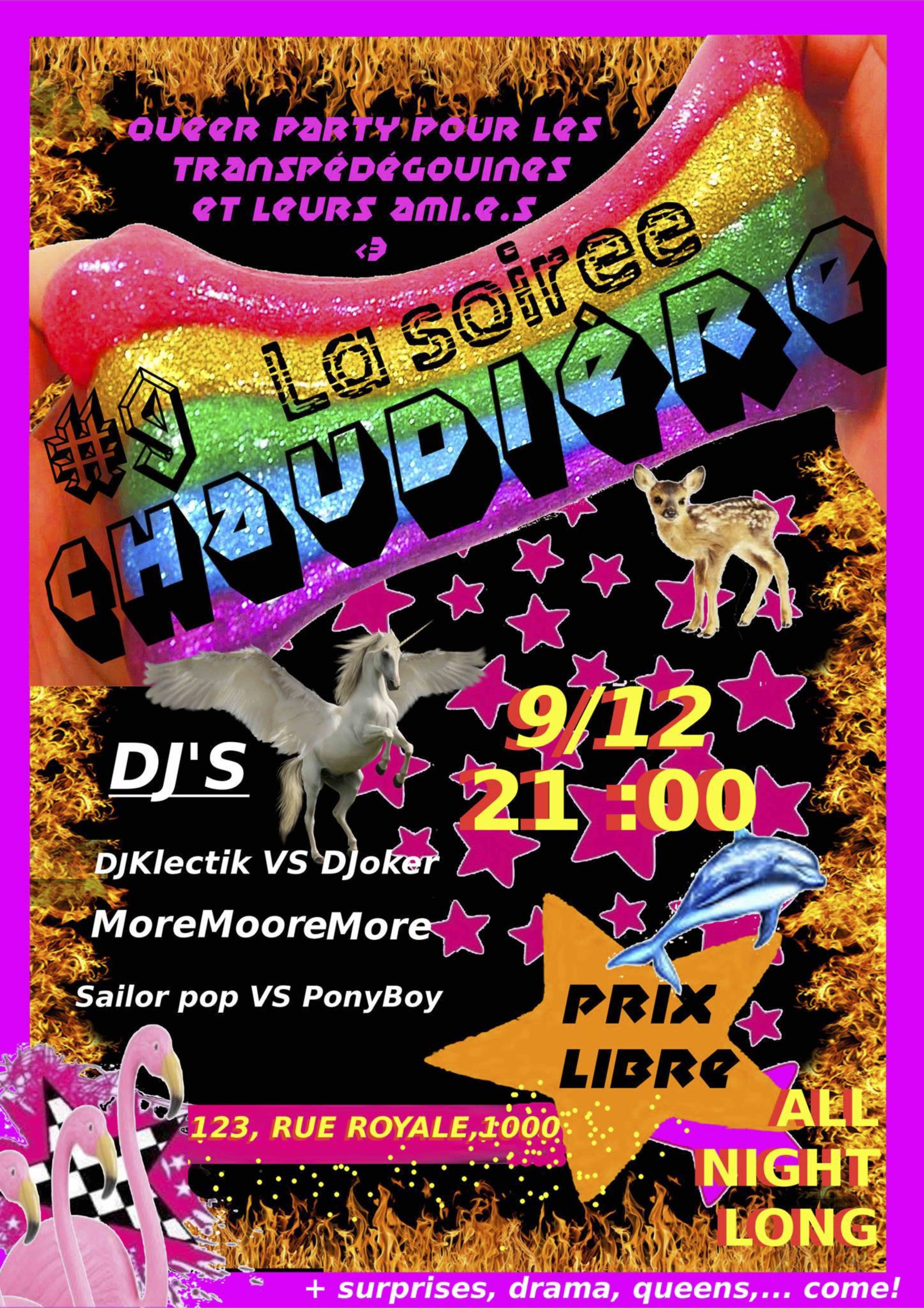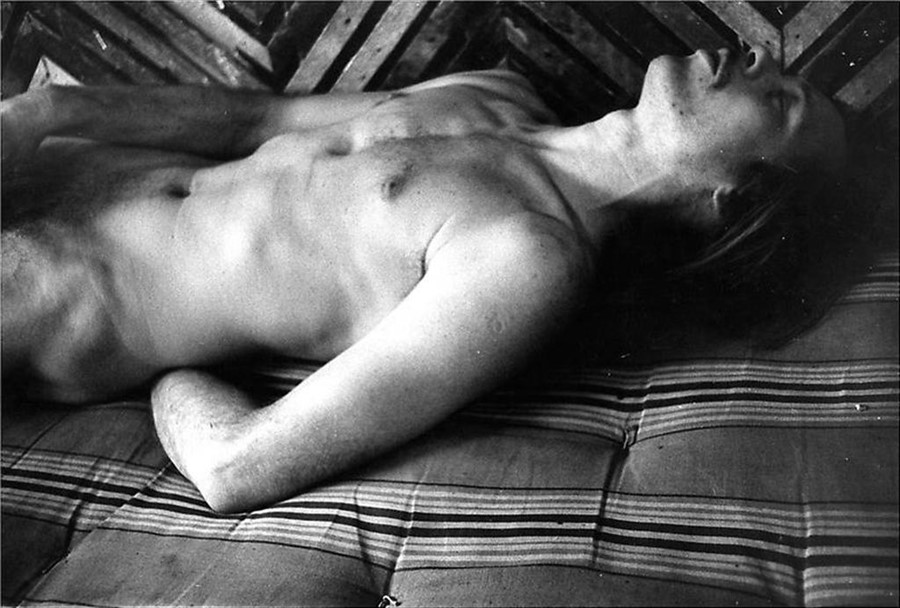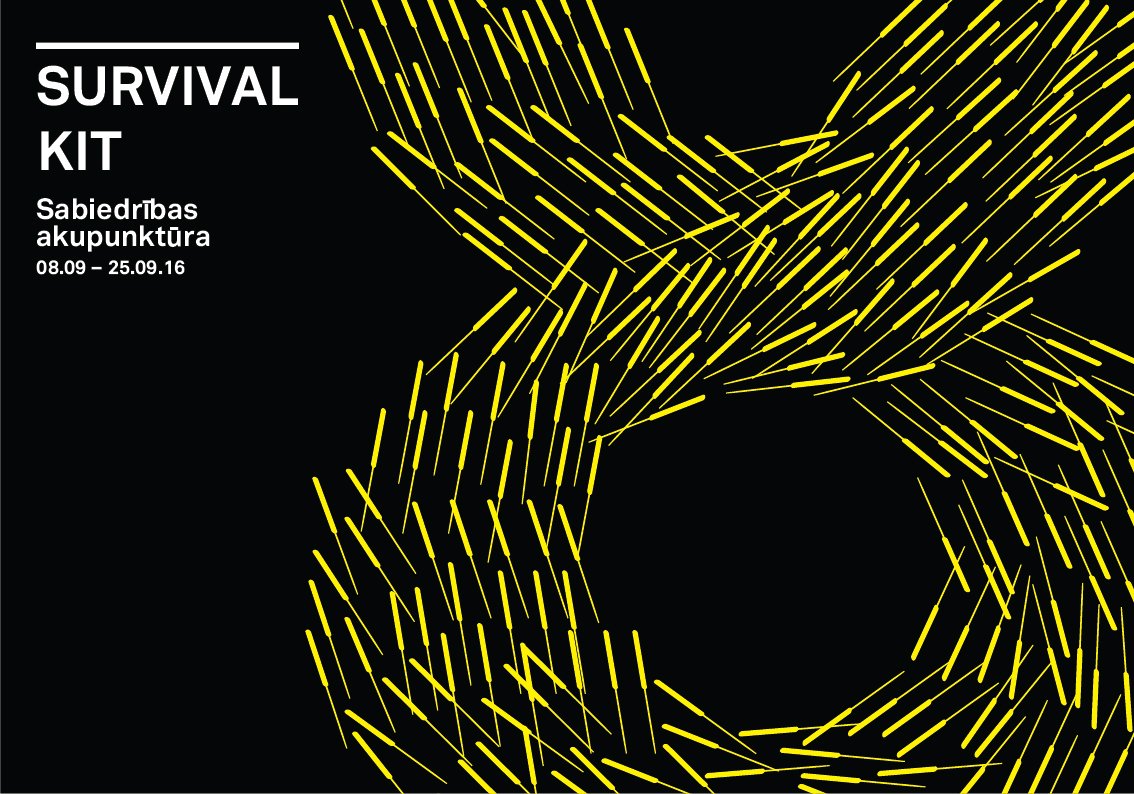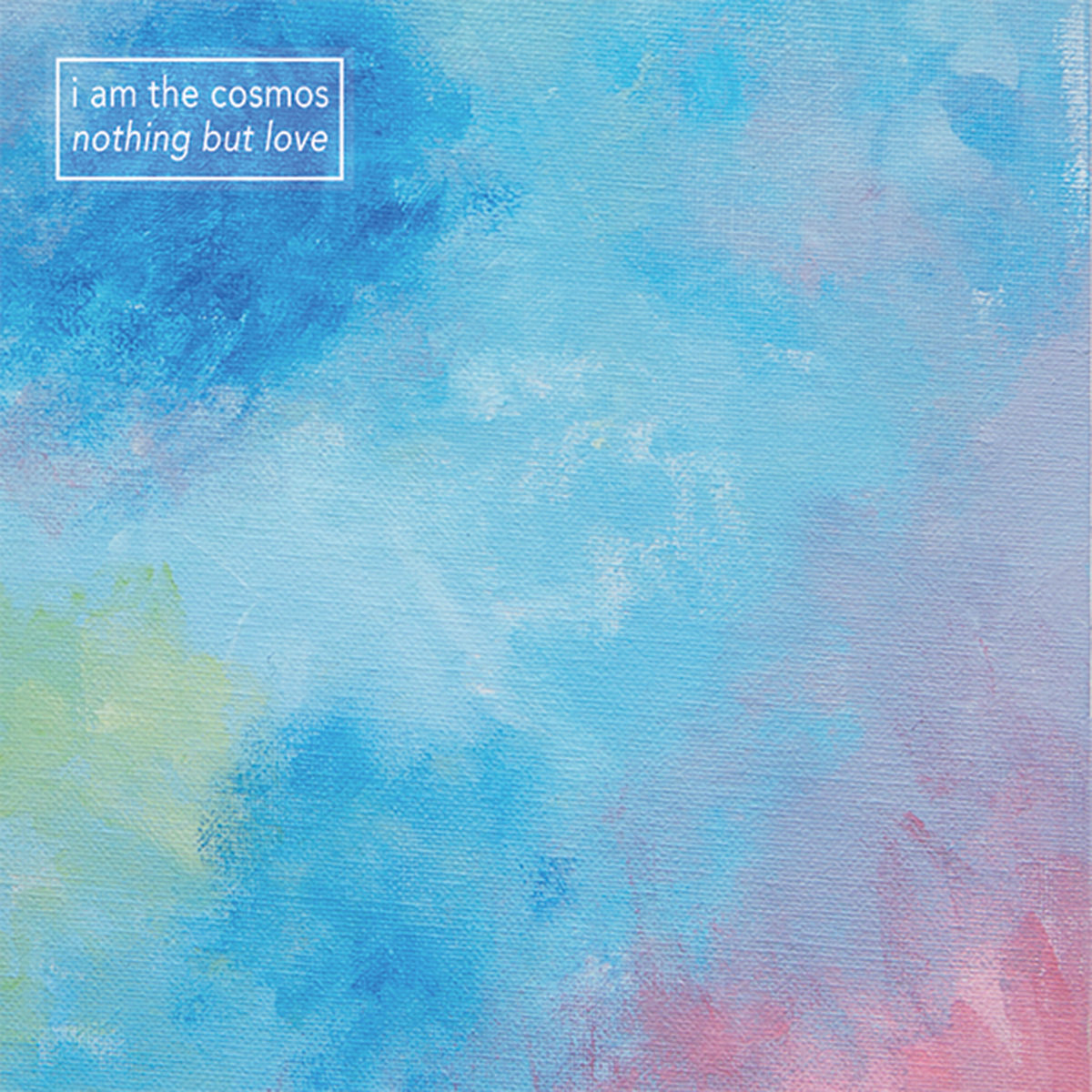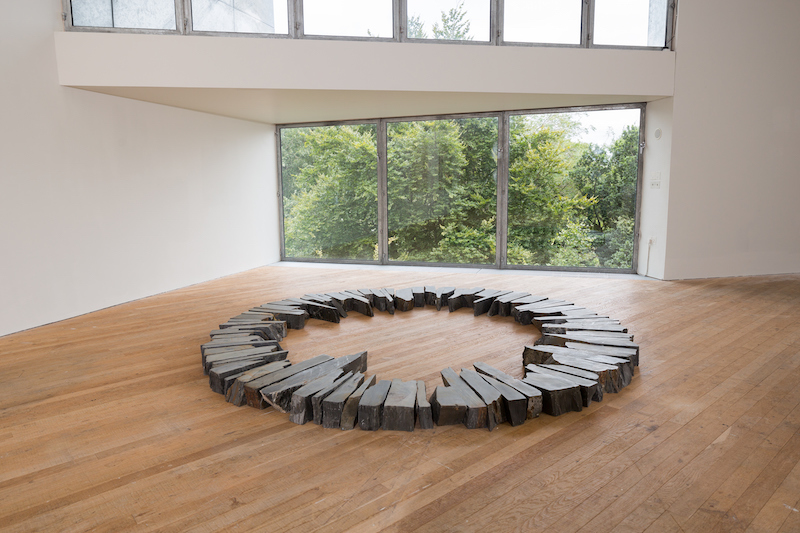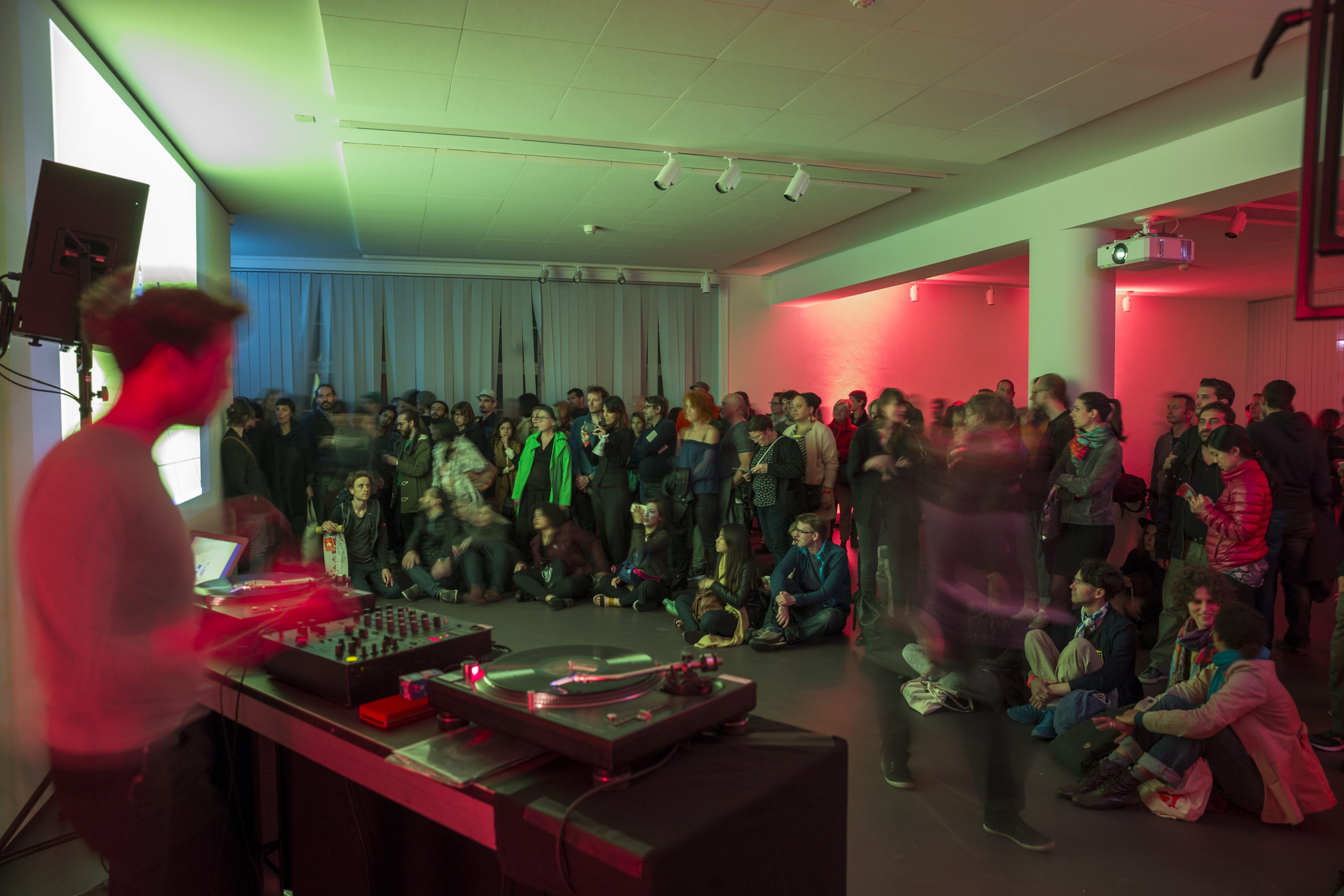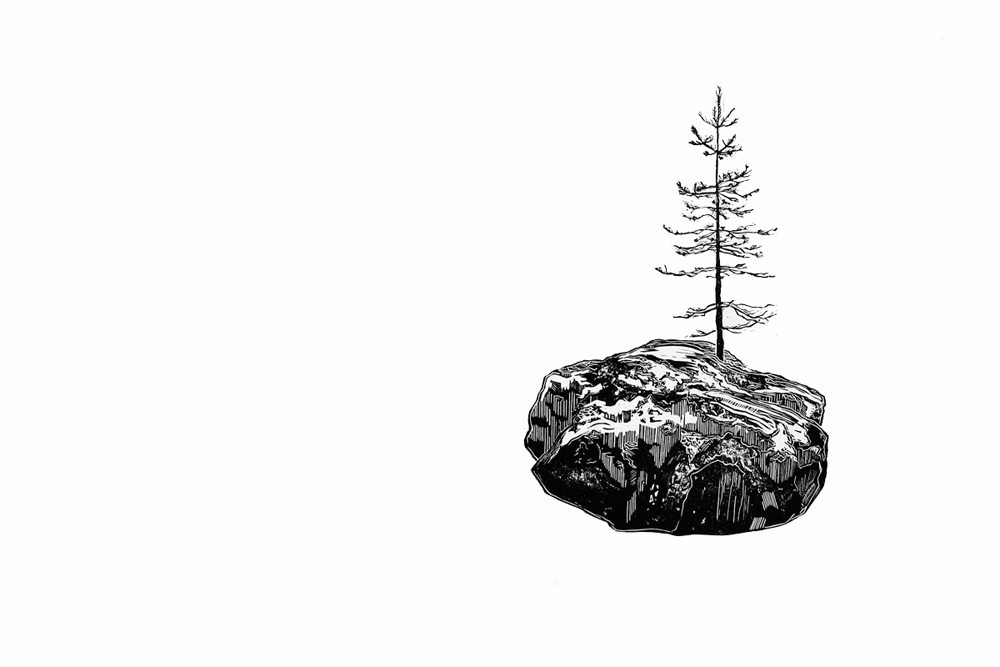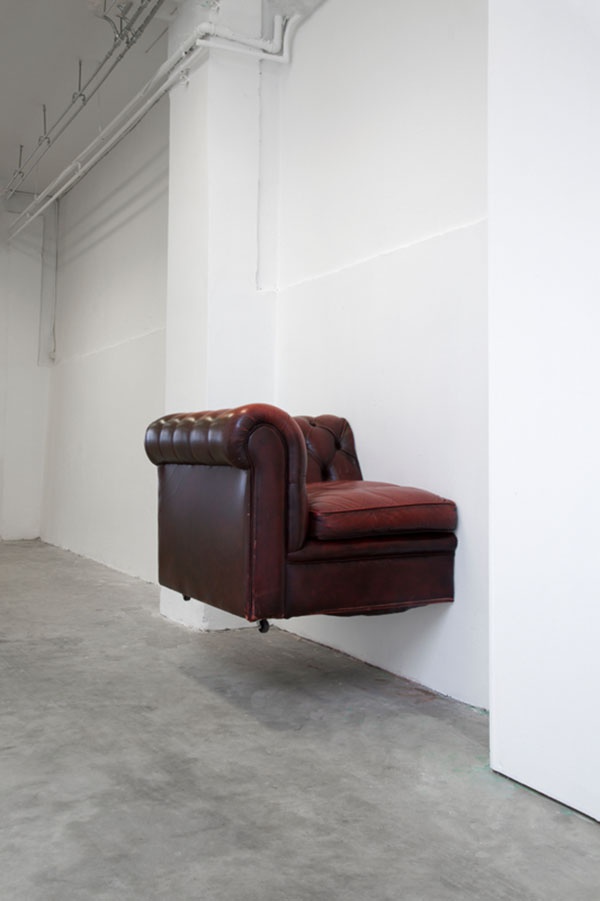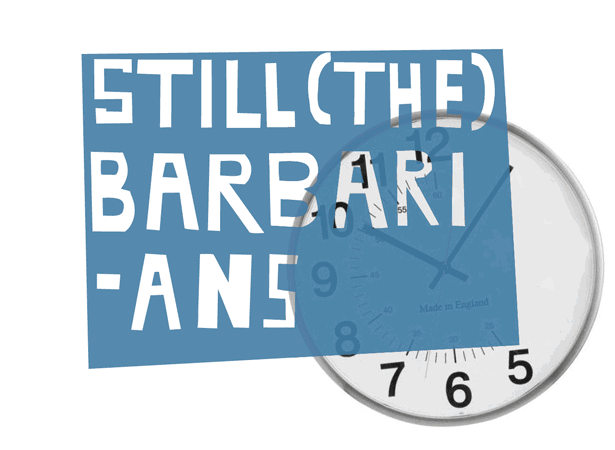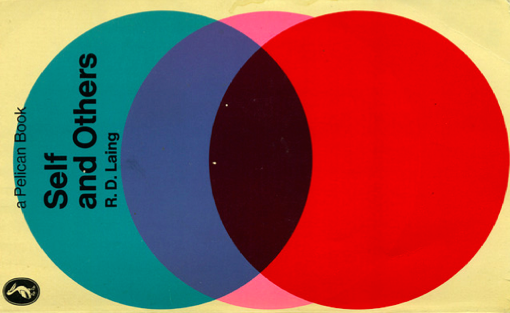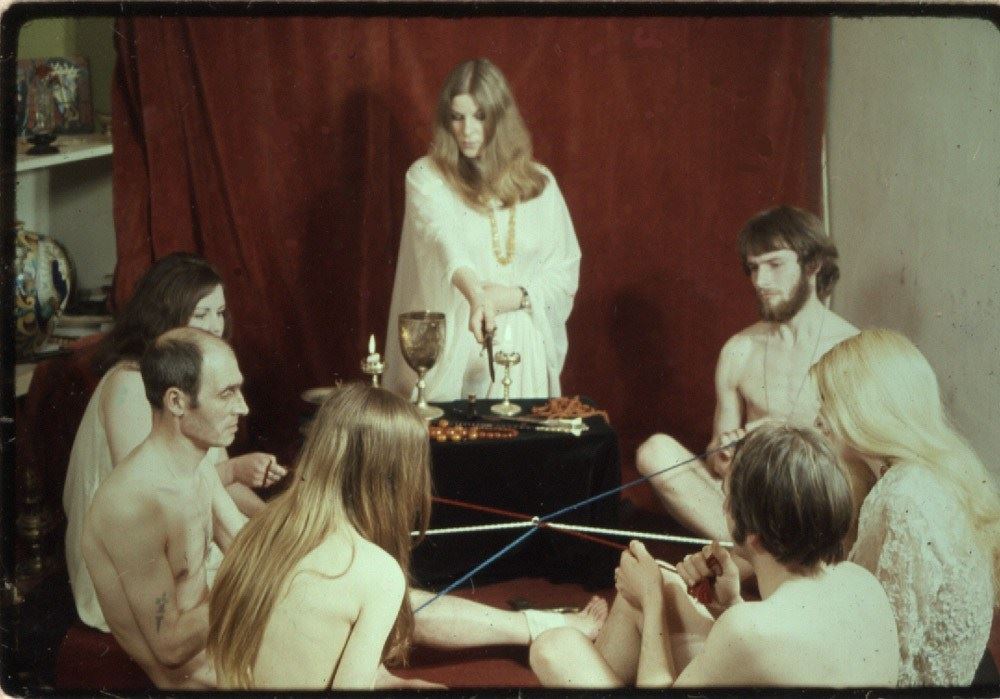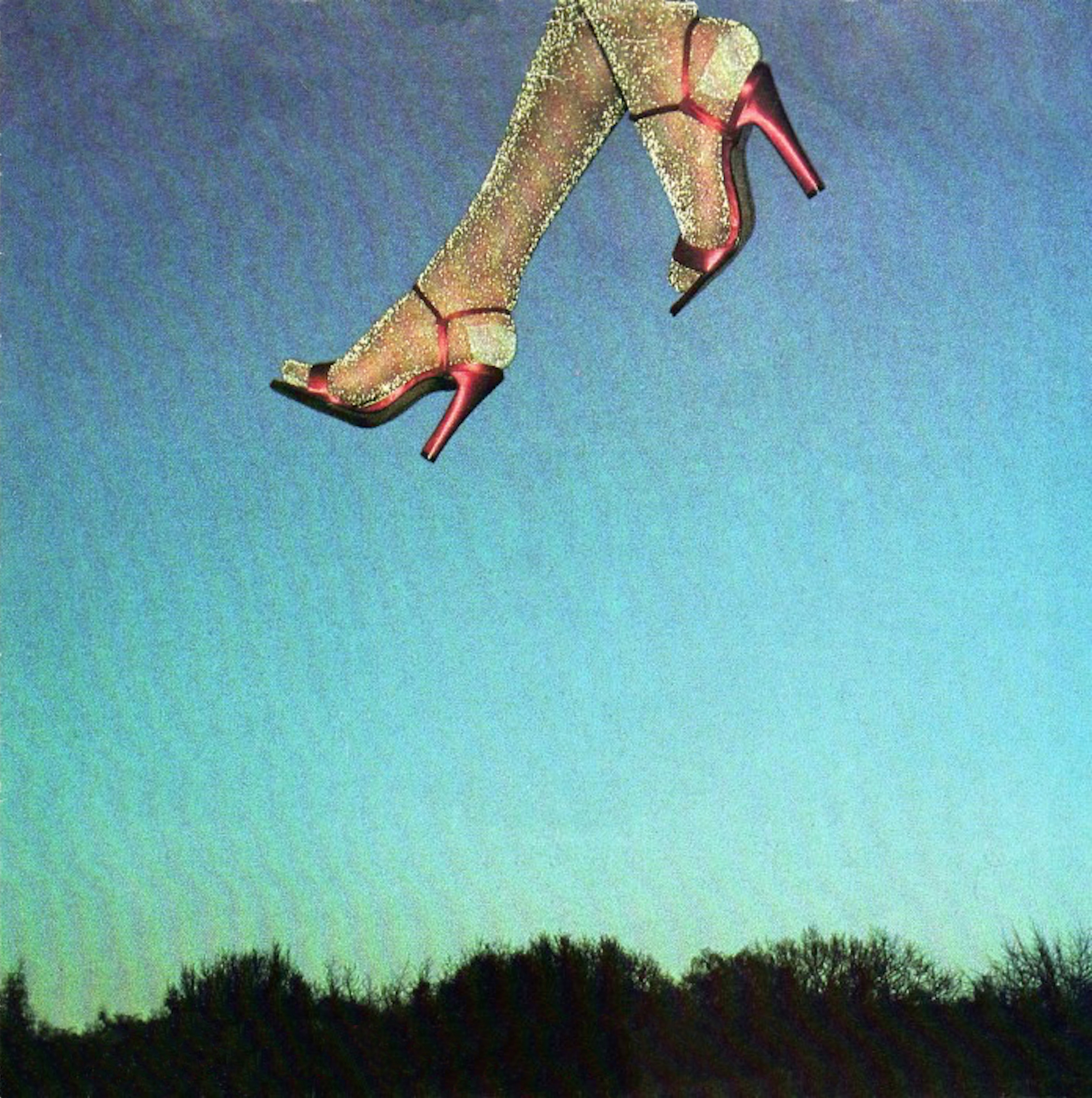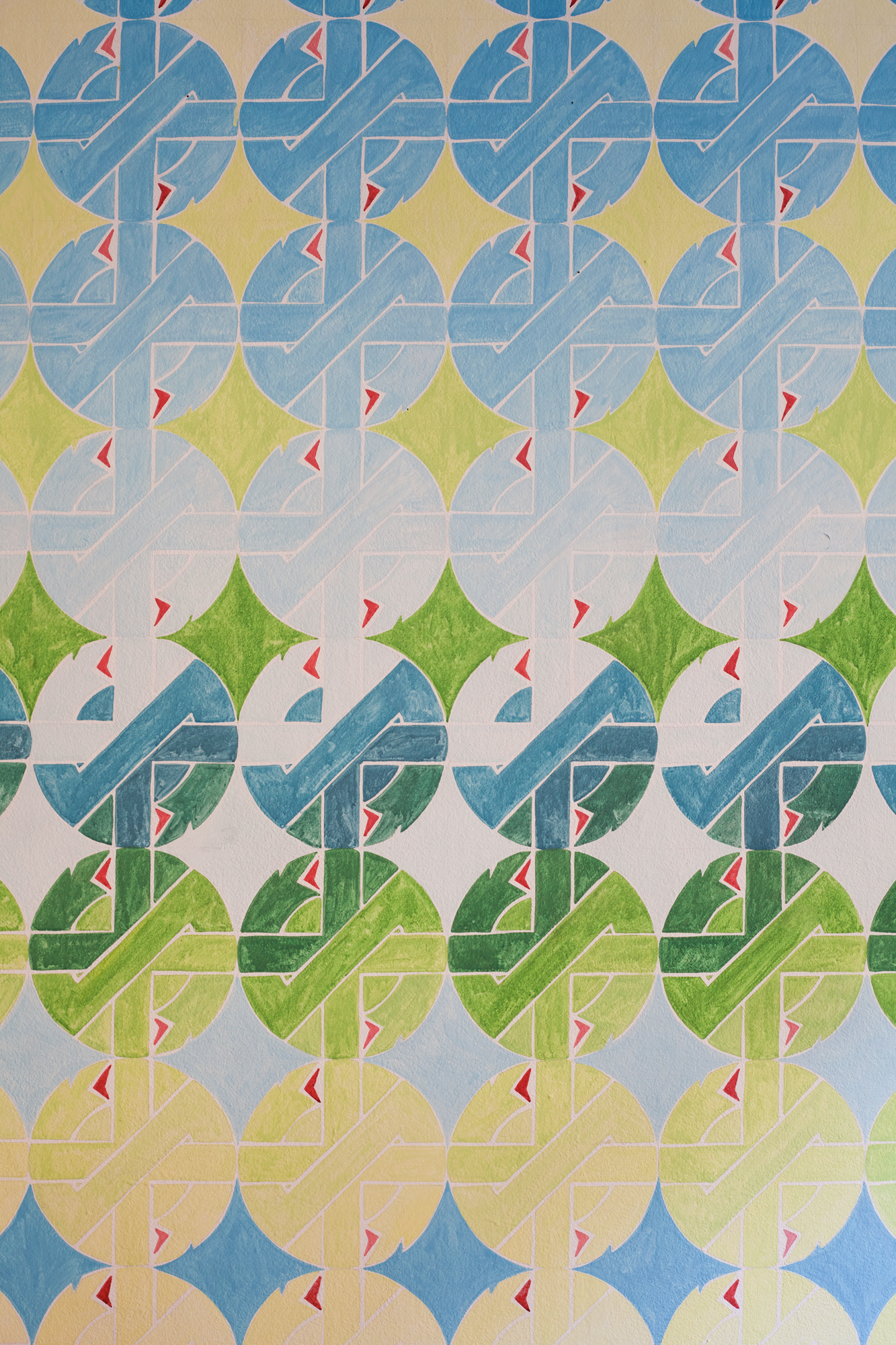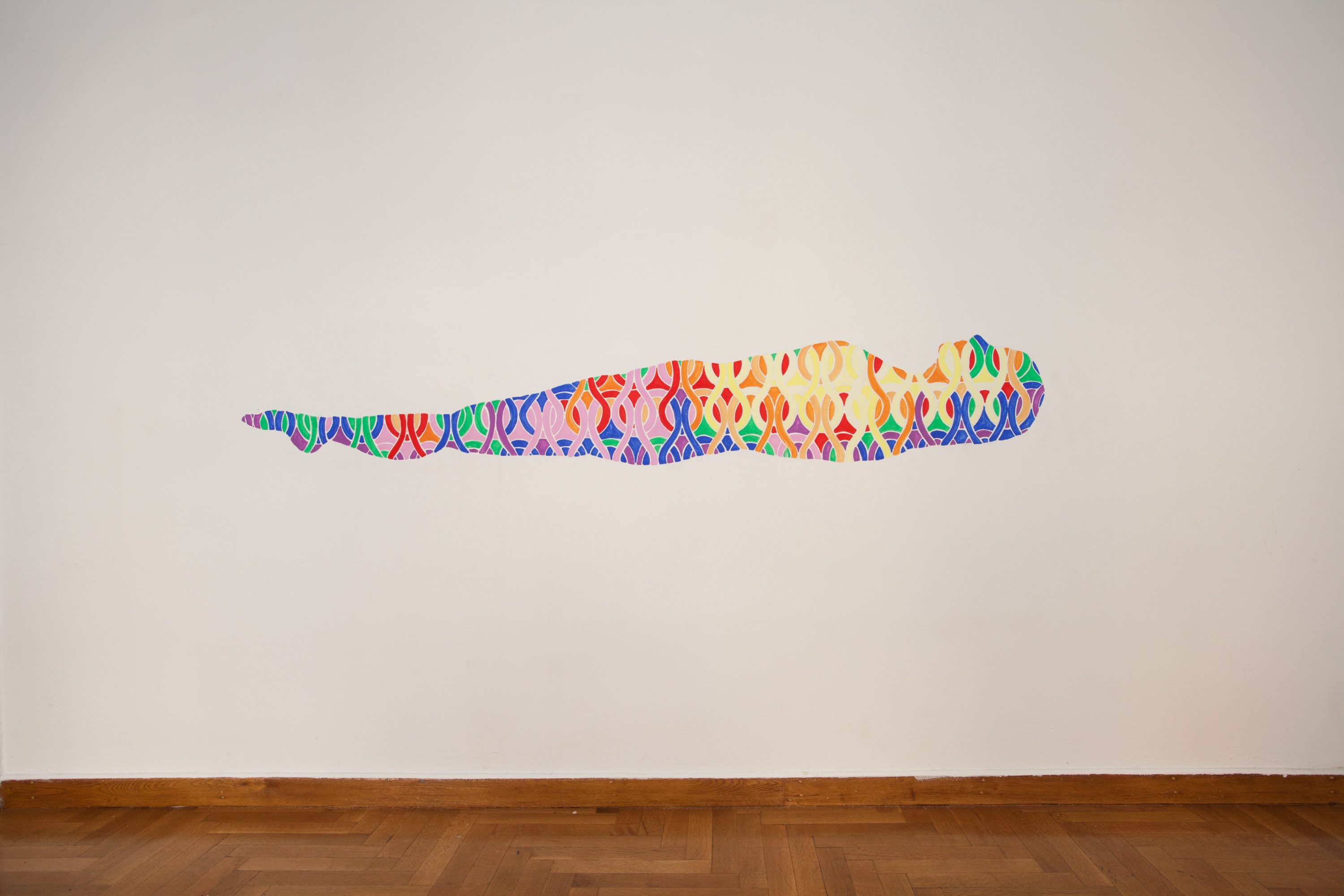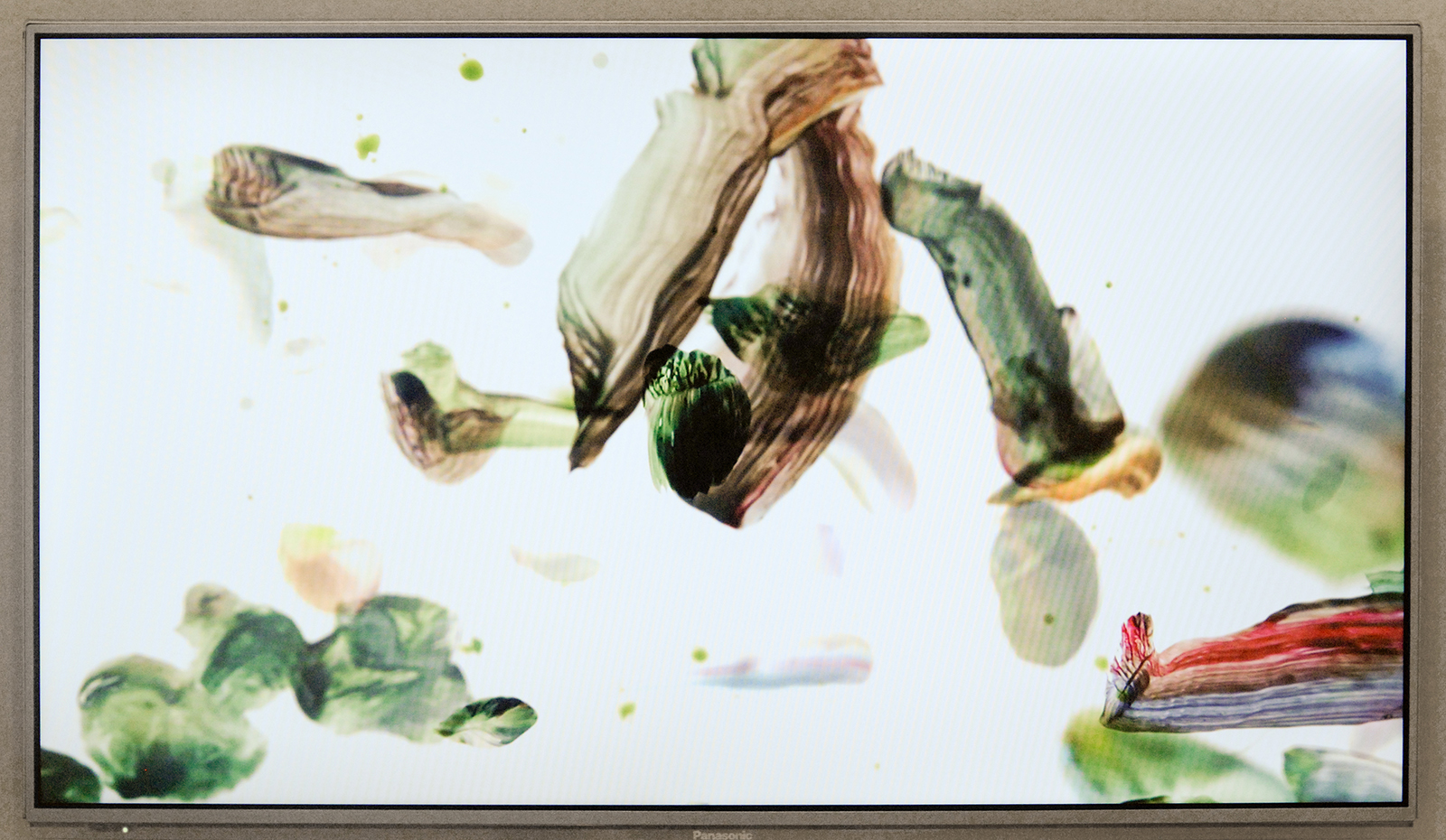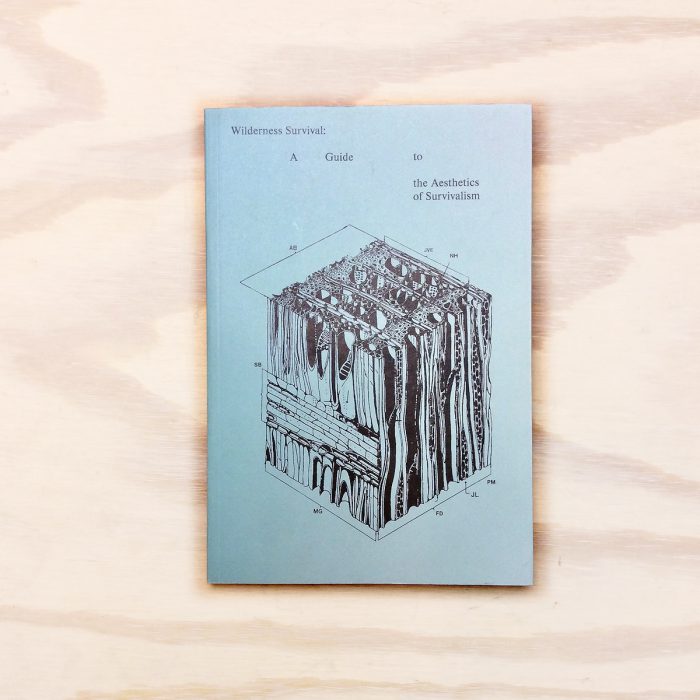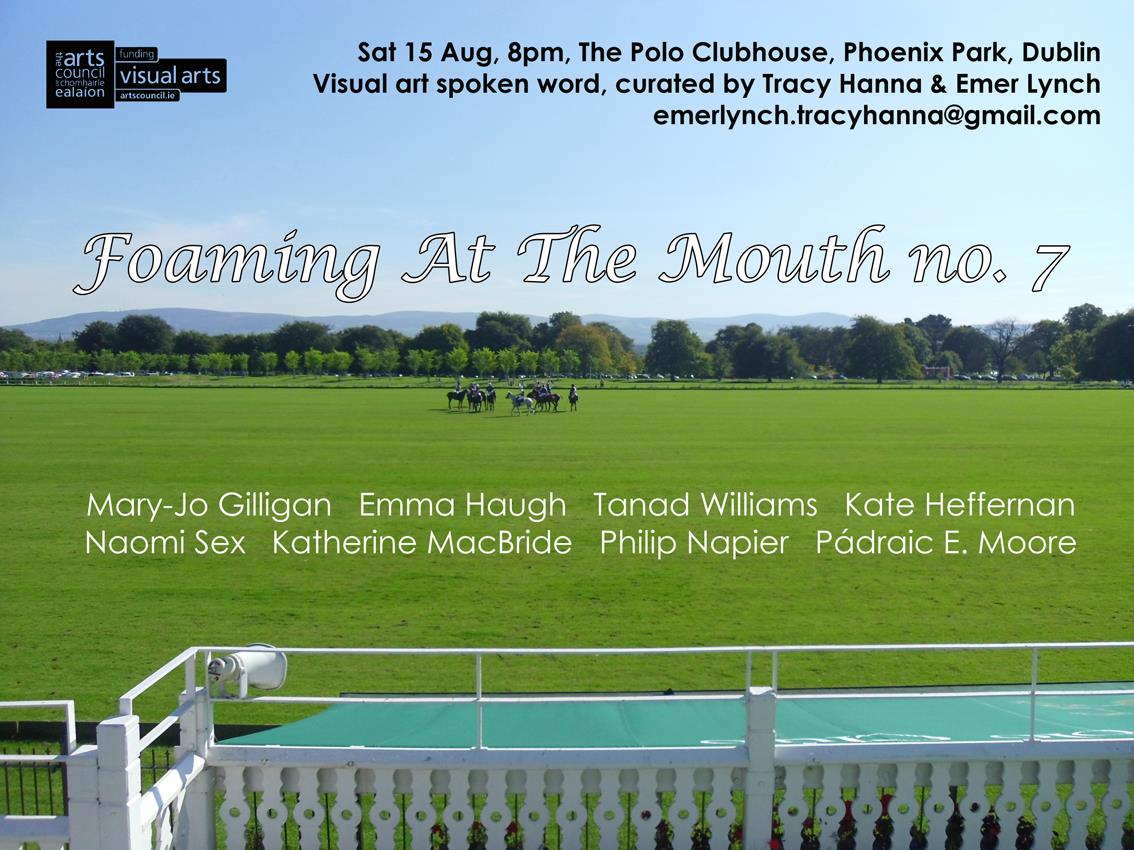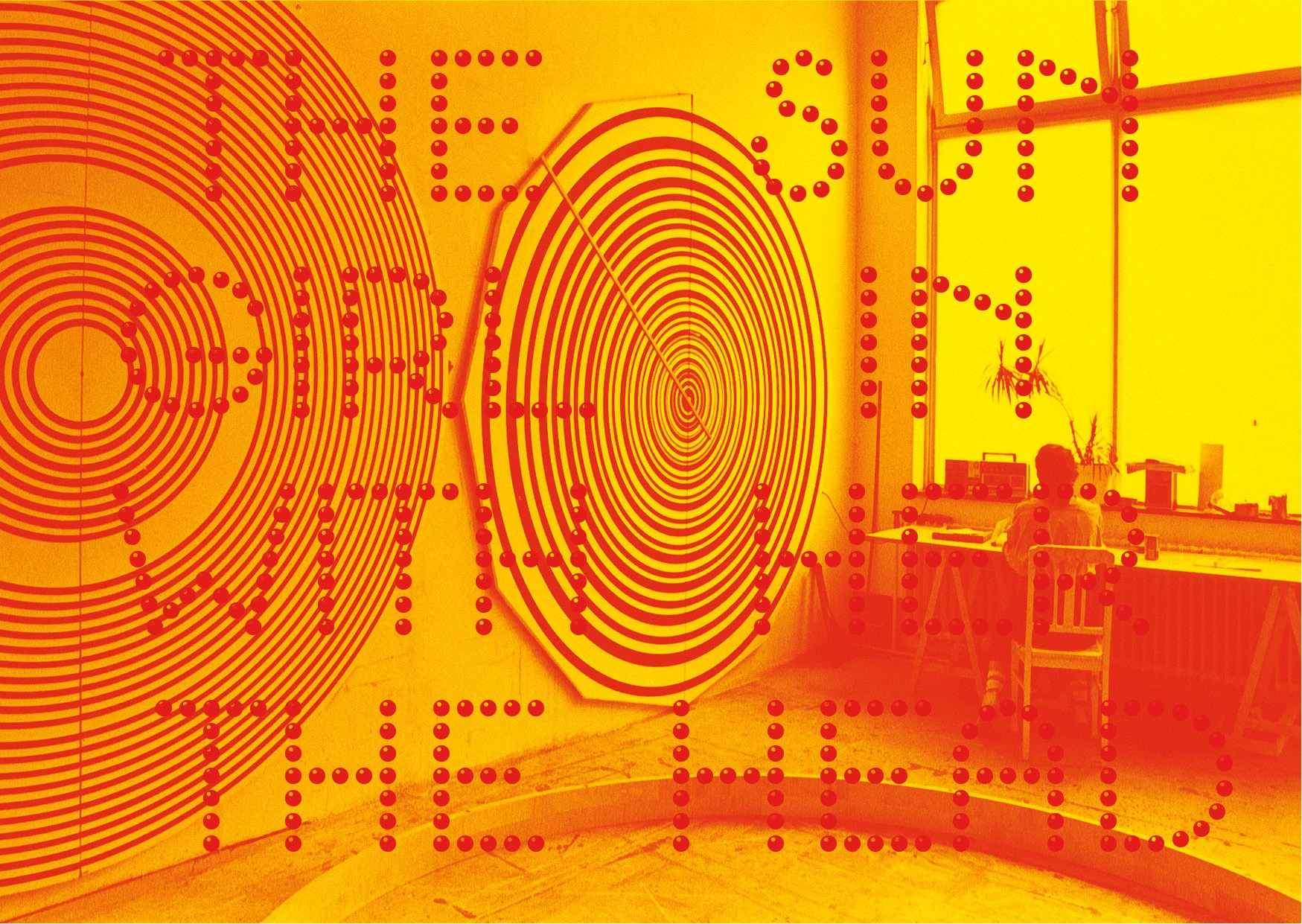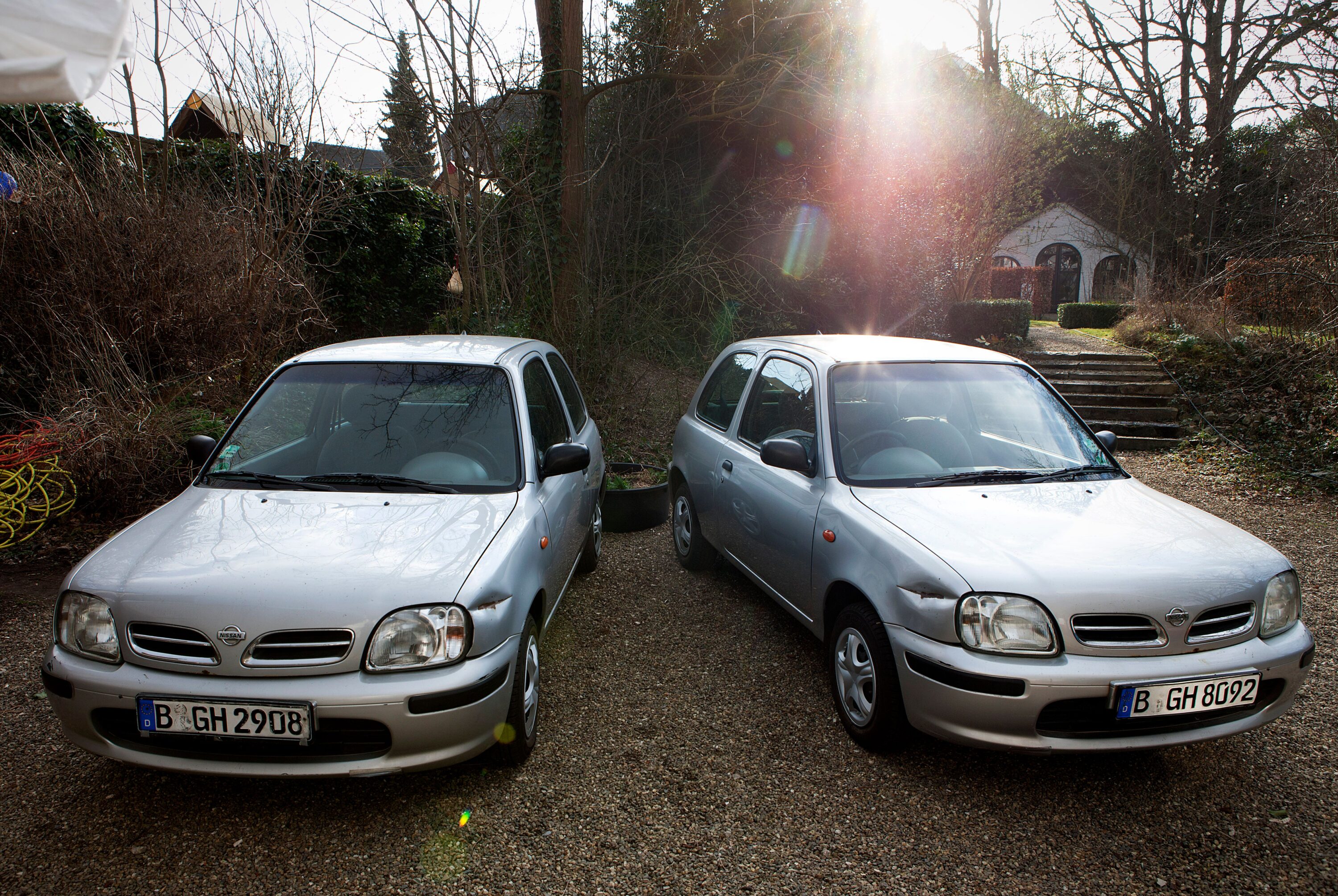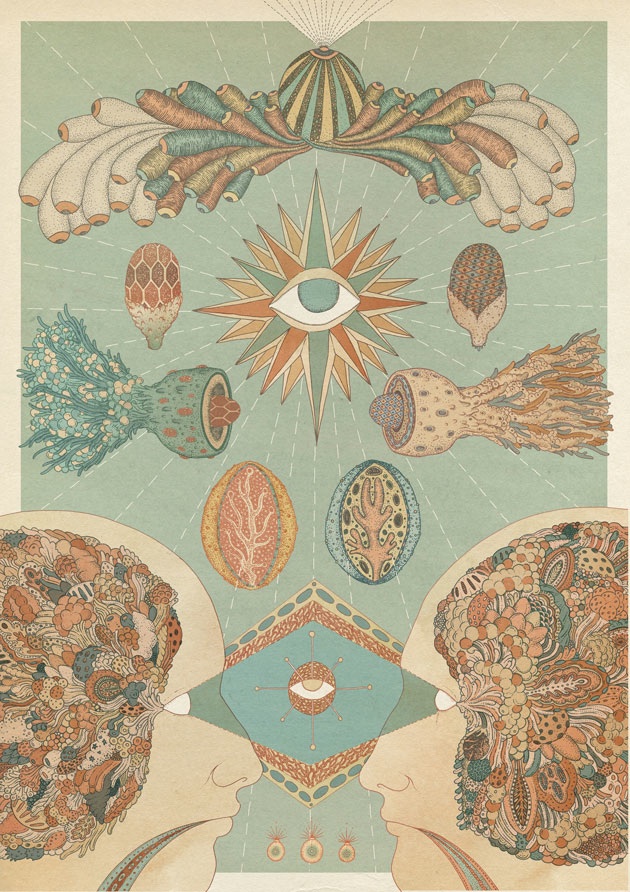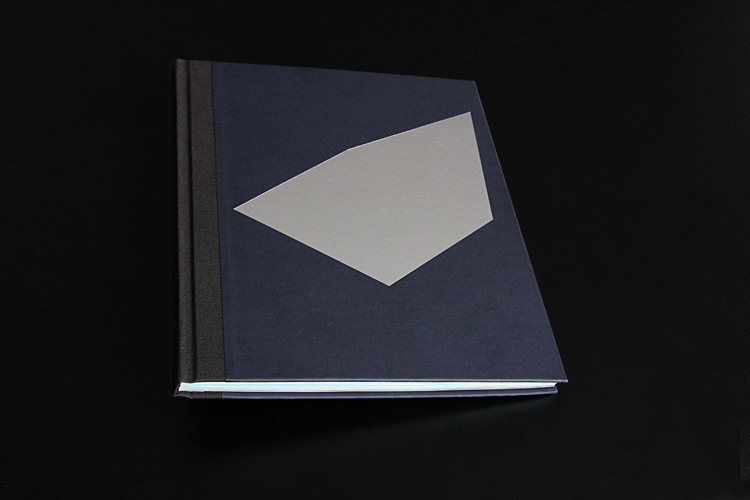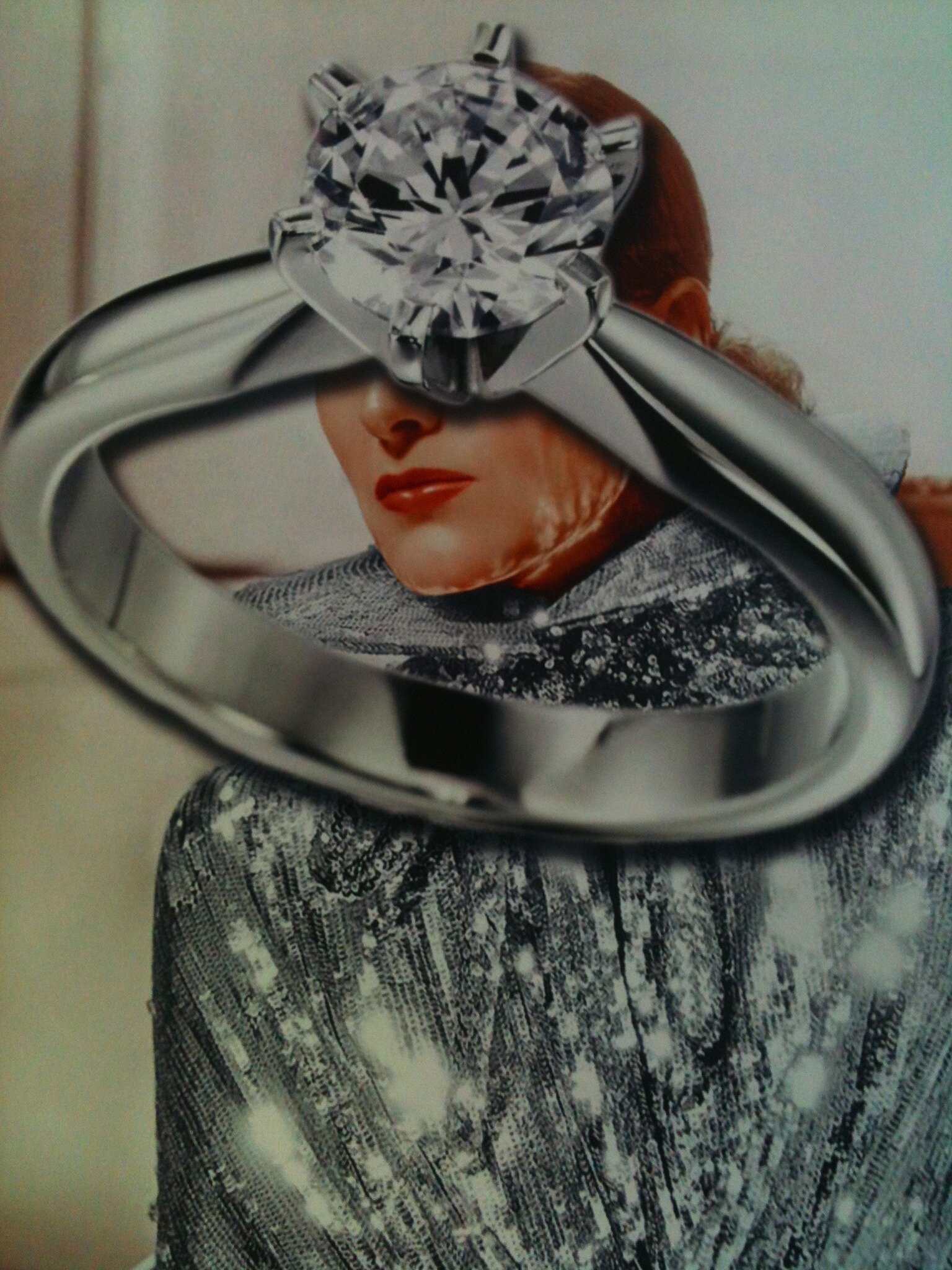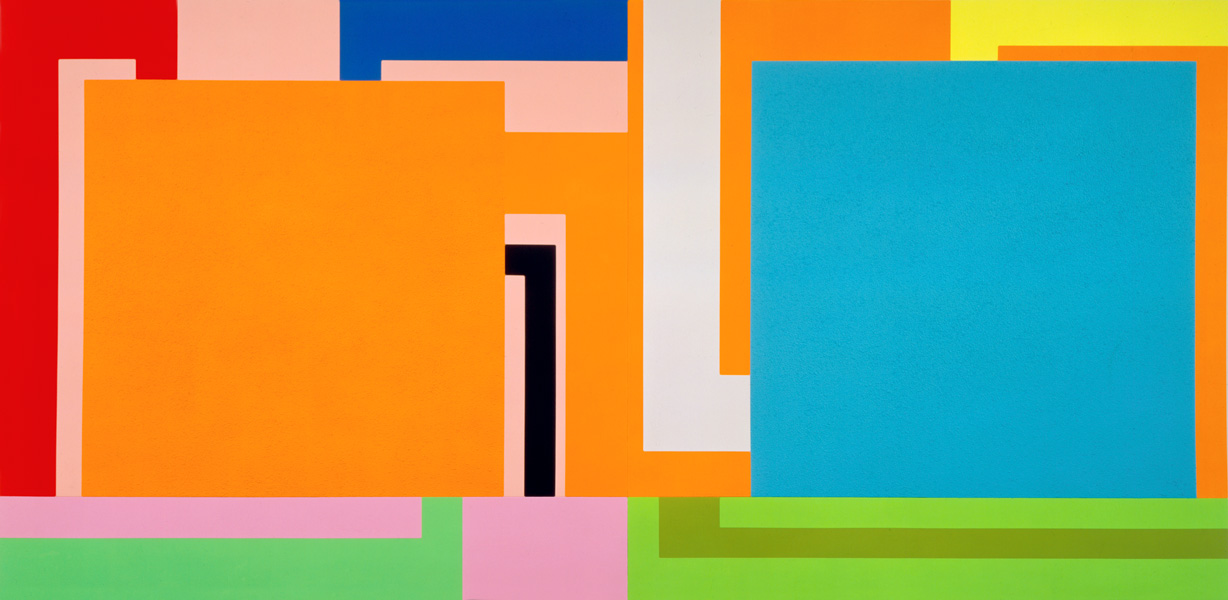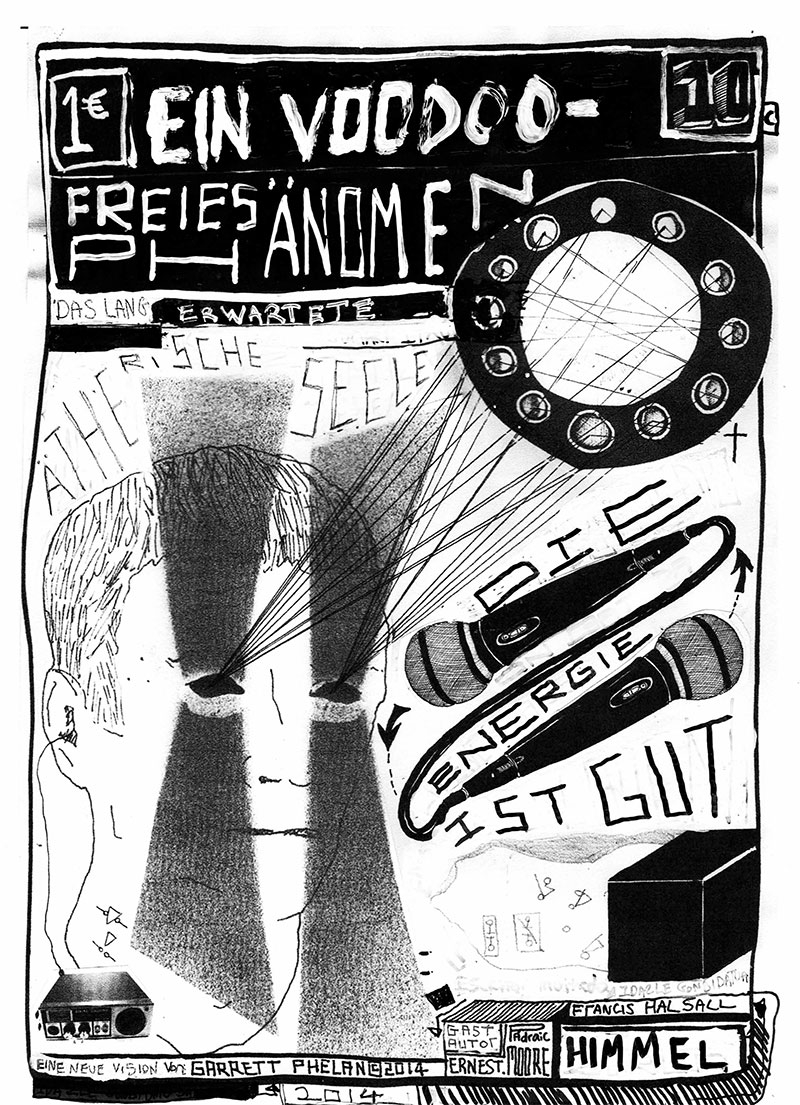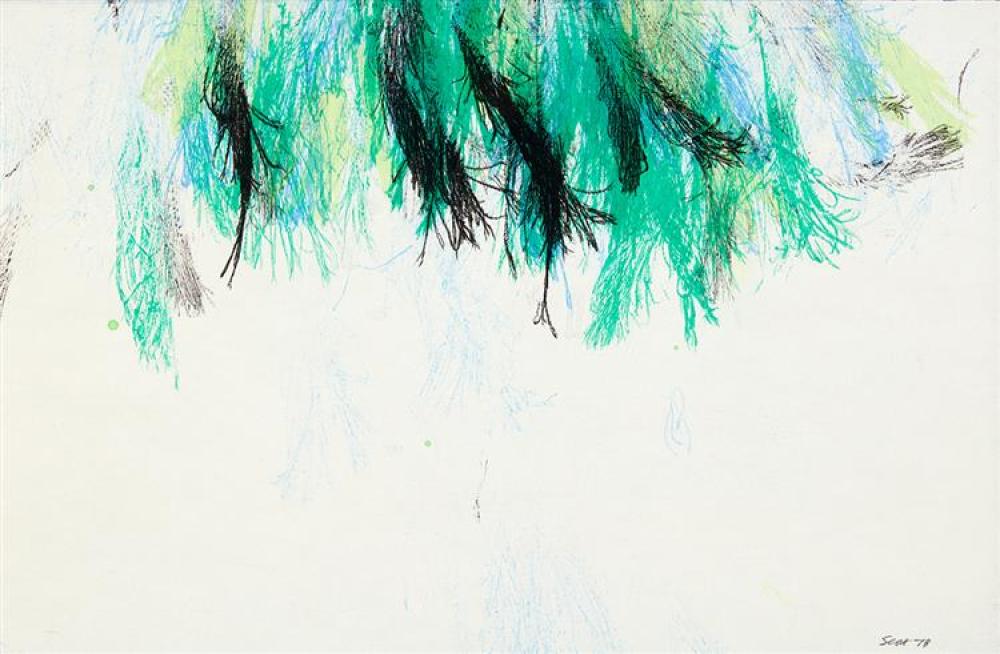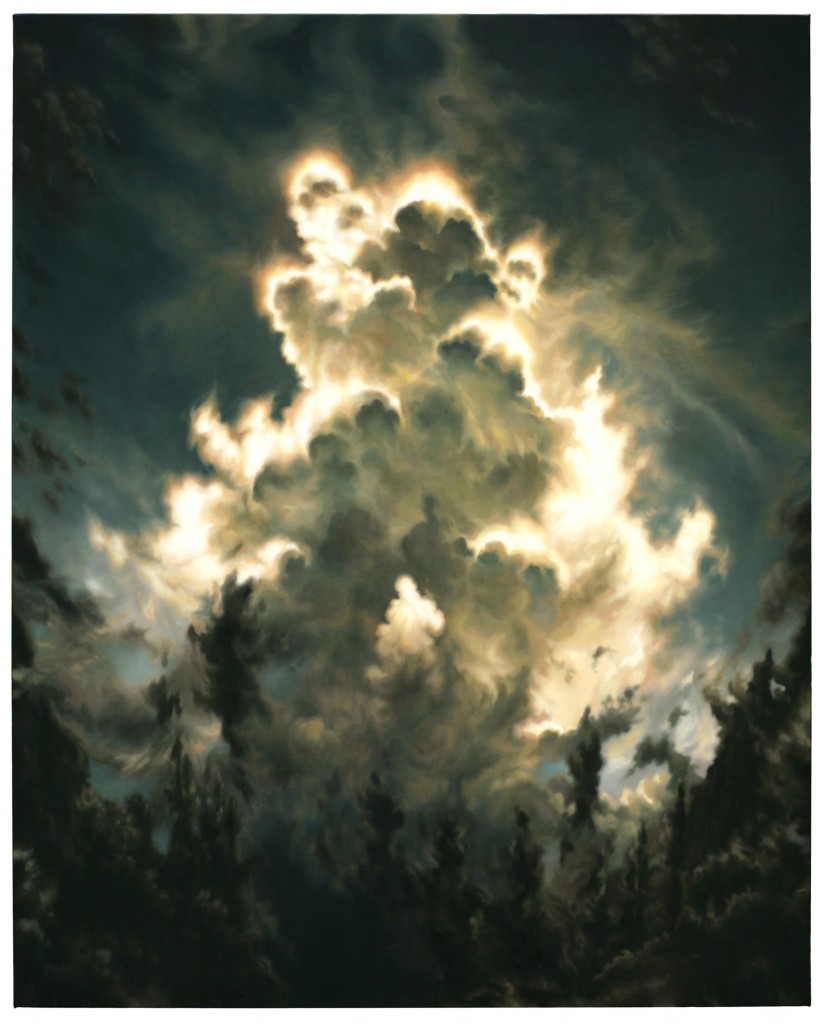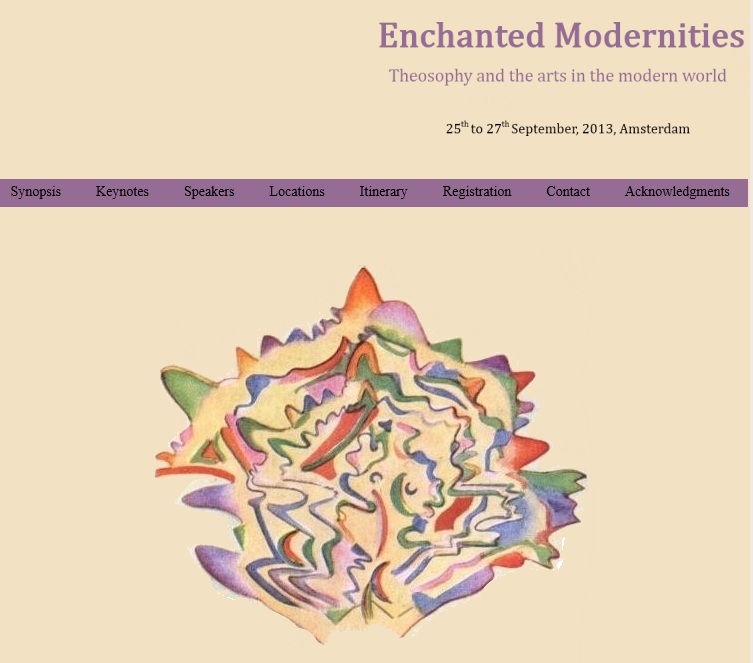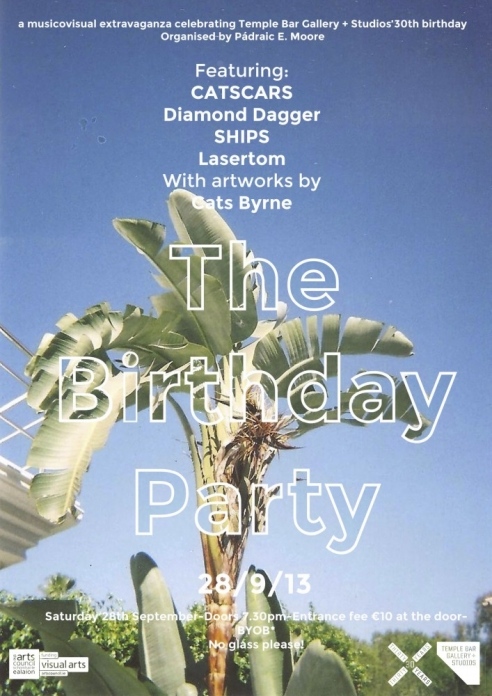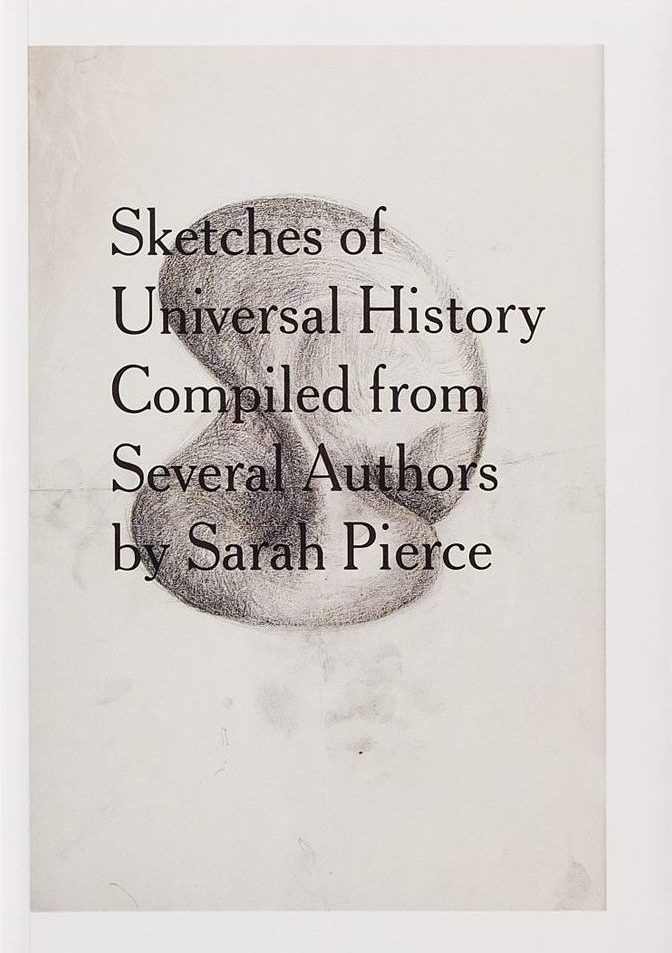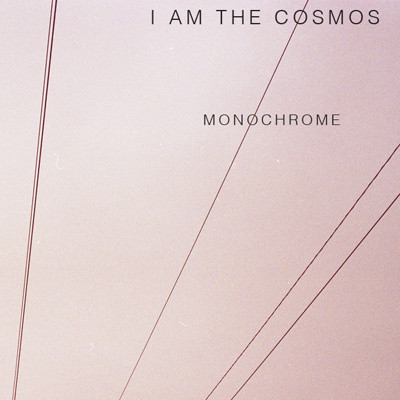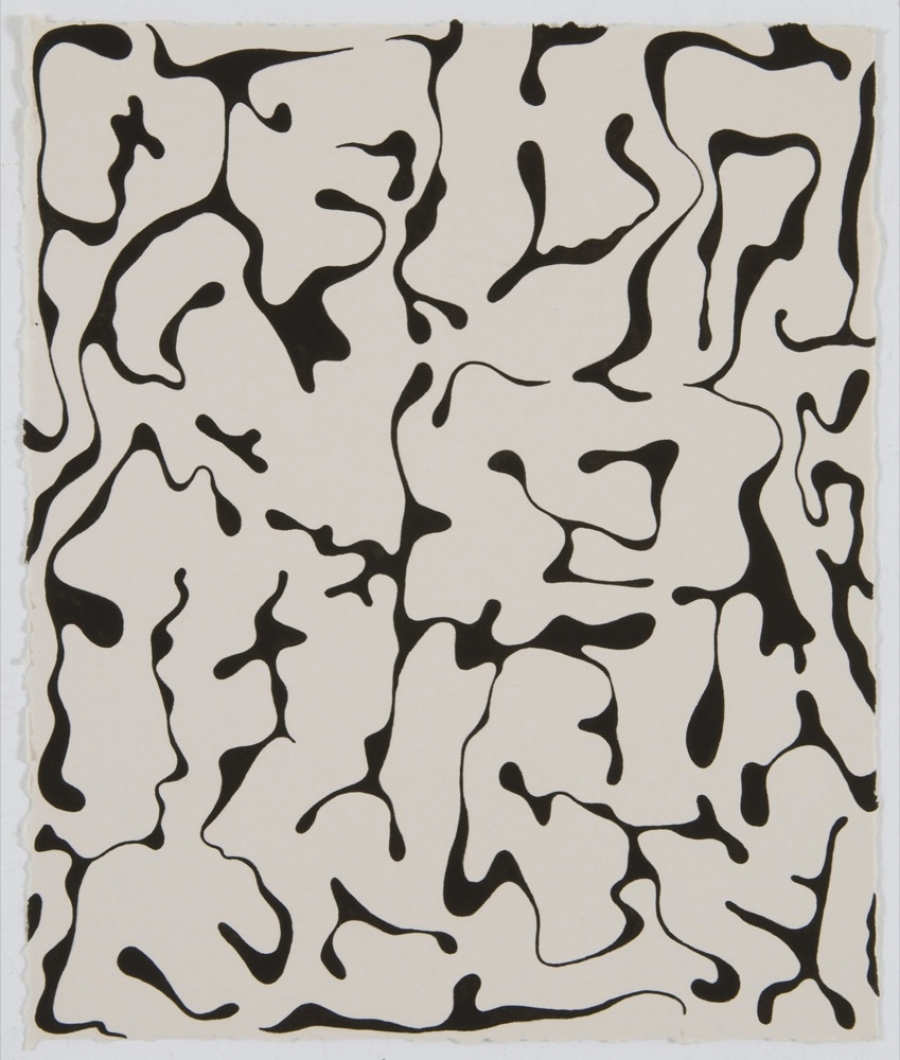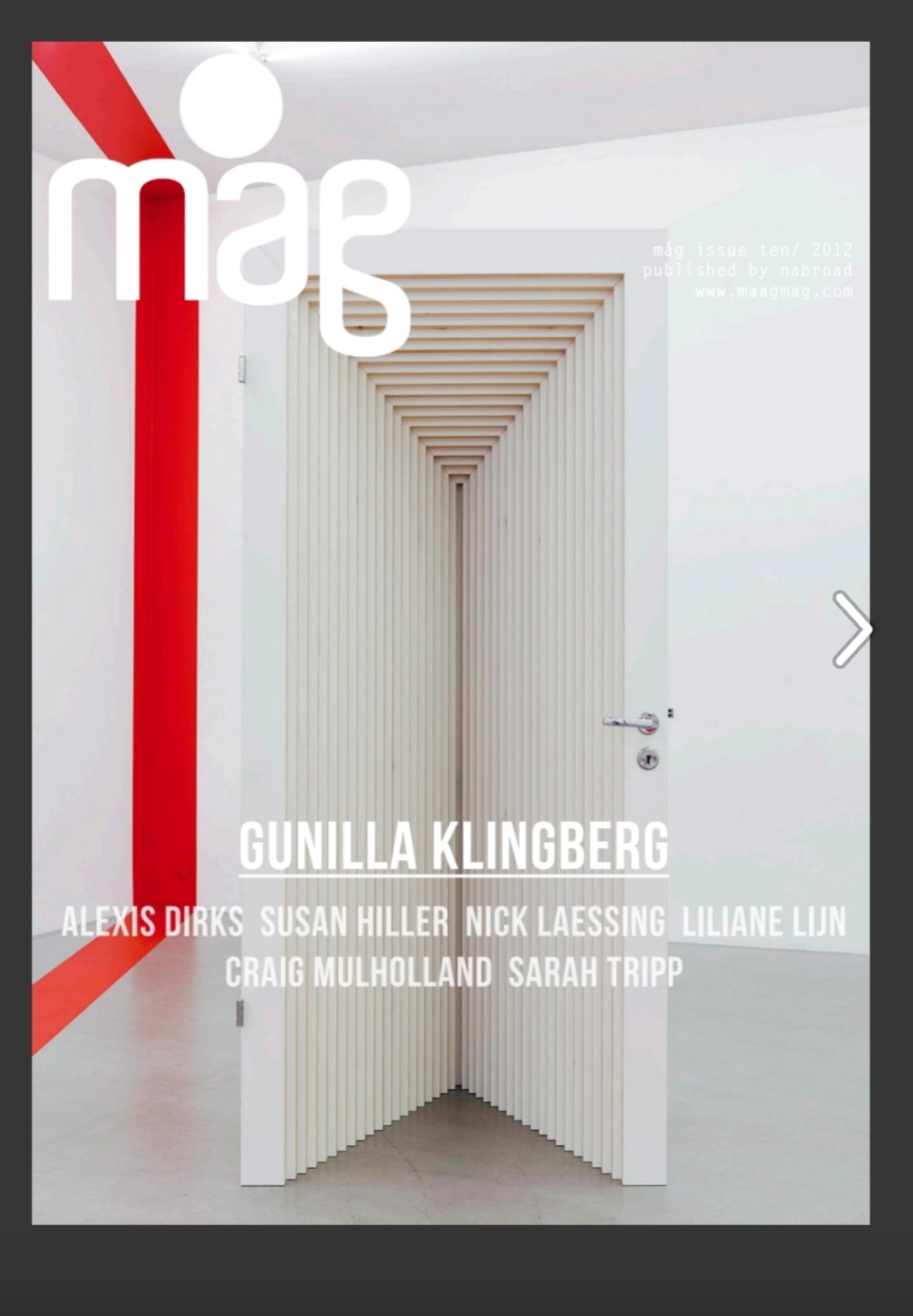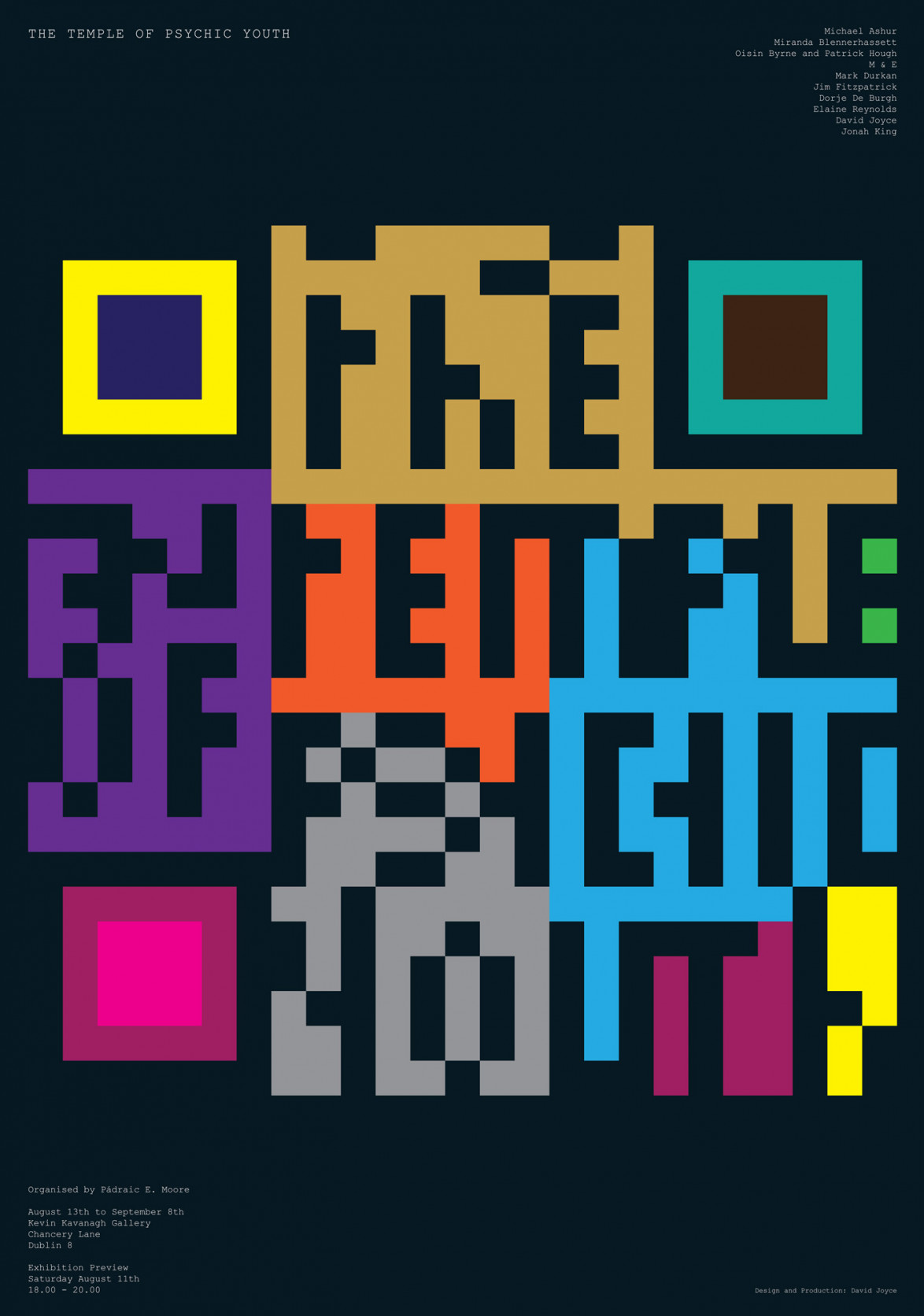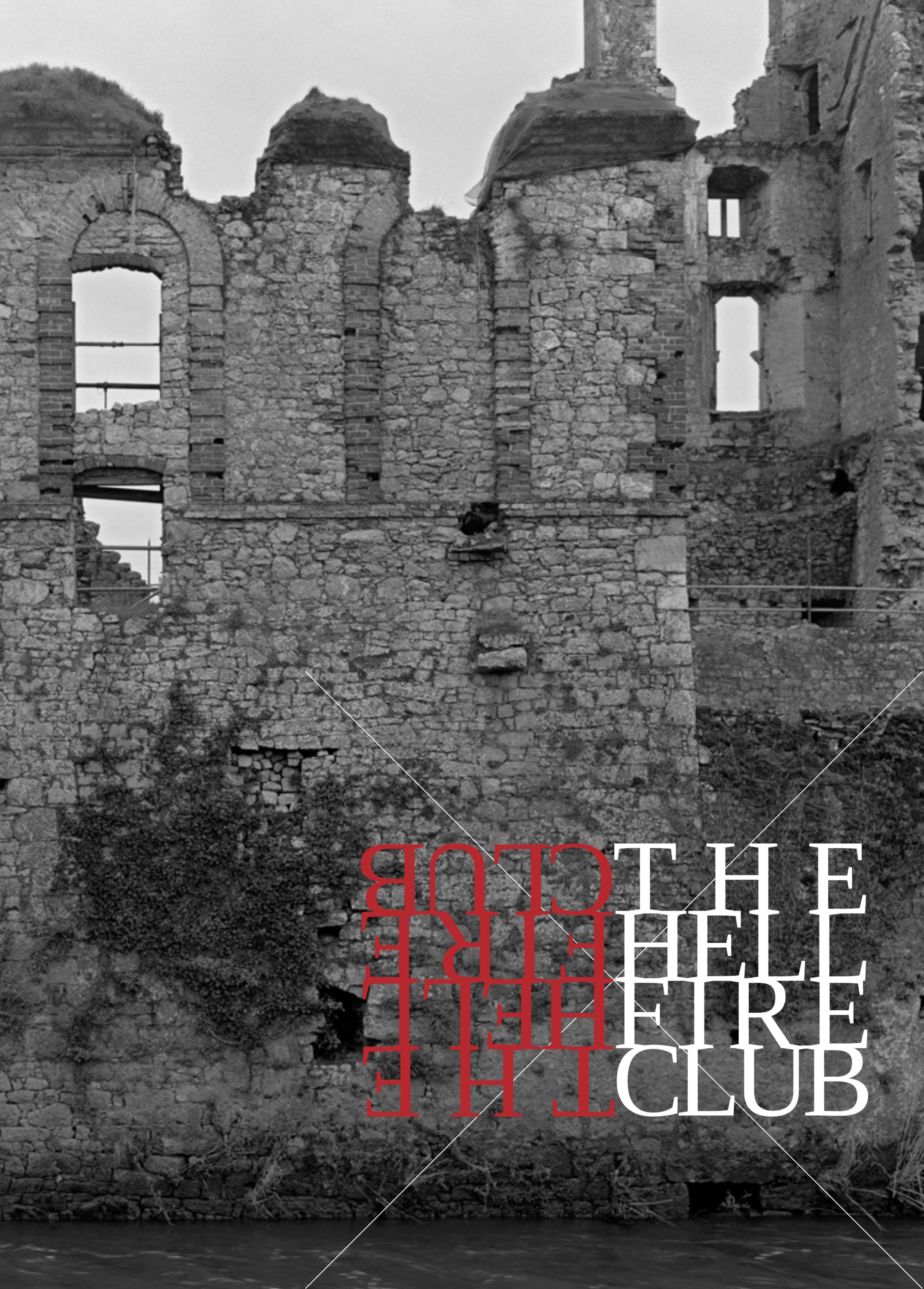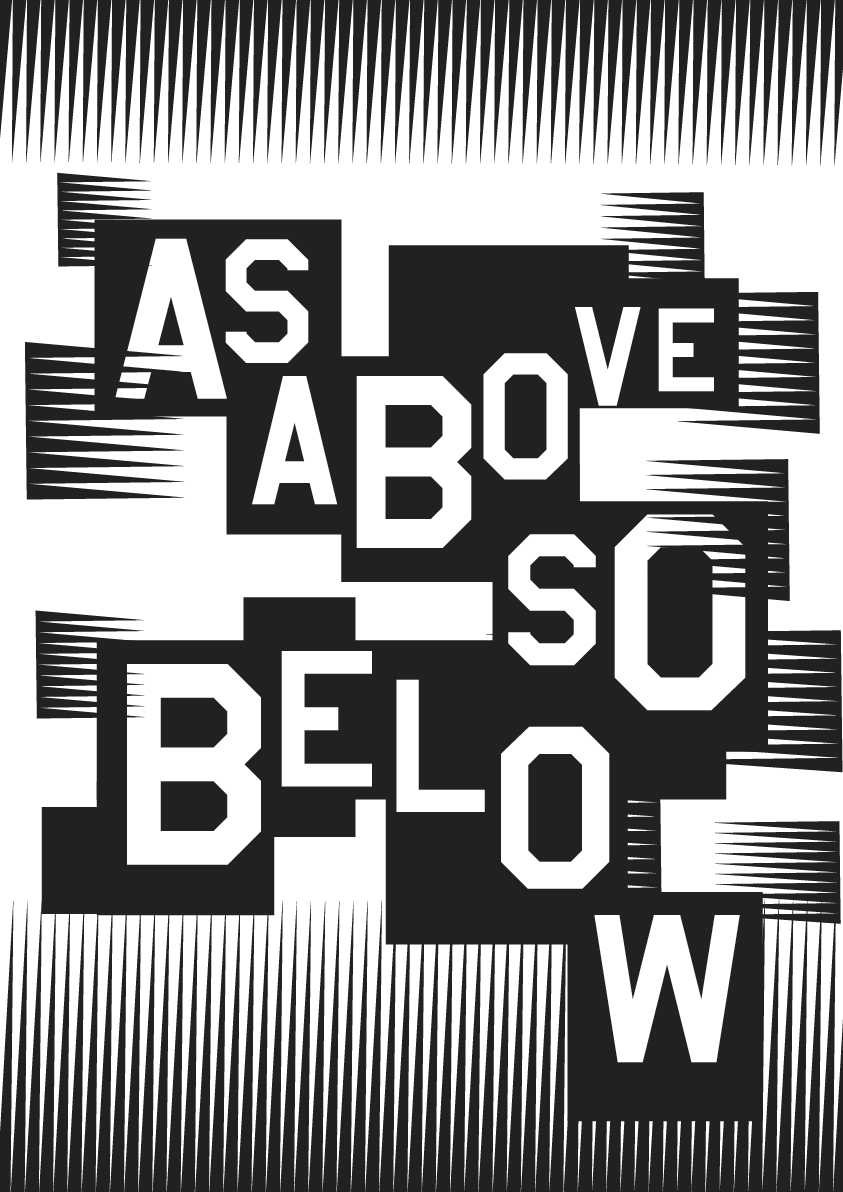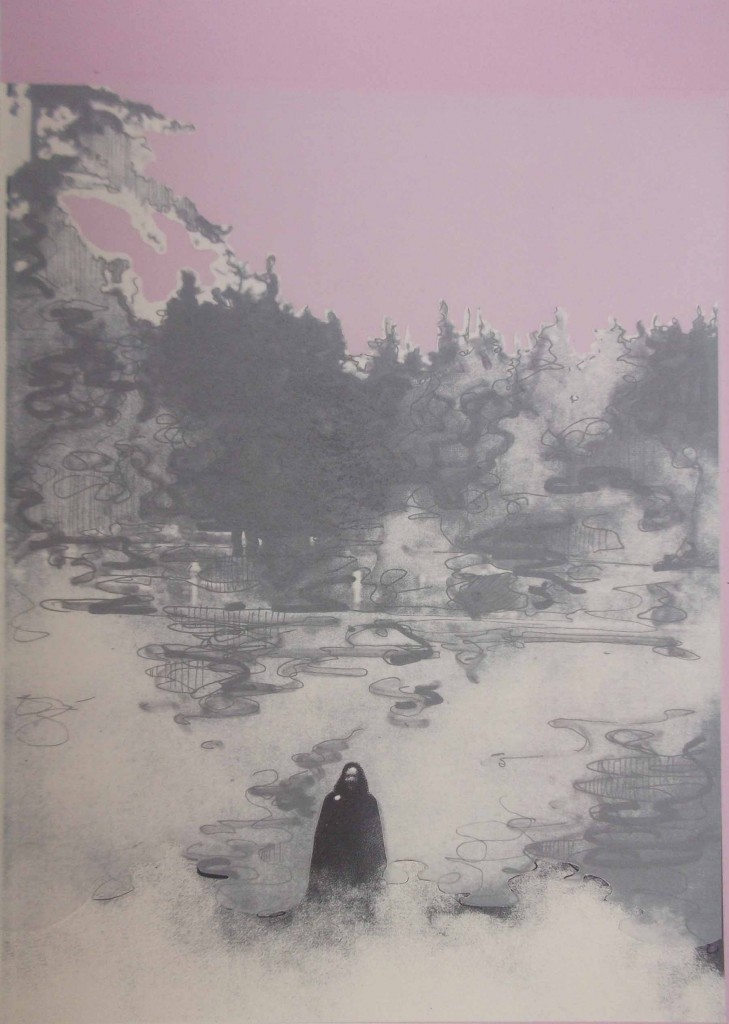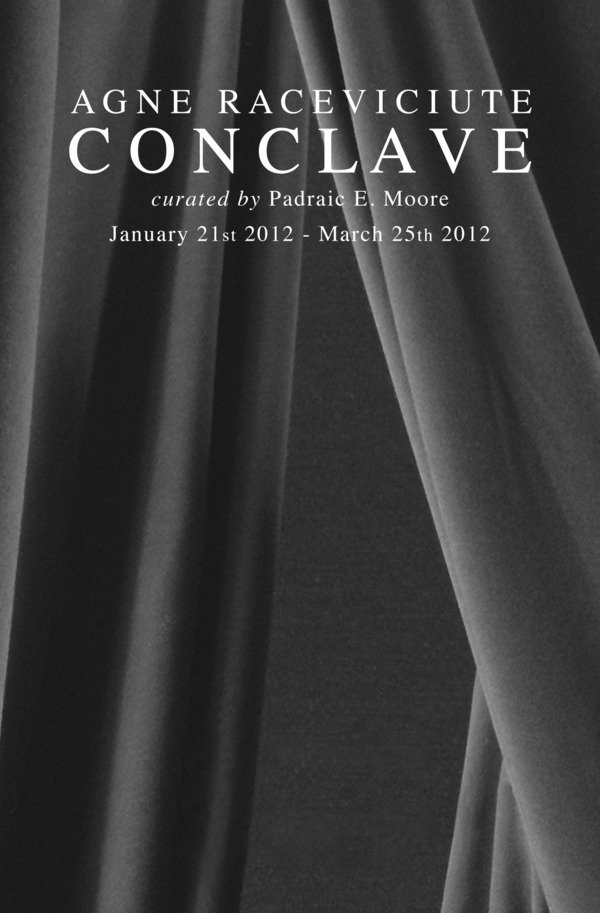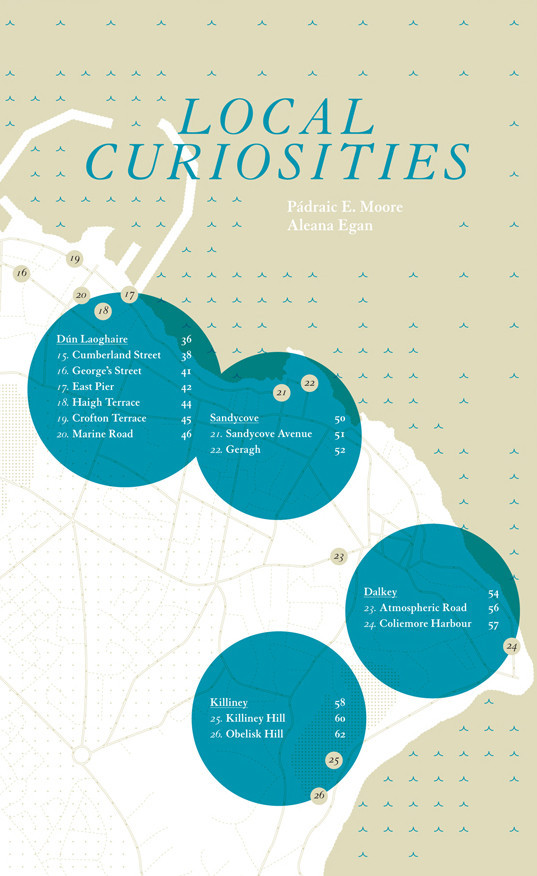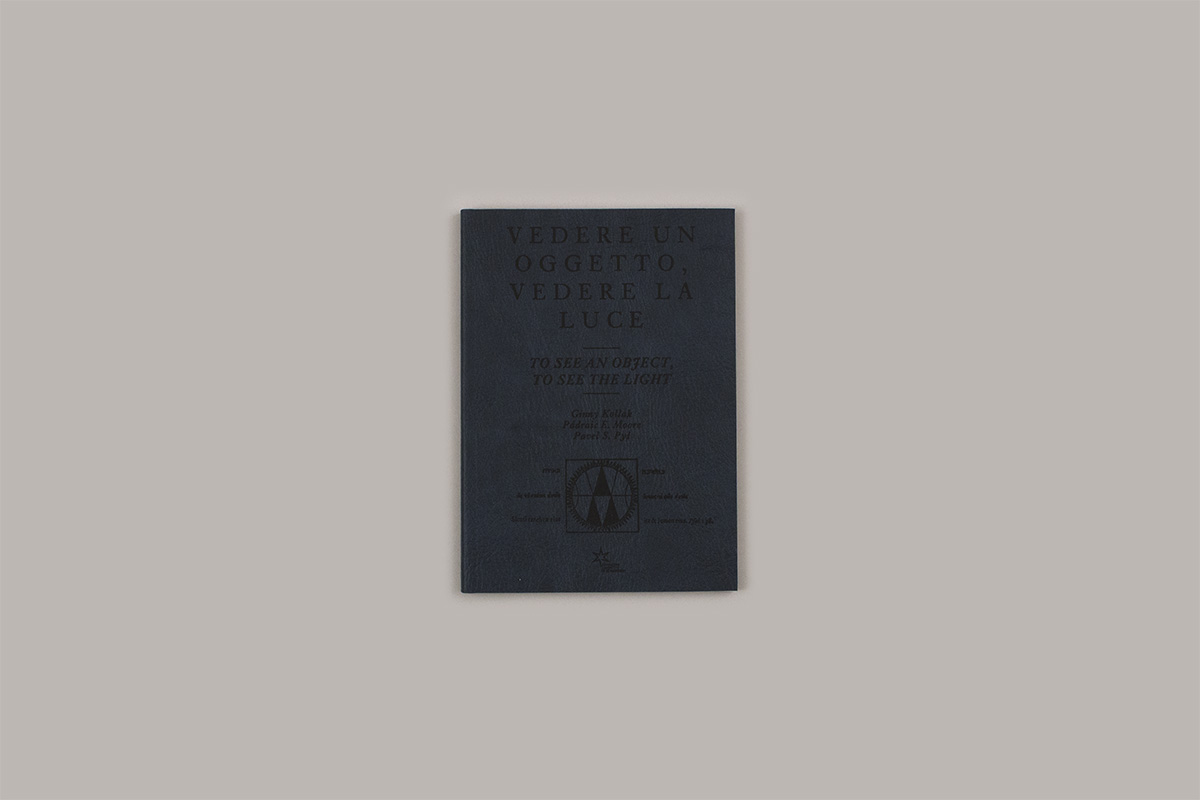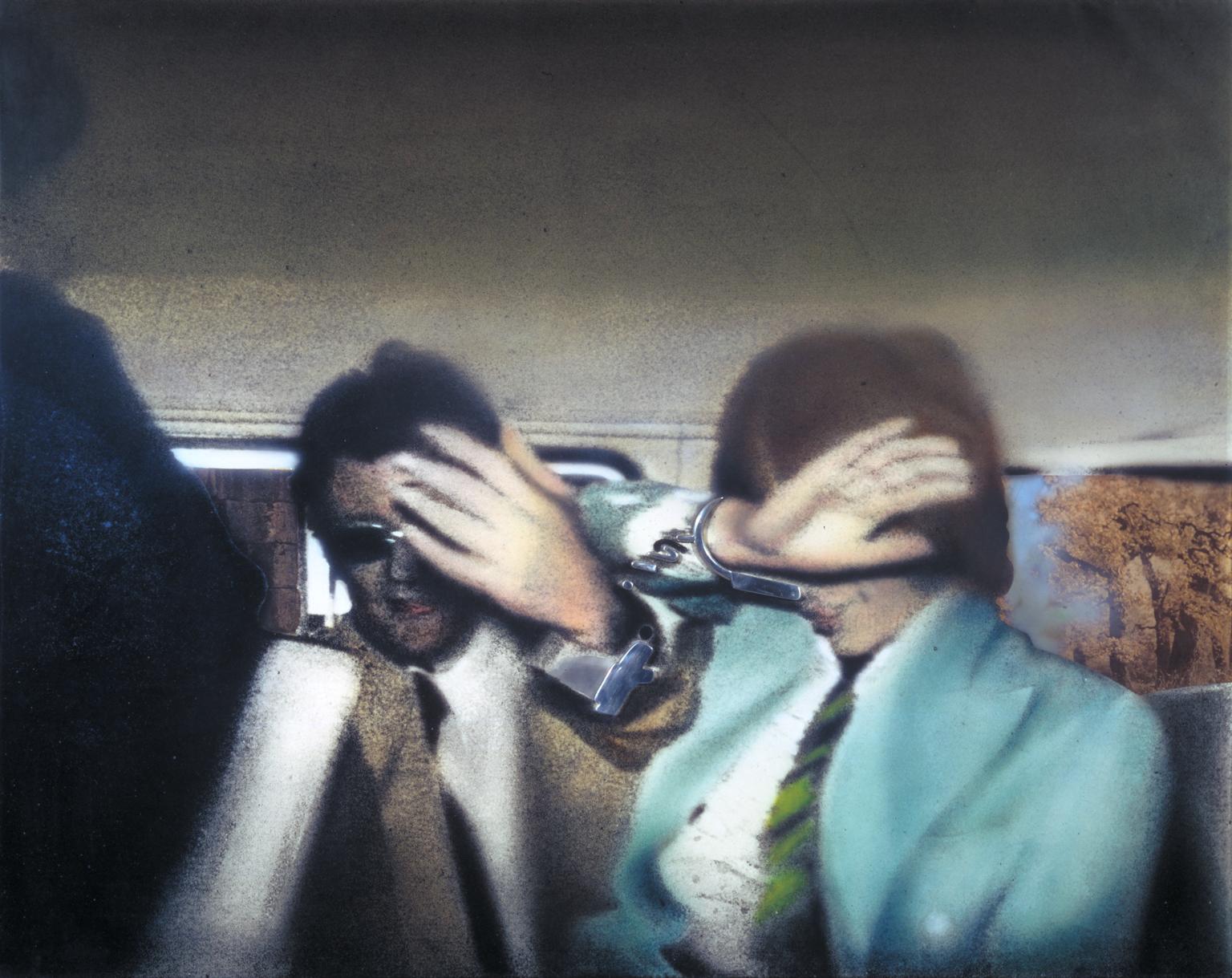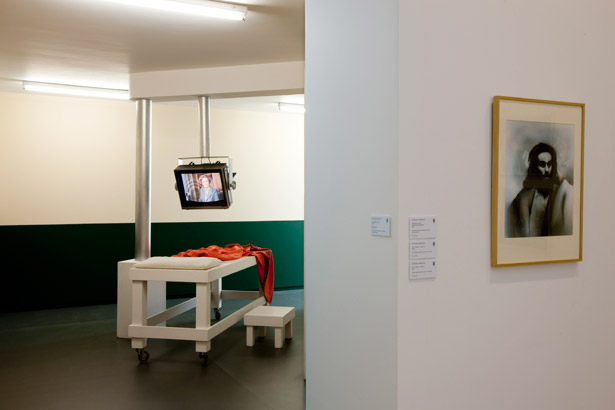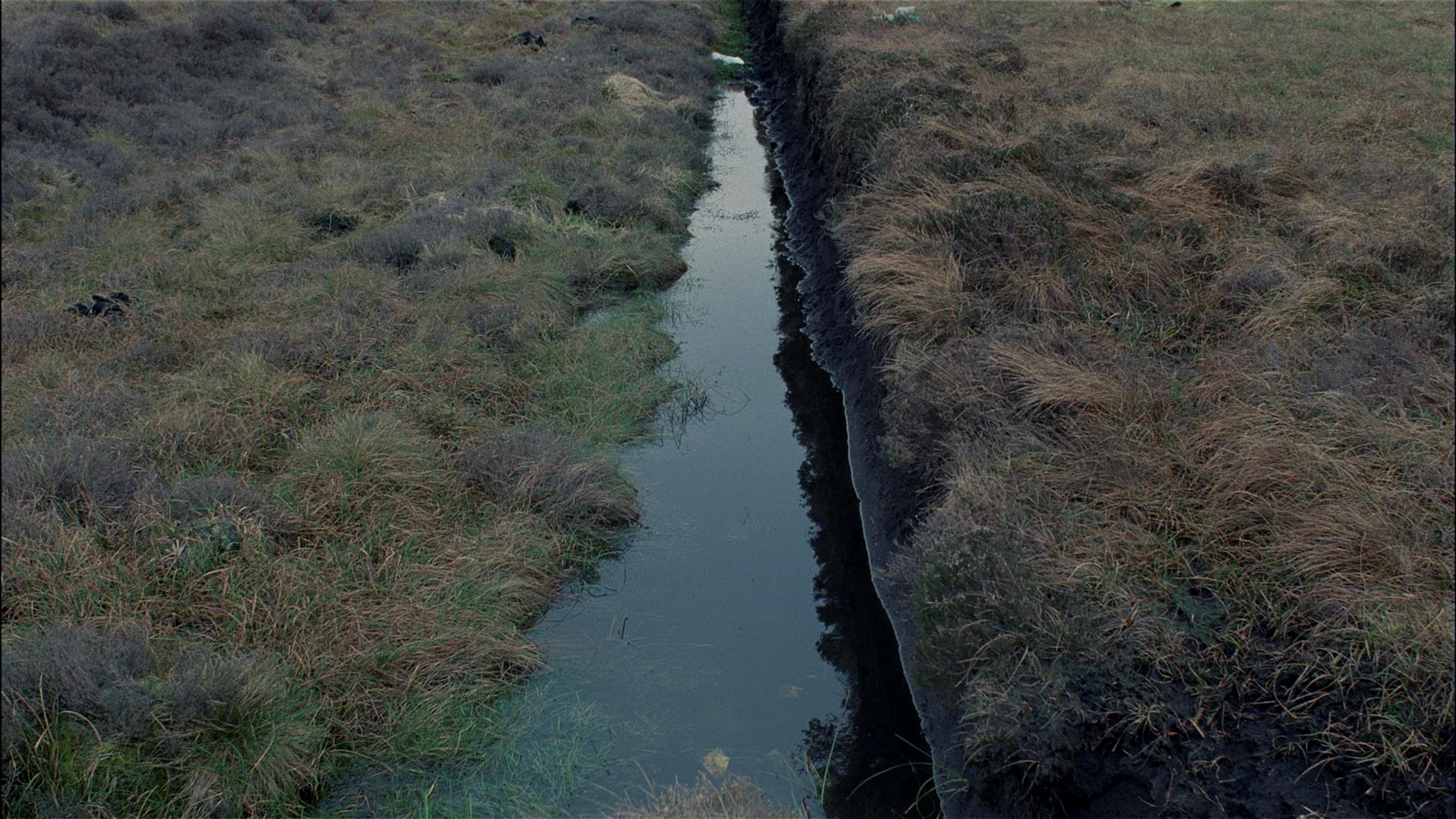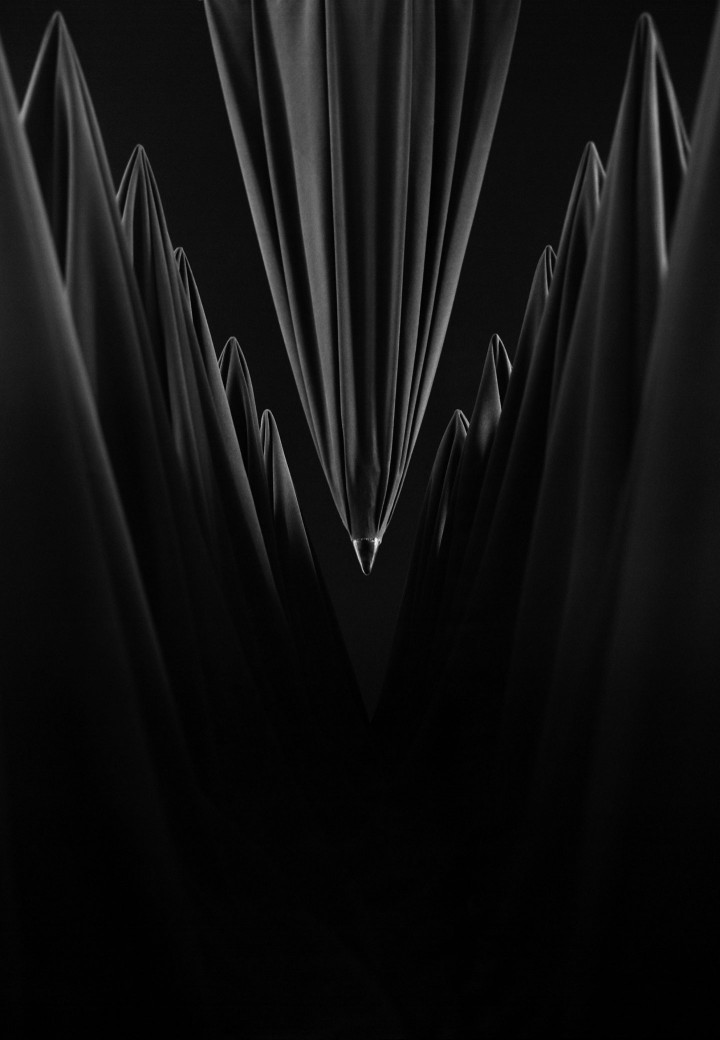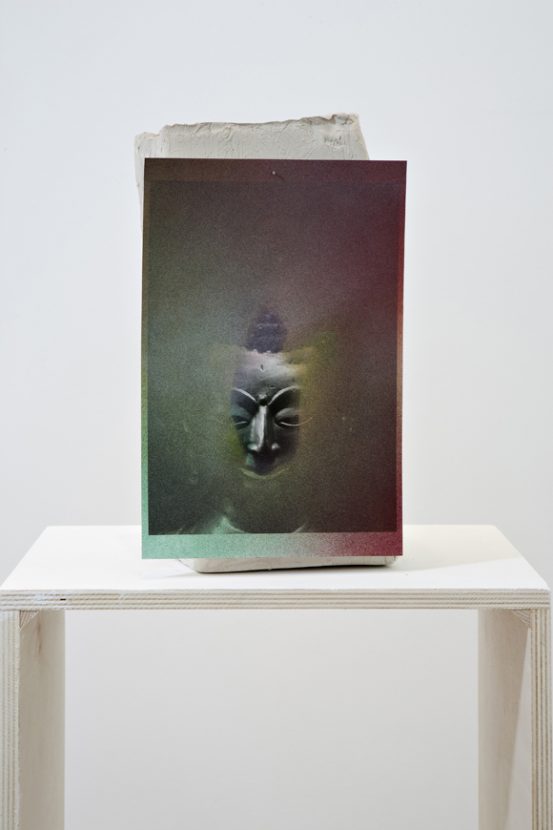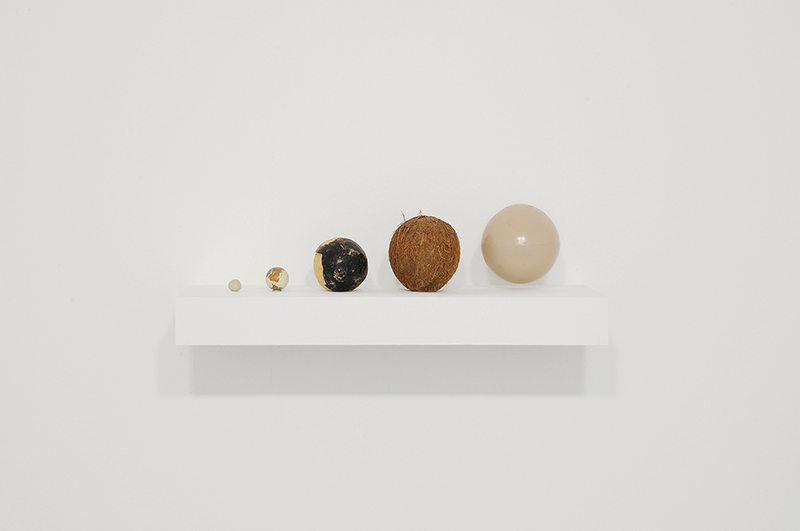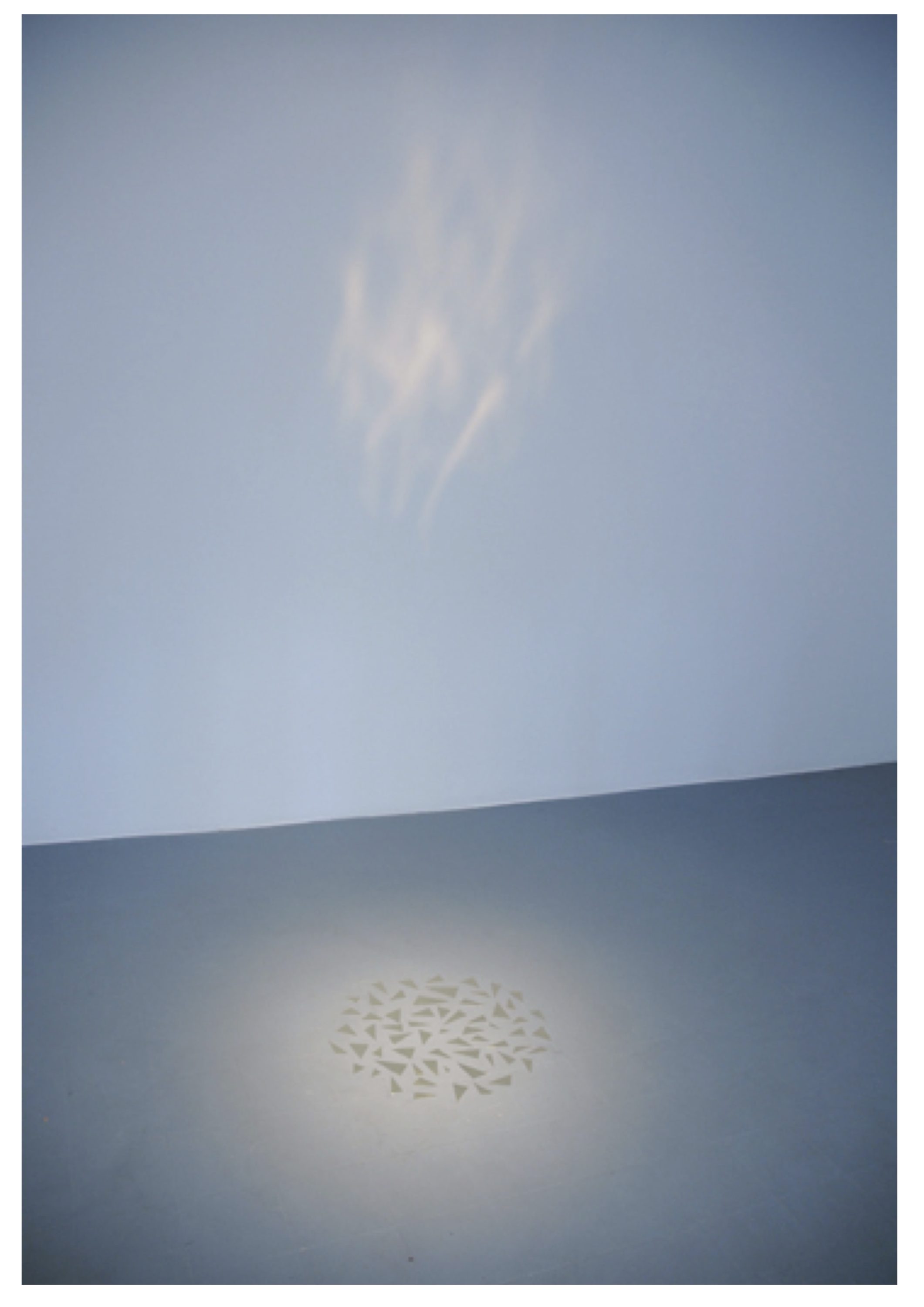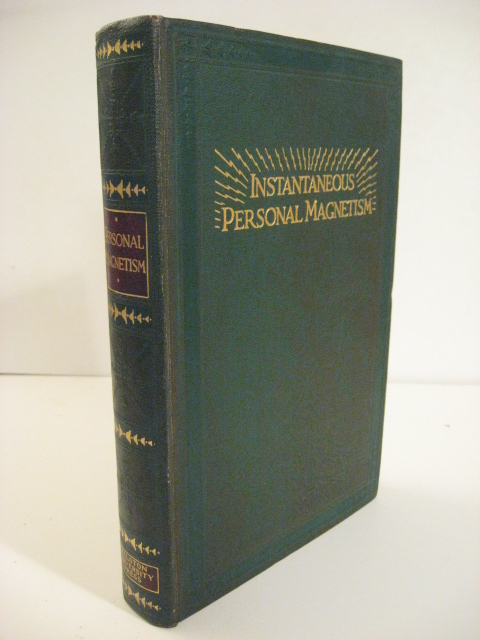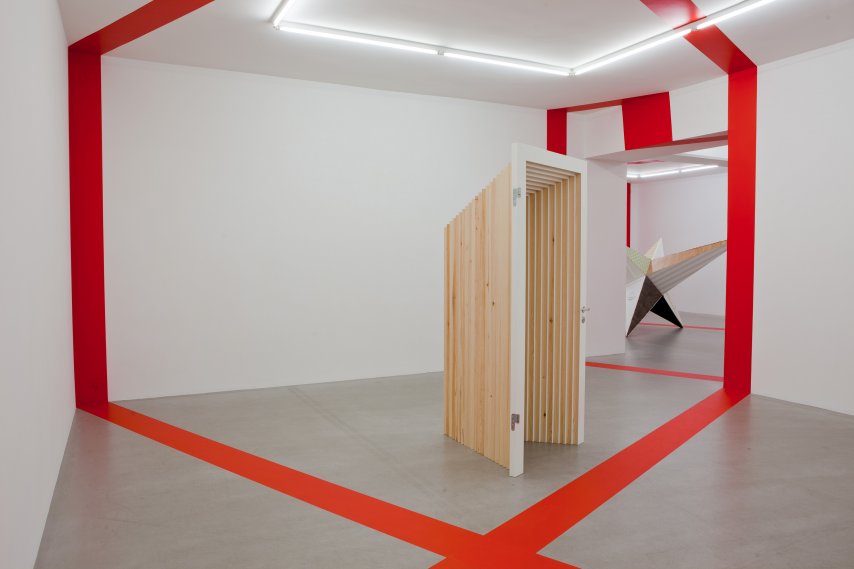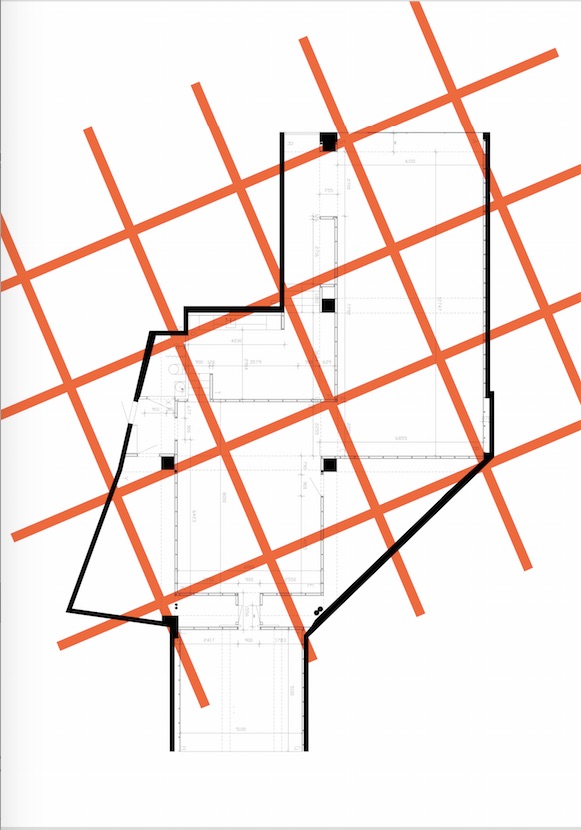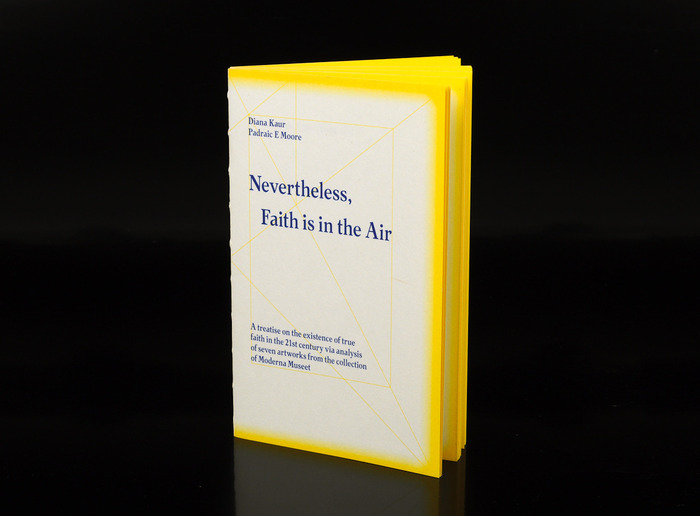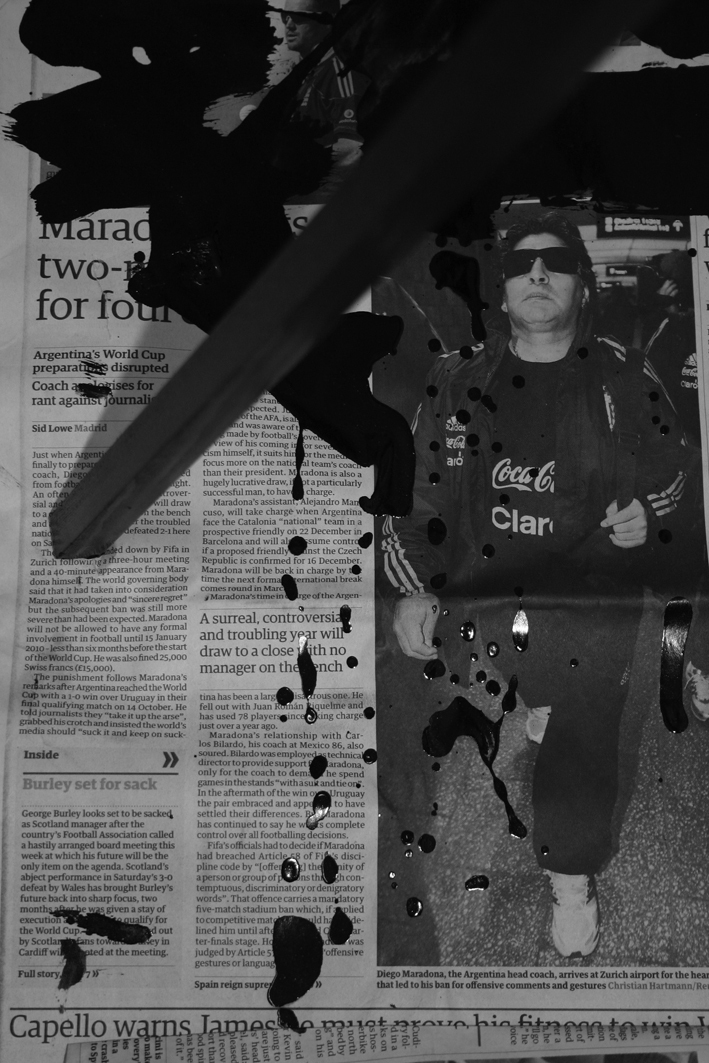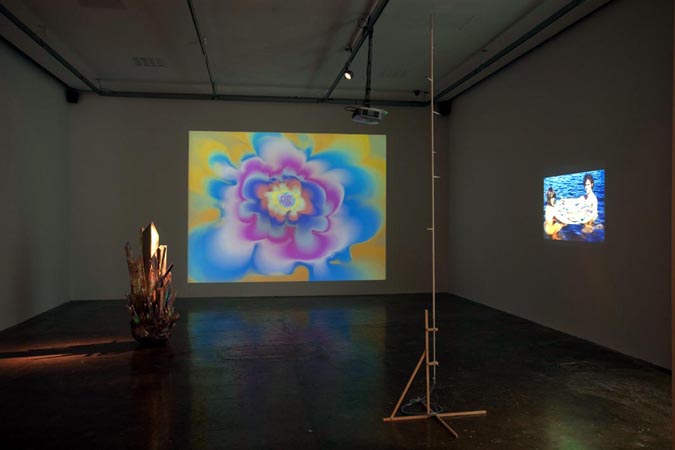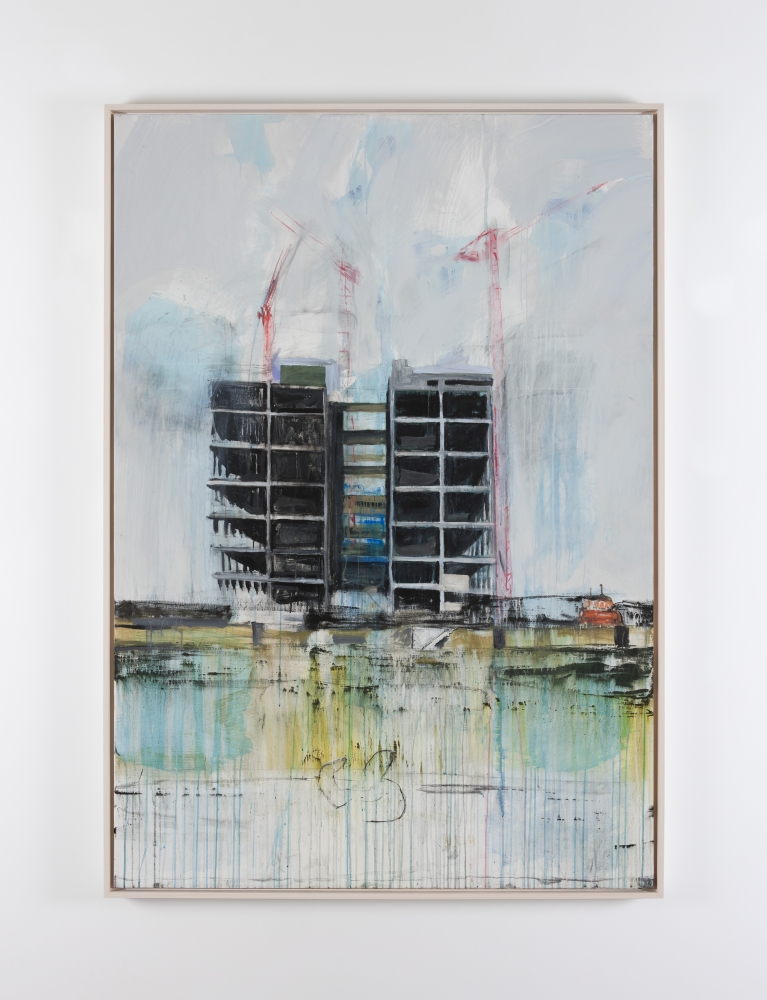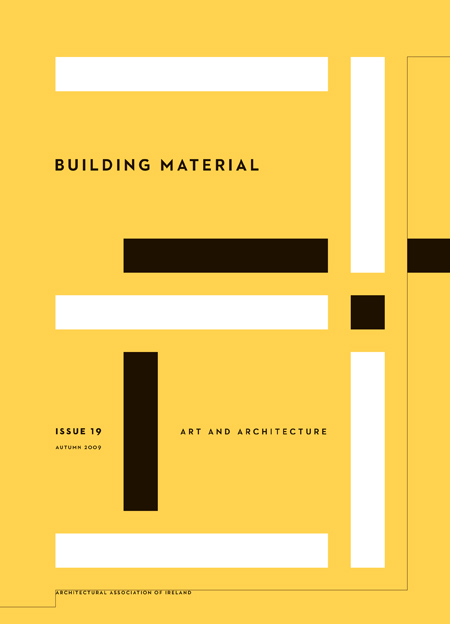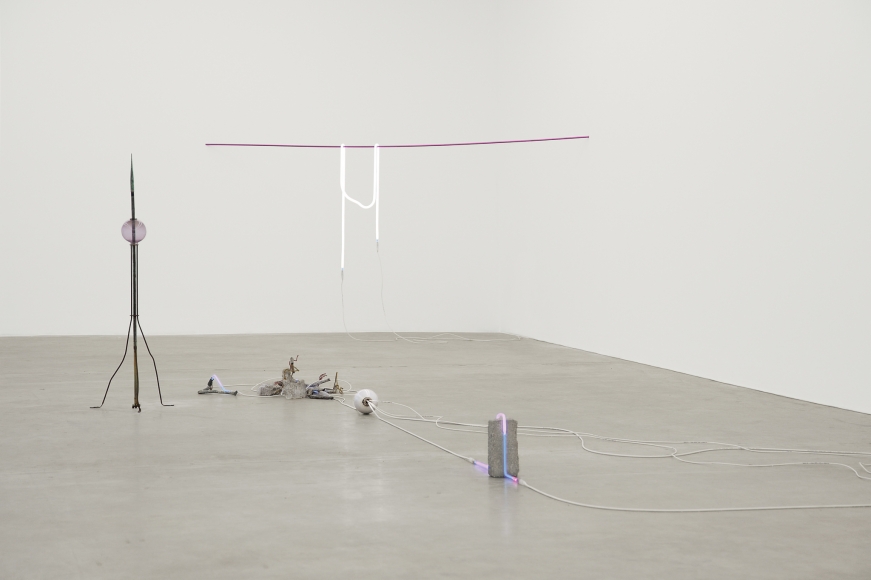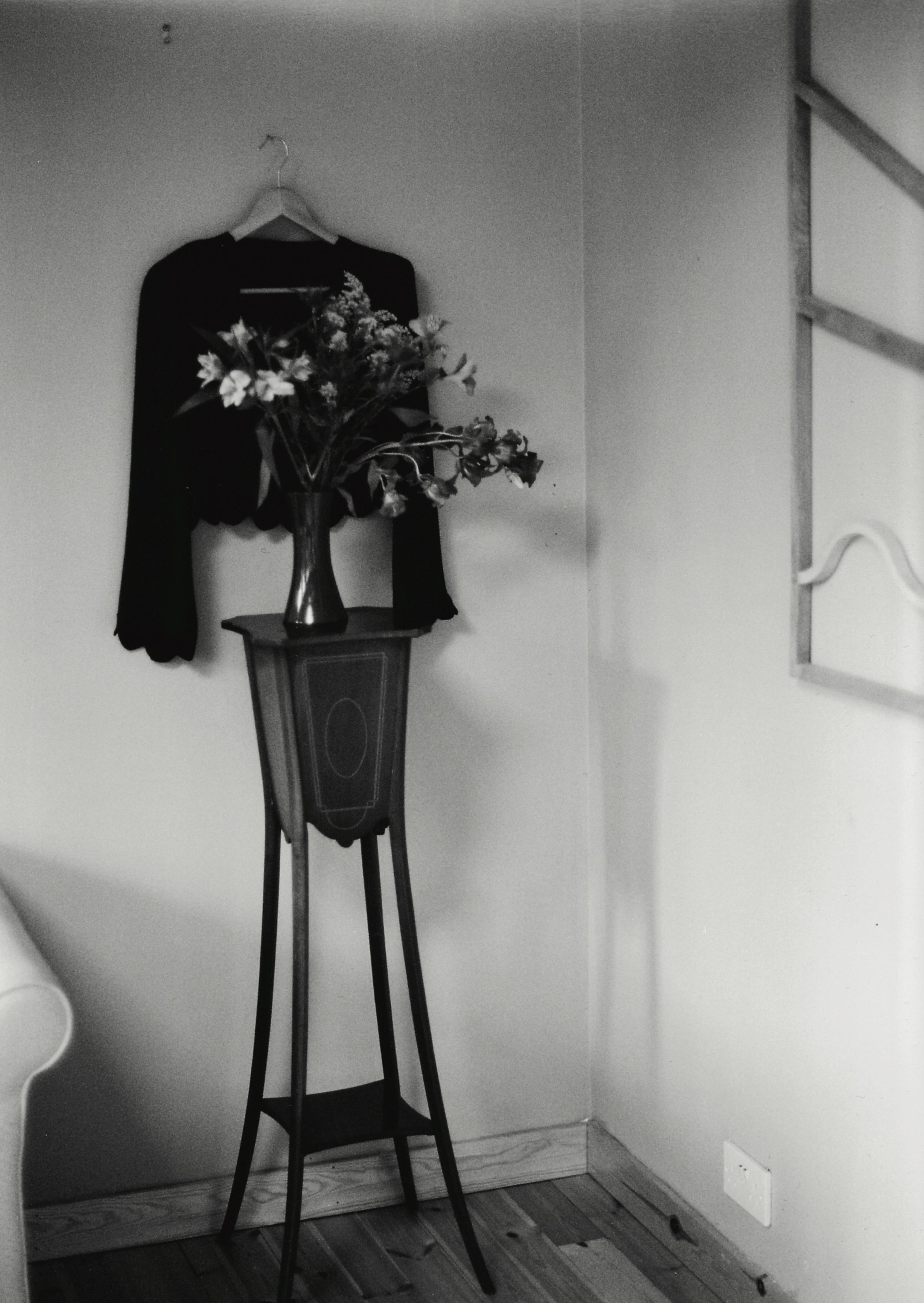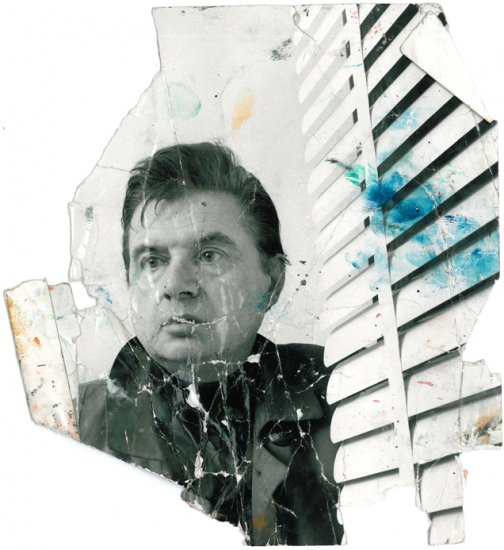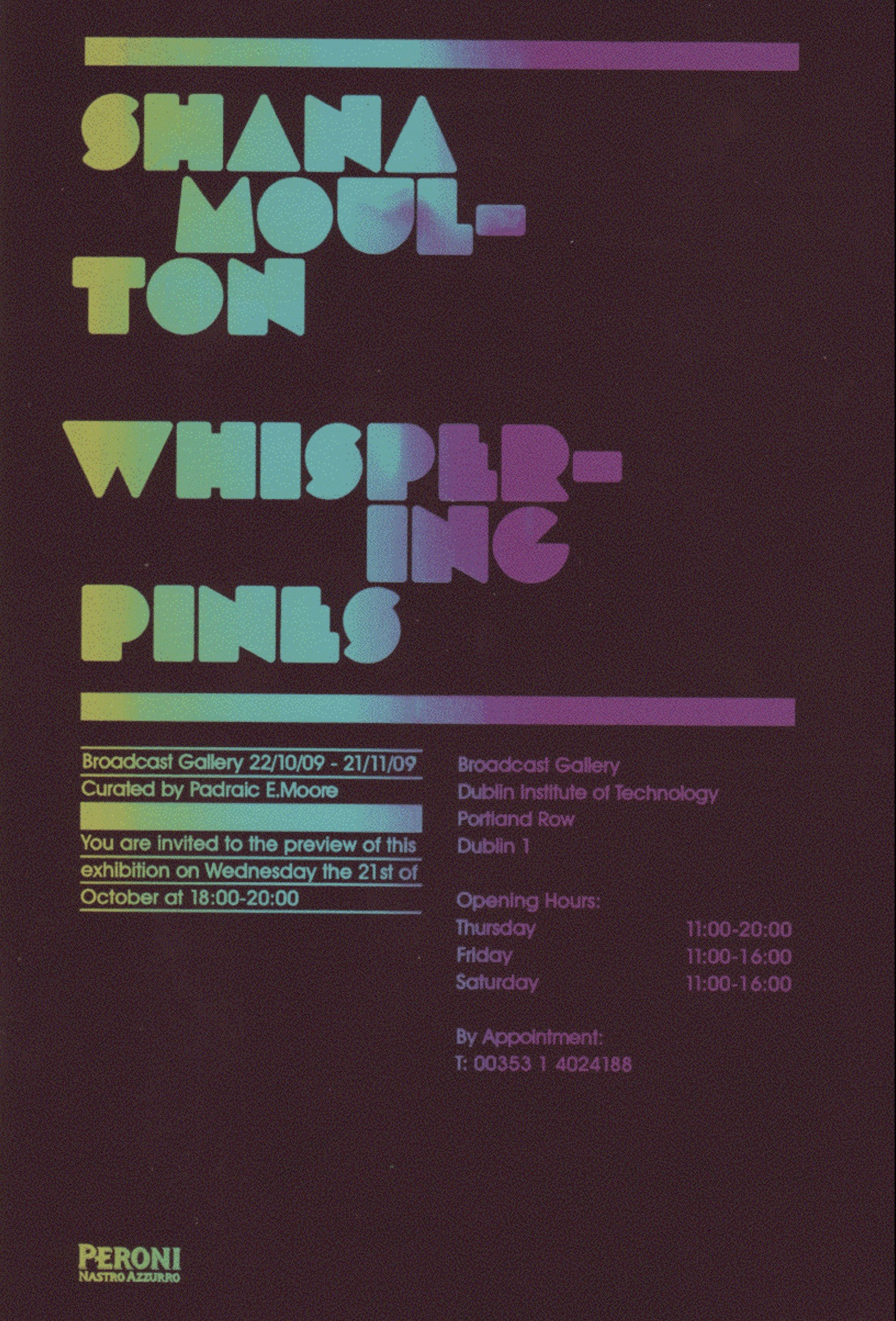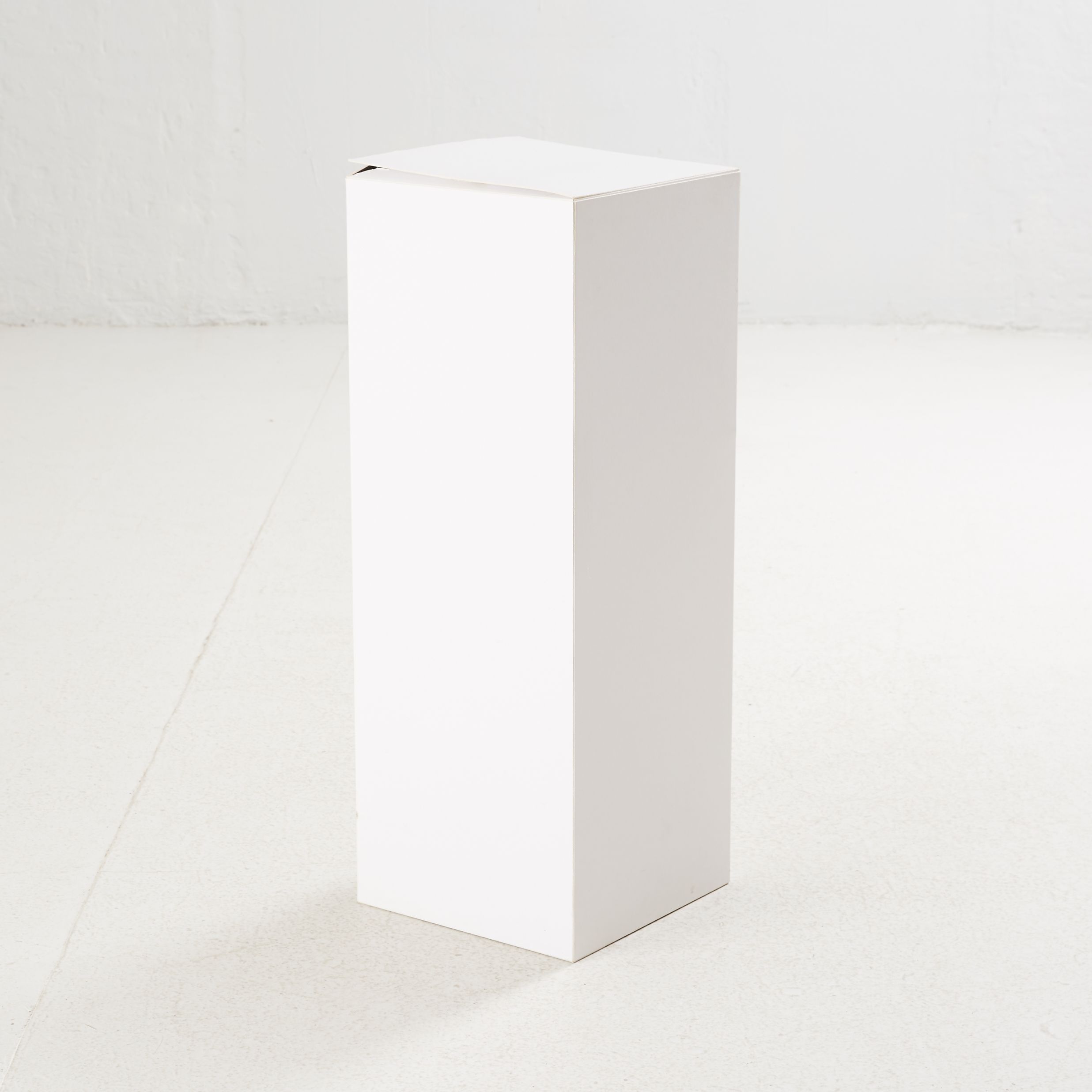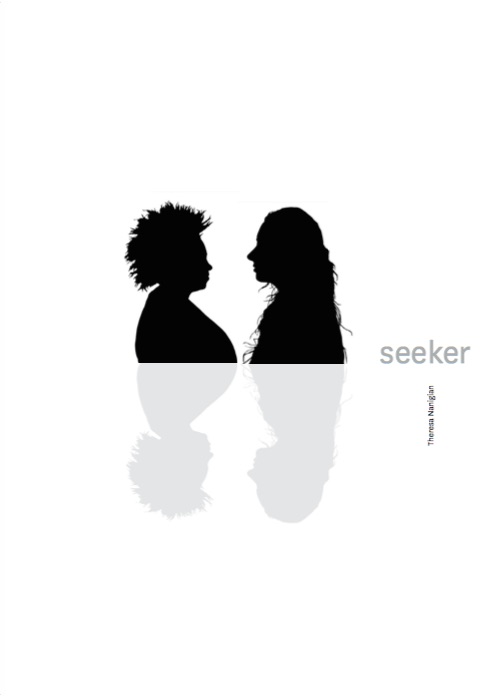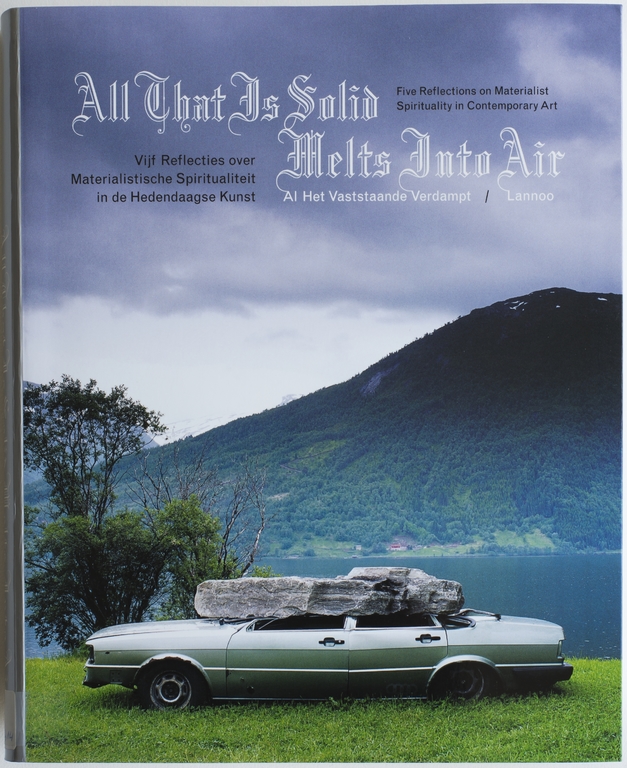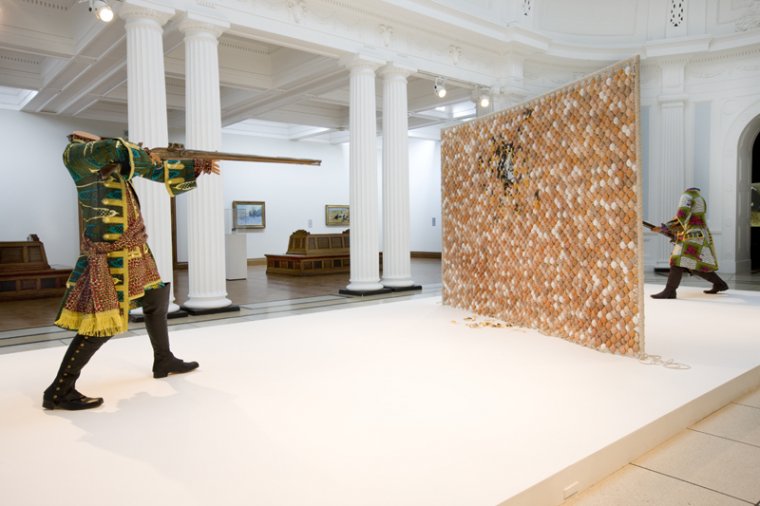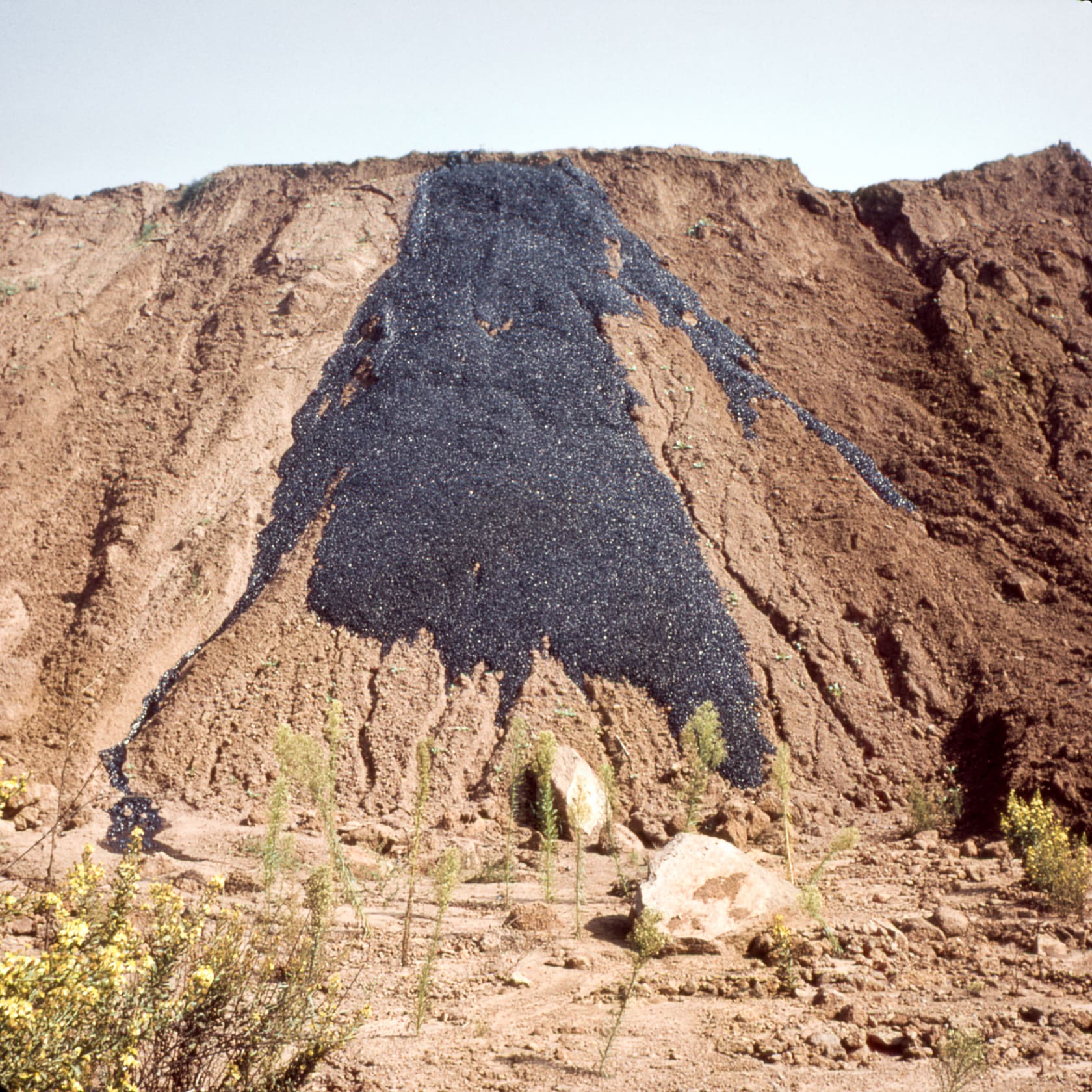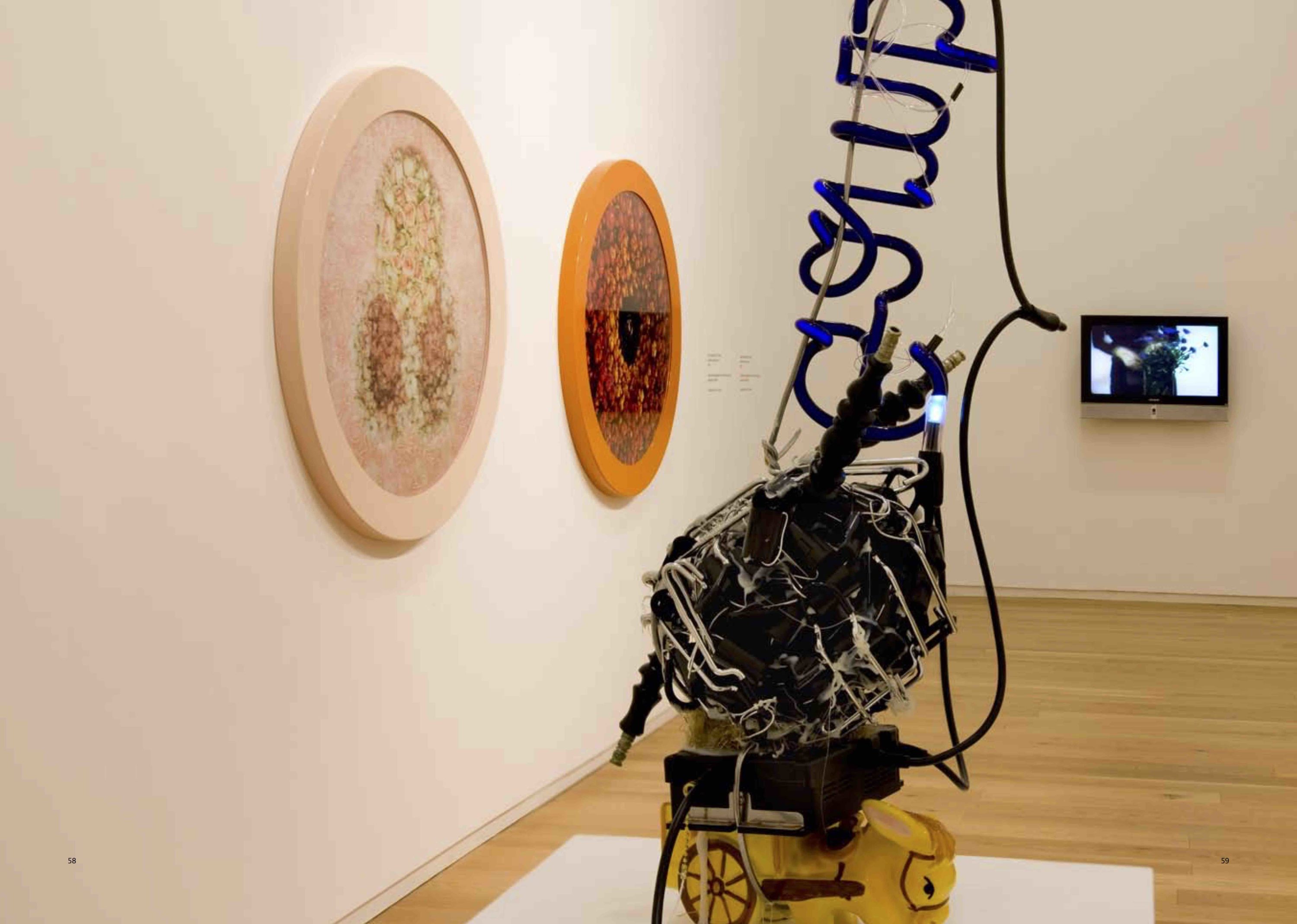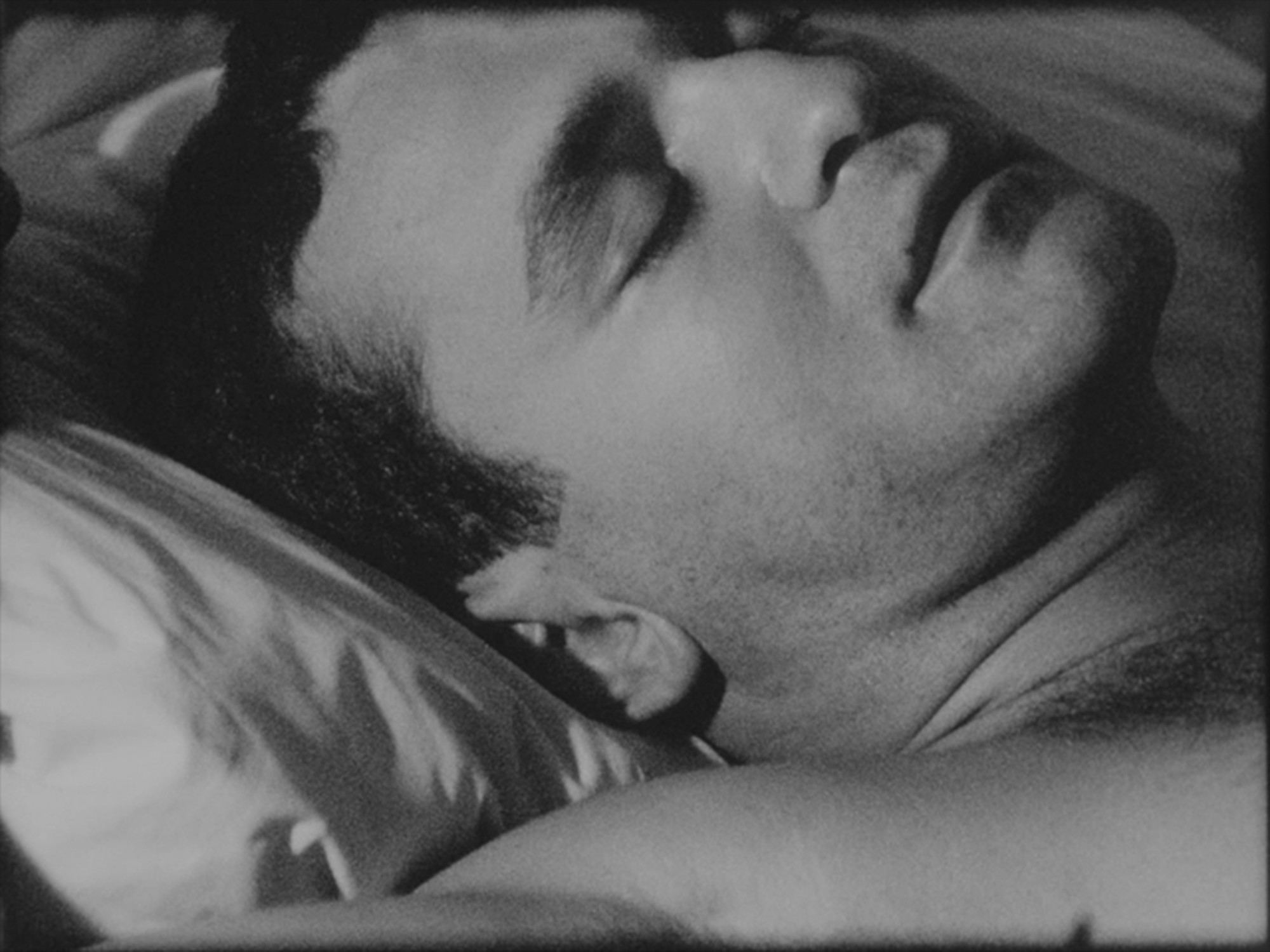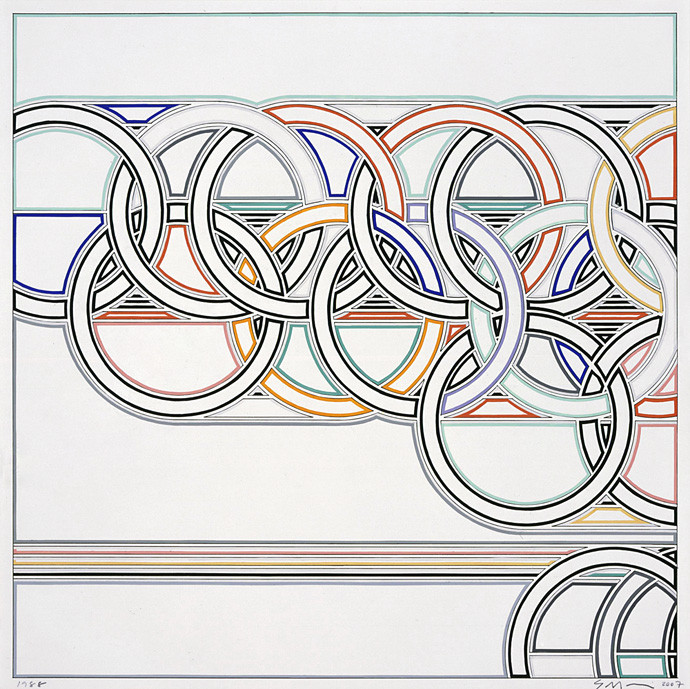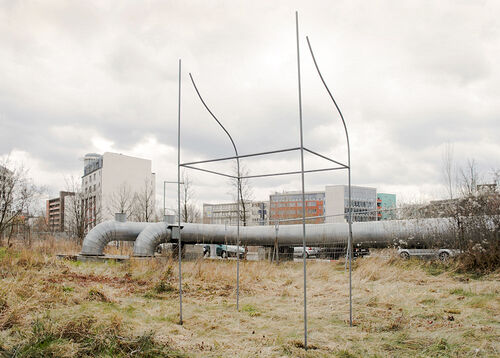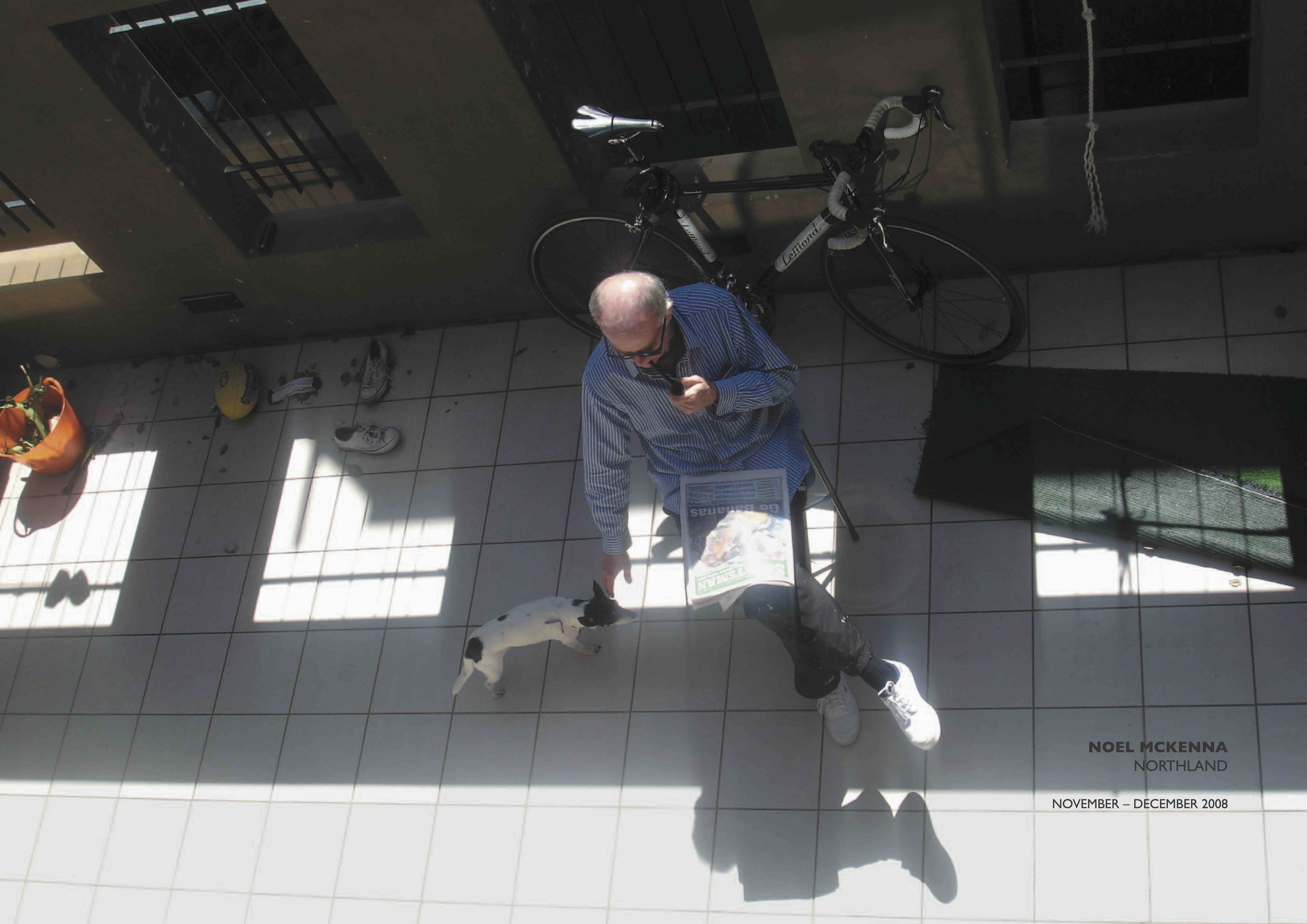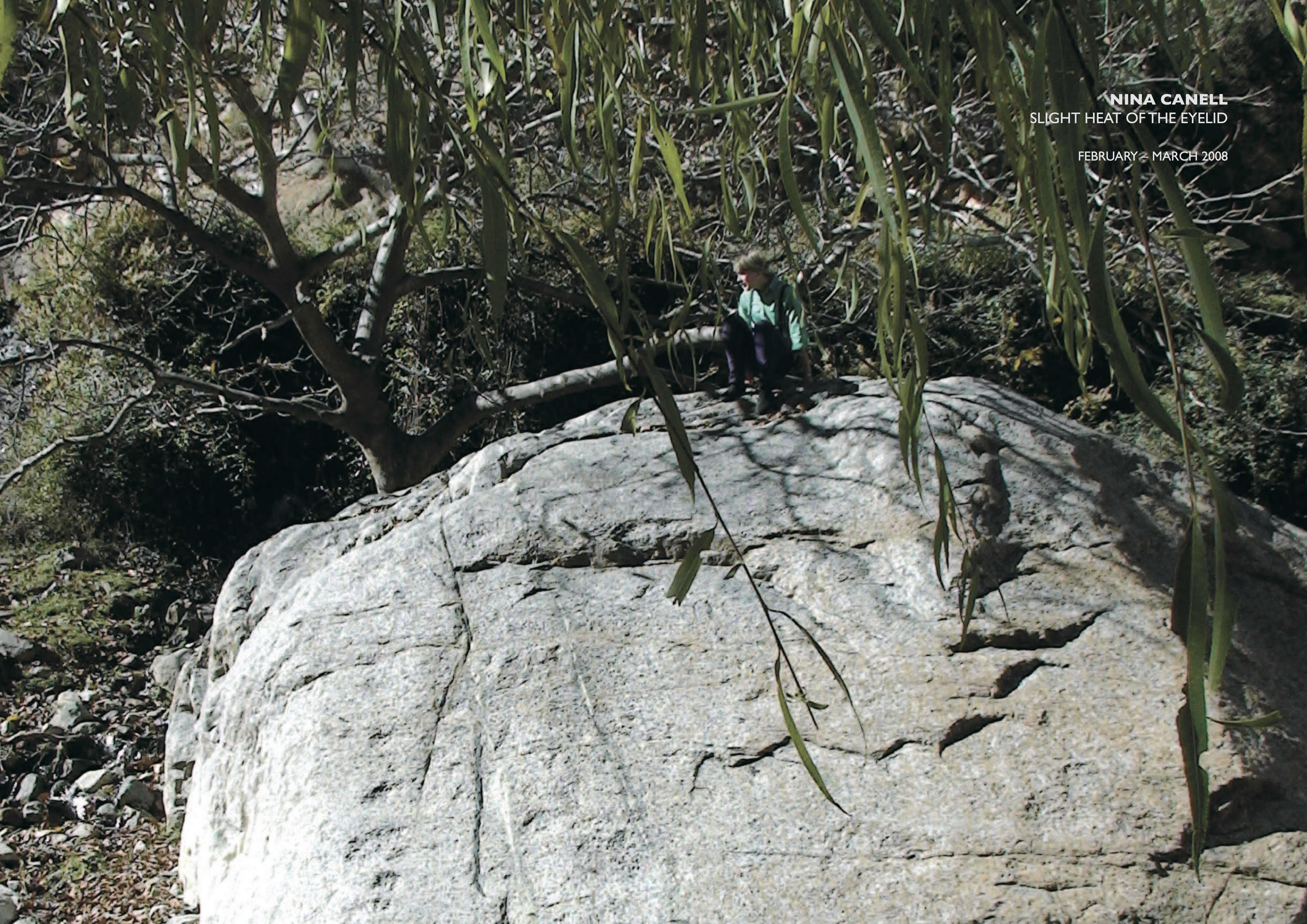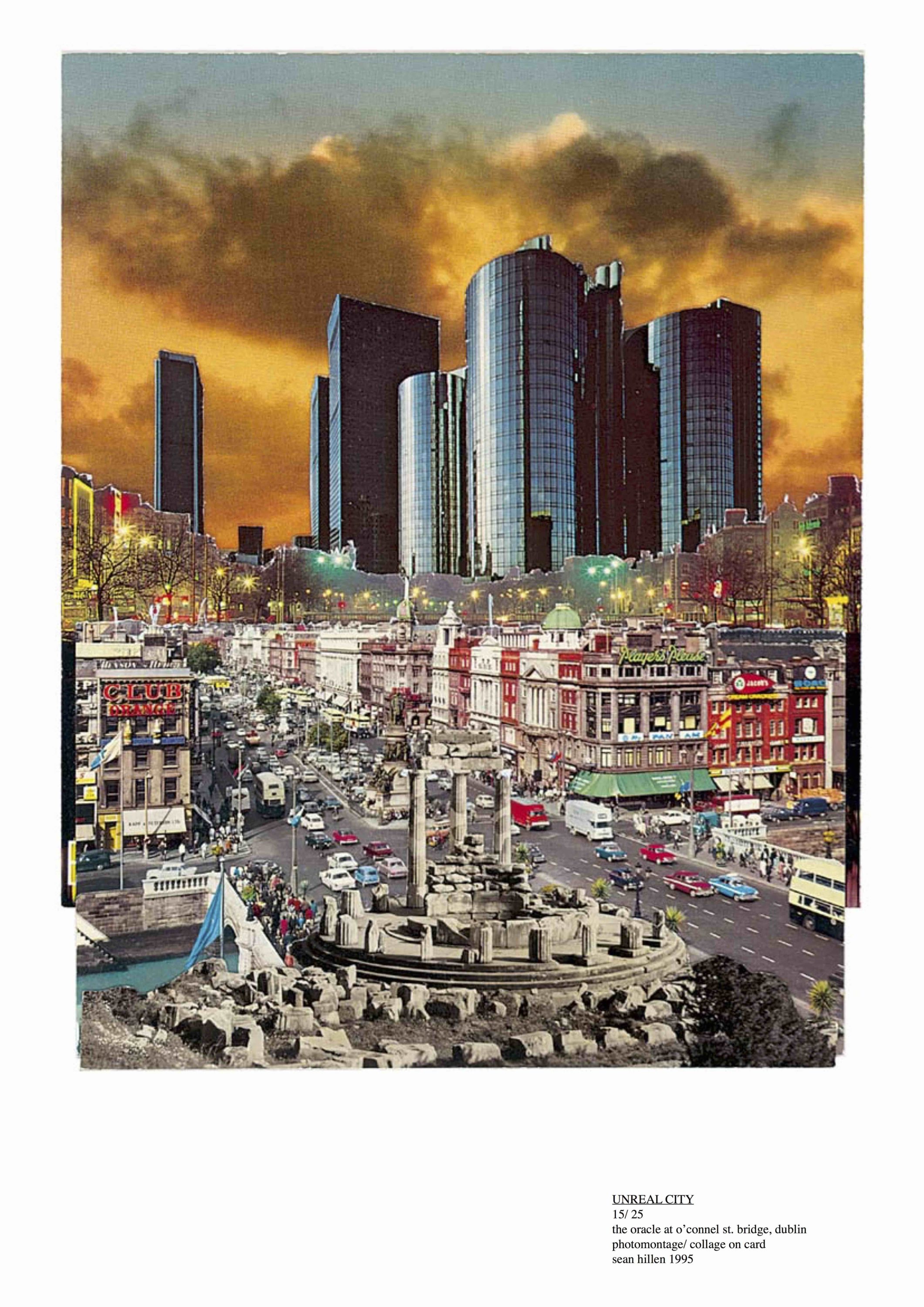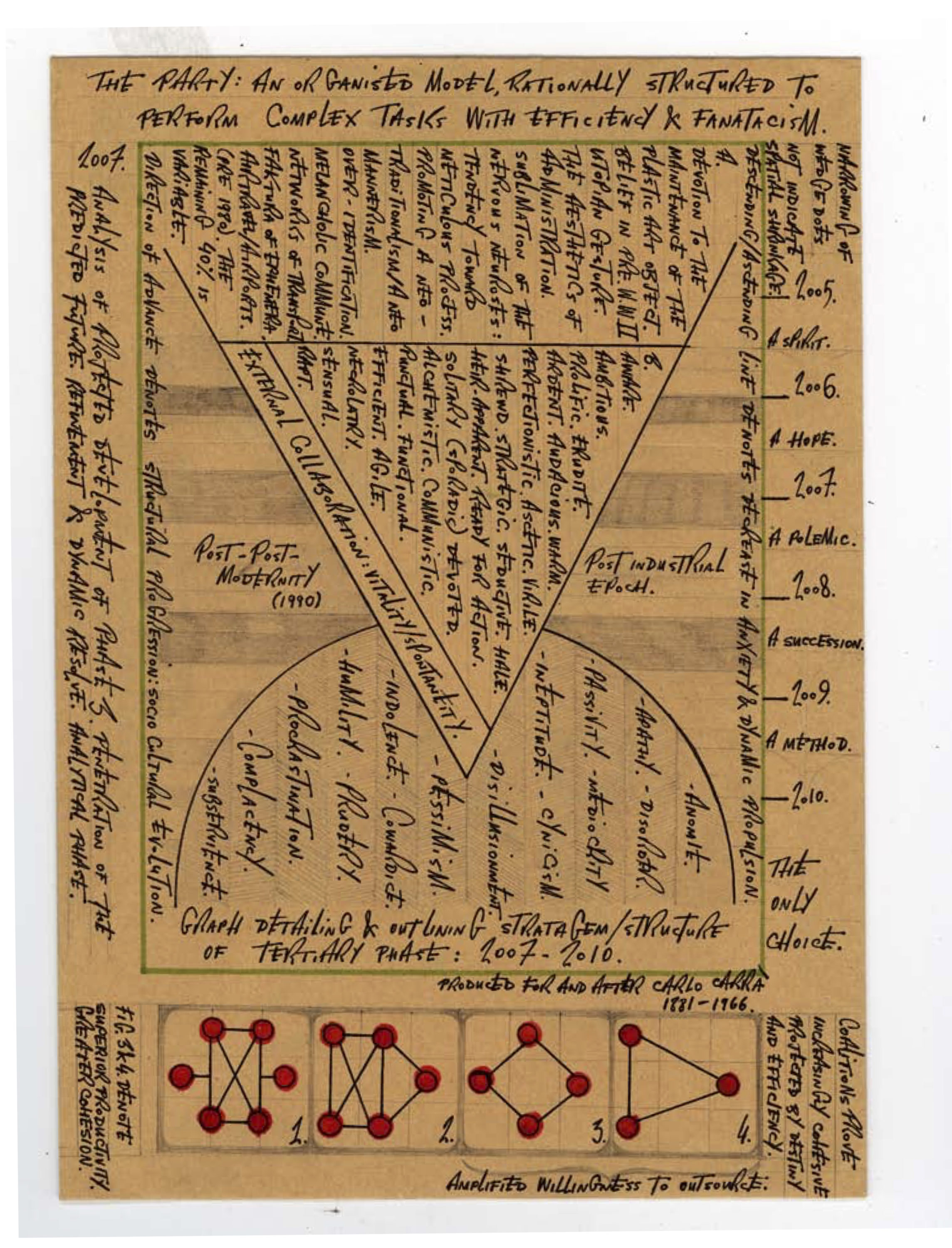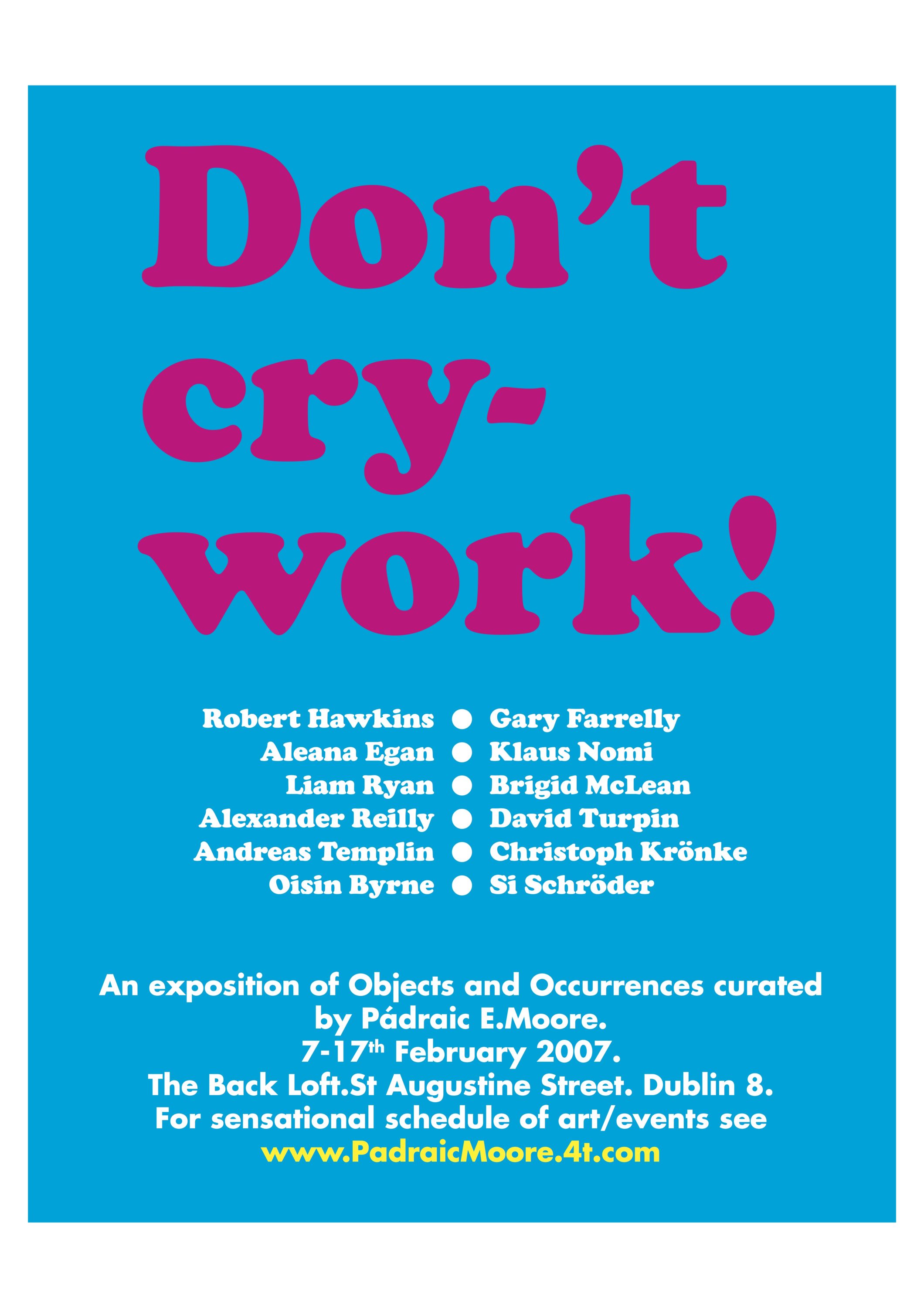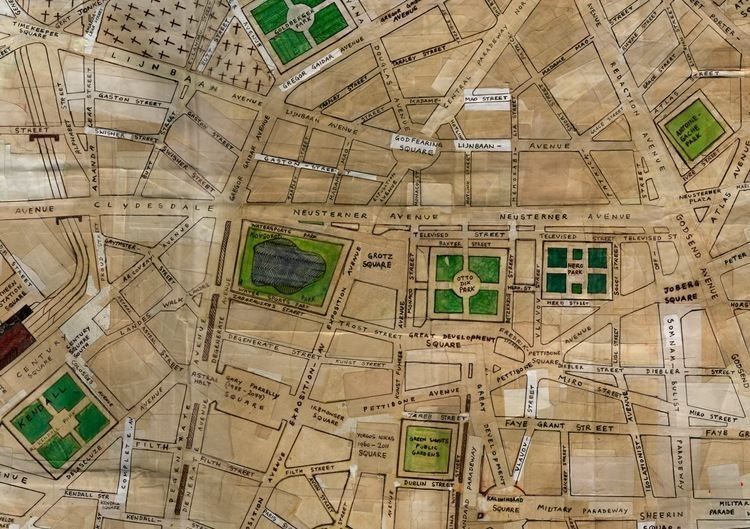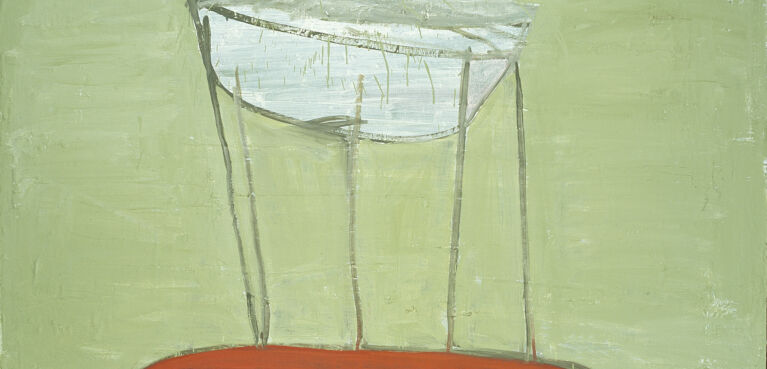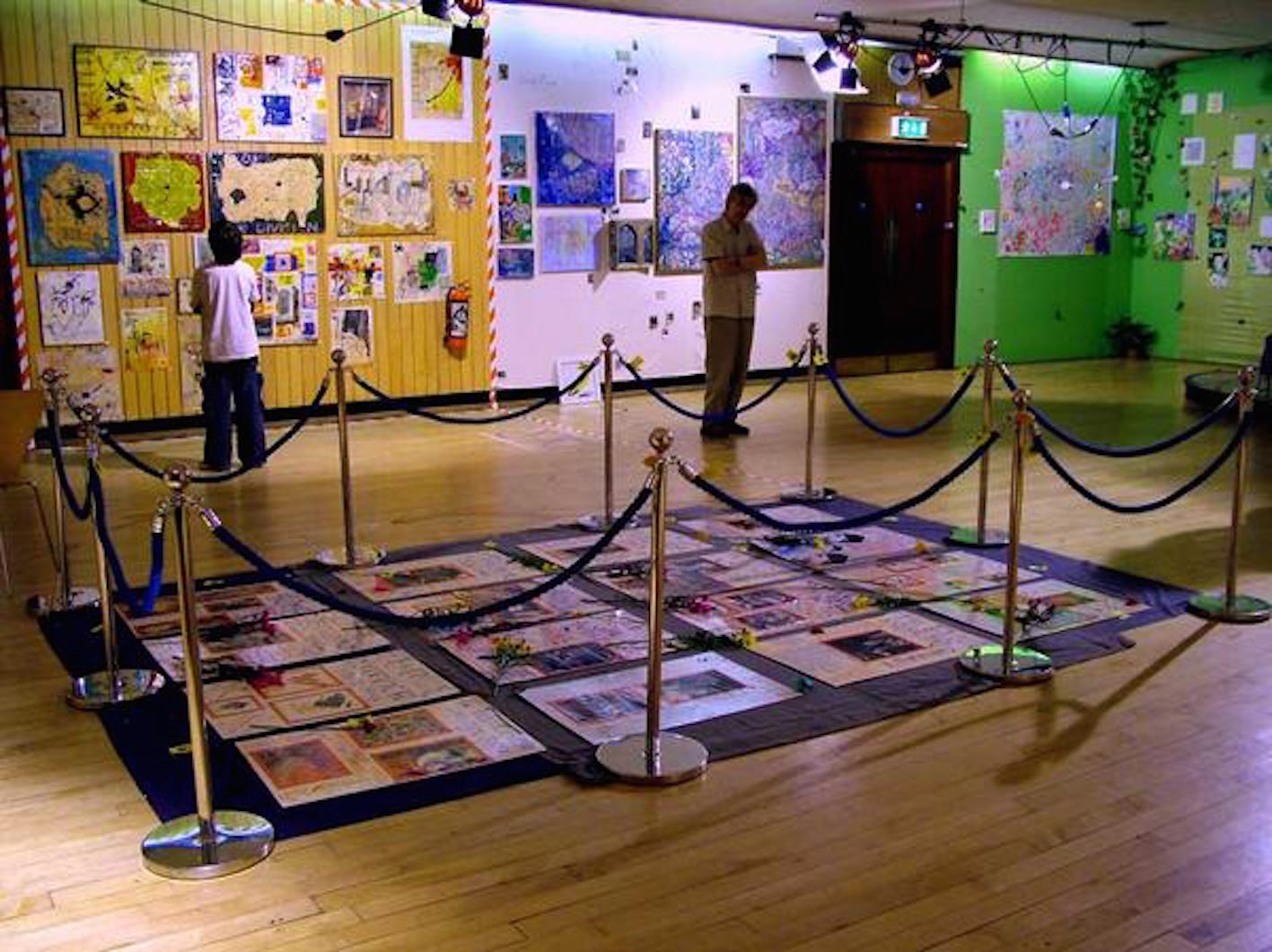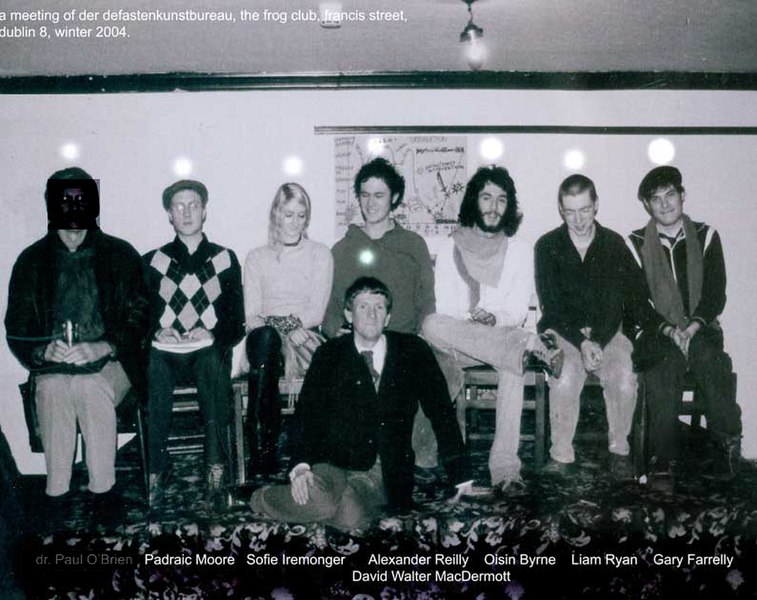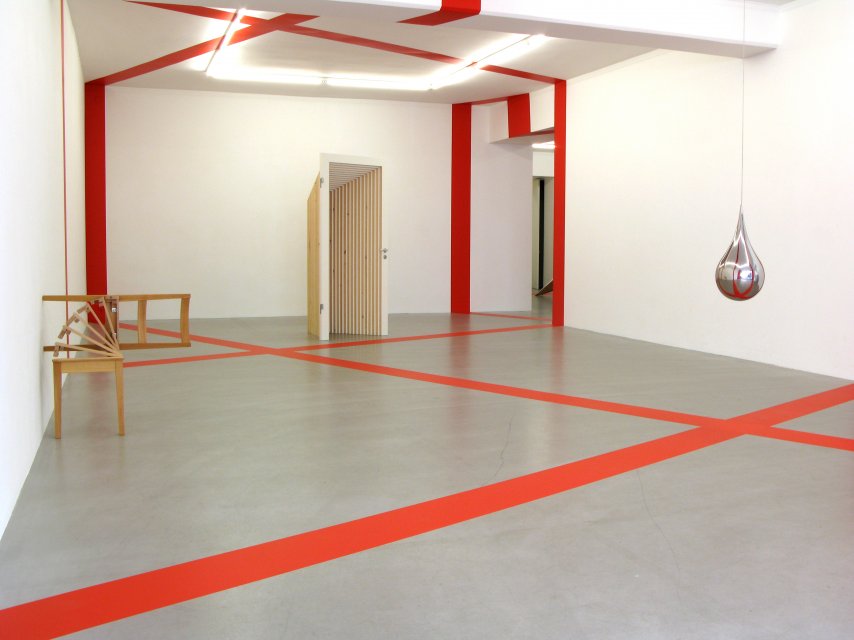Untitled (Dear Gunilla)
Dearest Gunilla
I do hope this finds you in good spirits. You’ve been in my thoughts since our paths crossed in June. Our conversation began as a matter of art and has led us into distinctly different realms. When last we spoke you mentioned you were in the midst of researching the geophysical energy that Dr. Manfred Curry claimed to have iden- tified in the middle of the last century. As I’m sure you recall from our earlier discussions, I share your interest in what we might term the mystery of subtle earth energy. Despite having encountered webs of dubious and contradictory material on this subject, I have never doubted the fact of the existence of these energies. In actuality, my mistrust of recent research into this field compels me to investi- gate instead how insights into the phenomenon exist – in a variety of permutations – in the historical fabric of countless cultures.
If I recall correctly, your intention is to make visible those invisible energy lines (that have been detected through dowsing) by actually demarcating them upon the surfaces of the gallery interior. Your use of the grid in this project is without doubt the most original and vital I have encountered in the work of any contemporary artist. To my mind, the grid underscores the conflict between intellect and intuition that has hindered the development of our society for aeons. It also highlights an often overlooked fact: that many of those artists working within the Modernist project re- turned to the grid repeatedly not simply because of its visual potency but because it is an archetypal structure that – as Rosalind Krauss noted – contains the two rival poles of rational science and mystic transcendentalism.
Although there are of course fundamental differences between your practices, I remain fascinated by the coincidental connection between your work and that of Emma Kunz – who I mentioned to you during our first encounter – that pioneering artist/researcher who combined her aptitude for identifying and interpreting subtle energy fields with her ability to produce visually stimulating compositions. I wonder if, perhaps, the instinctual sensitivities Kunz seems to have possessed were once accessible to much greater numbers. Do you believe it possible that there once was a time when certain modes of sensory perception and intuitive sensitivity were cultivated and refined in the same manner that intellect and logical reasoning are taught today? It seems quite feasible to me that, in distant epochs, those who possessed an instinctual ability to perceive a constellation of vibrations and energies were central to society and were revered and relied upon for their specialised skill. Perhaps understandably, figures in the contemporary milieu who devote themselves to researching such phenomena are neither revered nor respected. Indeed, in the present time those who choose to set themselves the challenge of interrogating – or simply ignoring – the accepted conventions of modern scientific dogma almost in- variably encounter derision and suspicion. I may be mistaken, but I presume that the theories and methodologies proposed by Curry (and his contemporary Dr. Hartmann) that you have been researching are more often than not dismissed as implausible and delusional before being properly assessed?
While my investigation into the work of these aforementioned individuals has only just begun, I’ve invested significant periods of time over the years expanding my knowledge of the phenomena of ley lines, which – I believe – belong in the same spectrum of phenomenon as the energy grids to which Hartmann and Curry gave their names. I suppose this interest was sparked some time in my early teens when I was privileged to have been introduced to enchanting remnants of ancient Irish civilisations. Living on this little island, one is almost never very far from these physical remains – which have become integral to the landscape and which invoke in many an awe-inspired and often superstitious respect, but in most a disinterested and indeed destructive ignorance. a palpable aura is said to be attached to these sites and structures by those with intuitive insights who strive to protect and in some cases reactivate the ancient edifices.
In not so distant times, these very sites of sacred significance were said to be connected by what were referred to as faery paths or spirit roads – thought to be the charged routes upon which the denizens of the spirit world travelled. although these paths were invisible, knowledge of their presence was widespread and disseminated down through generations, so that – even today – a fading awareness of these supernatural conduits may occasionally be found embedded within rural folklore. Possibly the earliest investigation into ley lines to take place in the modern era is the idiosyncratic study by Alfred Watkins, published in the 1920s in his book The Old Straight Track. I am certain you would find this book worth reading, not least because Watkins’ inquiry inadvertently lends credence to the suggestion that we are surrounded by a spectrum of phenom- ena once detected and comprehended by our antecedents but no longer available to our field of perception. While the findings of Watkins’ intensive fieldwork are not as radical as those emerging from Curry and Hartmann’s research, correspondences and similarities between some of the ideas triggered by their separate inquiries are curious.
As I have learned, the points of particular significance on Hartmann and Curry grids are the nodes where two lines intersect. I believe that, in many cases, it has been observed that these intersections of energy lines often correspond with the locations of sacred sites. If we accept the existence of these grids, and also accept the aforementioned systematic alignments, then we must give some consideration to the possibility that Neolithic architects were aware – or were made aware – of geophysical forces, and that they positioned dolmens, stone circles and other such megalithic structures accordingly. Whether or not commonalities in these parallel investigations suggest an important connection we cannot know. However, the fact that there would seem to be countless historical cases of individuals discovering the presence of contested phenomena suggests that we have alienated ourselves irrevocably from natural occurrences.
As always with these captivating but contentious issues, one must maintain perspective. While I am enthralled by the many theories relating to geophysical energy, I cannot deny that the repercussions of Curry and Hartmann’s claims possess a particularly disturbing aspect. Specifically, the notion of one’s being physically and mentally allergic to toxic negative energies emanating from beneath to cause discomfort and ill health is terrifying. For my part, I have chosen to gloss over this facet of geopathogenic phenomena somewhat, as I can well envisage the onslaught of an anxious obsession about Black Streams and Toxic Faults.above all else, I would be sure in stating that we may only begin to gain an under- standing of such phenomena by renouncing our dependence upon the seemingly infallible instruments of quantitative science. Our lack of developed understanding of these related phenomena is, in most cases, less to do with the poor quality of research and more to do with the dominance of a scientific methodology that discredits all that which does not conform to the rigid criteria of those narrowly “scientific” laws that have been embraced largely without question. I am reminded of the words of the great Baron von Reichenbach, whose assertion that “empiricism has ruled without invasion a vast domain of knowledge” seems somehow relevant to this letter.
I’ve already mentioned that I am certain that our antecedents possessed the ability to perceive a realm of vibration that the majority of us can only guess at in the present. However, I am also optimistic that there may exist a method by which our natural ability to detect vibrations may yet be restored. Although I cannot be sure if this sensitivity is heightened through study or whether it is a physical skill to which some are genetically predisposed, I delight in the prospect that – with determination and resolution – we can build upon what we do know. Perhaps through study and stimulating endeavours – such as your forthcoming exhibition – we may eventually begin to grasp the true extent of the impact of earth energies upon we humans. My belief that your work functions as a catalyst that coaxes one to conceive possibilities eclipsed by unexamined notions of real and rational is one of the reasons why my initial interest was sparked, and why I was compelled to initiate contact. This imminent exhibition will function as profound a gesture of geomancy while simultaneously existing as a corporeal event distinguished by a formal vocabulary situating it within the context of contemporary art. This duality is a vital element that introduces an array of fertile possibilities into how we think and, indeed, what we think.
Even without having had the opportunity to view the exhibition that is soon to be, I am truly captivated by one particular idea that has been sparked by your work on this endeavour. You are, I am sure, familiar with the idea that the powerful forces that charge sacred locations may be affected by the gathering of congregations and mystical meetings. Perhaps, then, if we someday can confirm the presence of these grids and develop an understanding of their properties in relation to our own capabilities, we will eventually learn to disseminate vital energy through these lines. The fact that neurons pass between our synapses to produce a slight electrical current that in turn produces a magnetic field is widely known. Despite the microscopic scale of this field there are, at any given time, thousands and thousands of synapses firing neurons in the brain. Perhaps, through the cultivation of a particular state of mind, one can reverse the usual process of outer stimuli from nature being sent from without to within, and instead reverse the stream so that stimuli may be sent from within to without, manifest- ing in a vital energy. This, indeed, is a thought worth dwelling upon – as is the rather optimistic idea that, through certain procedures of positive investment, detrimental negative vibrations may be transformed into those that are beneficial.
Whether or not these fantastical ideas can become a reality remains to be seen. Regardless, we must now strengthen our understanding of the power of thought that has been weakened in the process termed evolution. Since I permit my rational mind to be overruled by my fertile imagination, I appreciate that my musings may seem somewhat fantastical and naïve. It seems to me, however, that it is preferable to eschew incredulity and view the material world through a lens of enchantment. In our hyper-modern milieu, so-called logic substantiates and explains the systems and surrounding us and dictates how we lead our lives. In the face of this, it is inspiriting to have connected with you, and to have expanded the circle of individuals in my acquaintance who recognise that the widespread dependence upon accepted, legitimised and so-called “logical” methodologies is a unreserved rejection and dismissal of innumerable alternatives.
It is wonderful to have found another who holds precious the contemplation of the possibilities of the superphysical world. I do look forward to continuing this conversation in the not too distant future!
Yours affectionately,
Pádraic E. Moore
